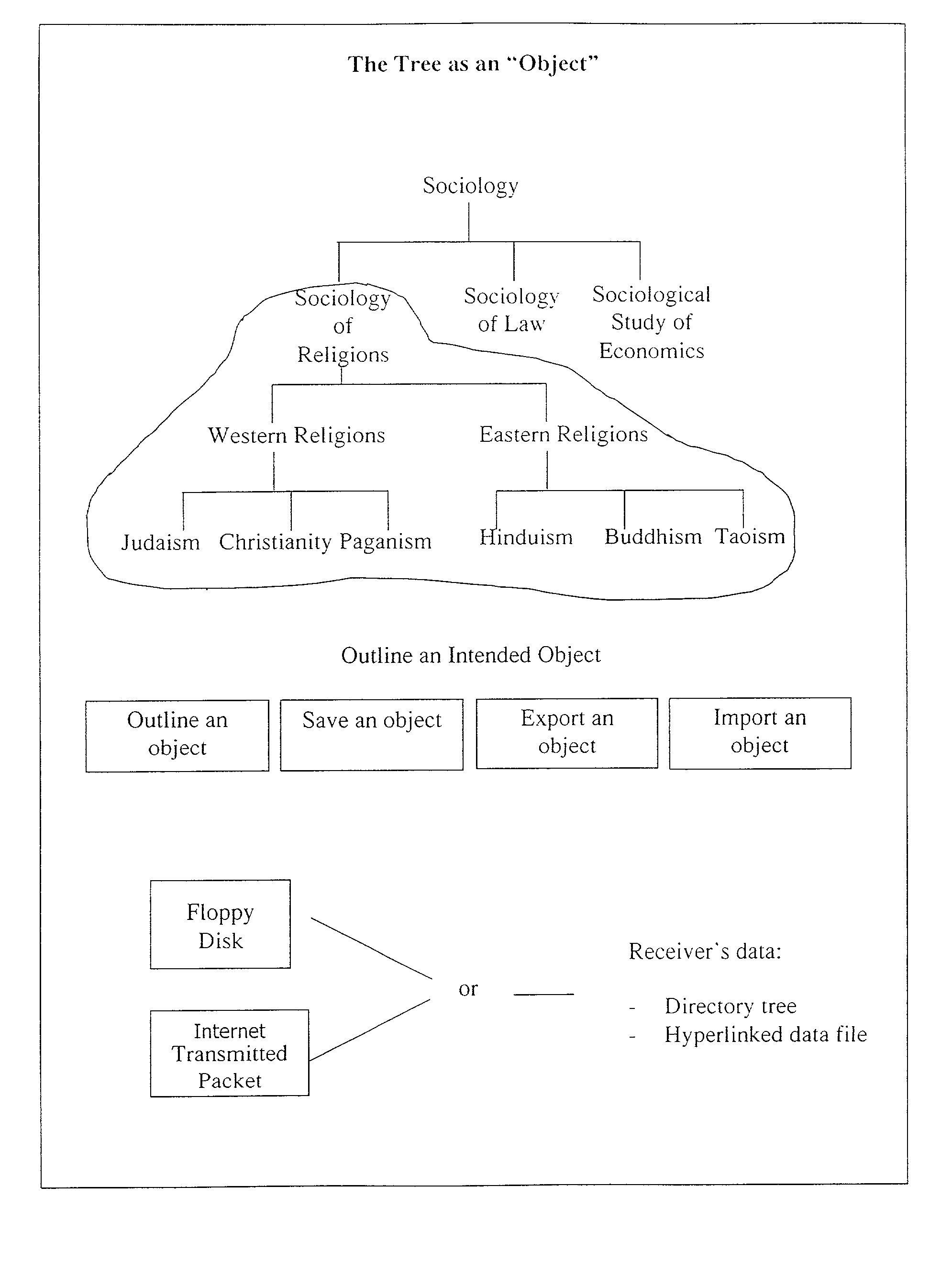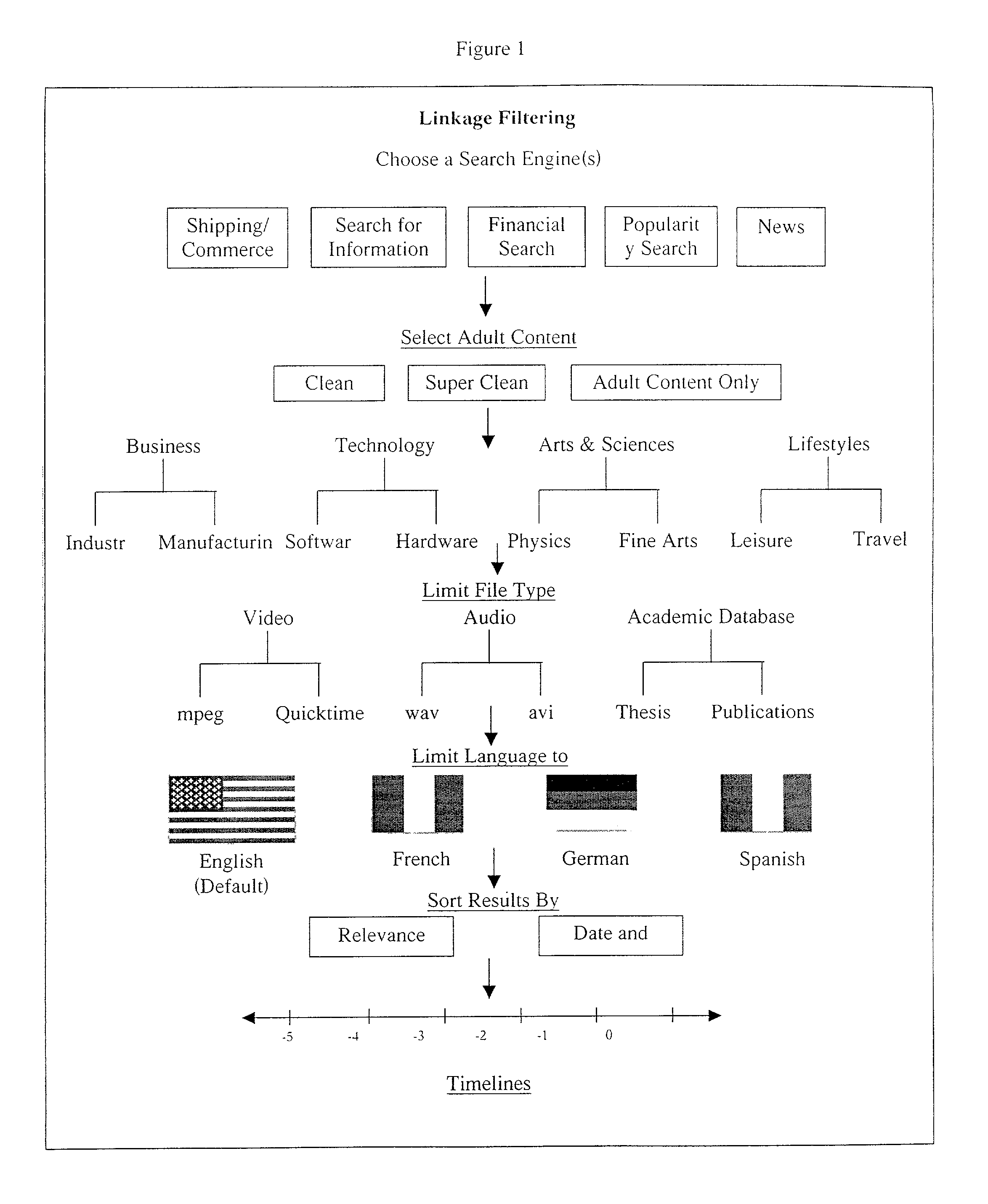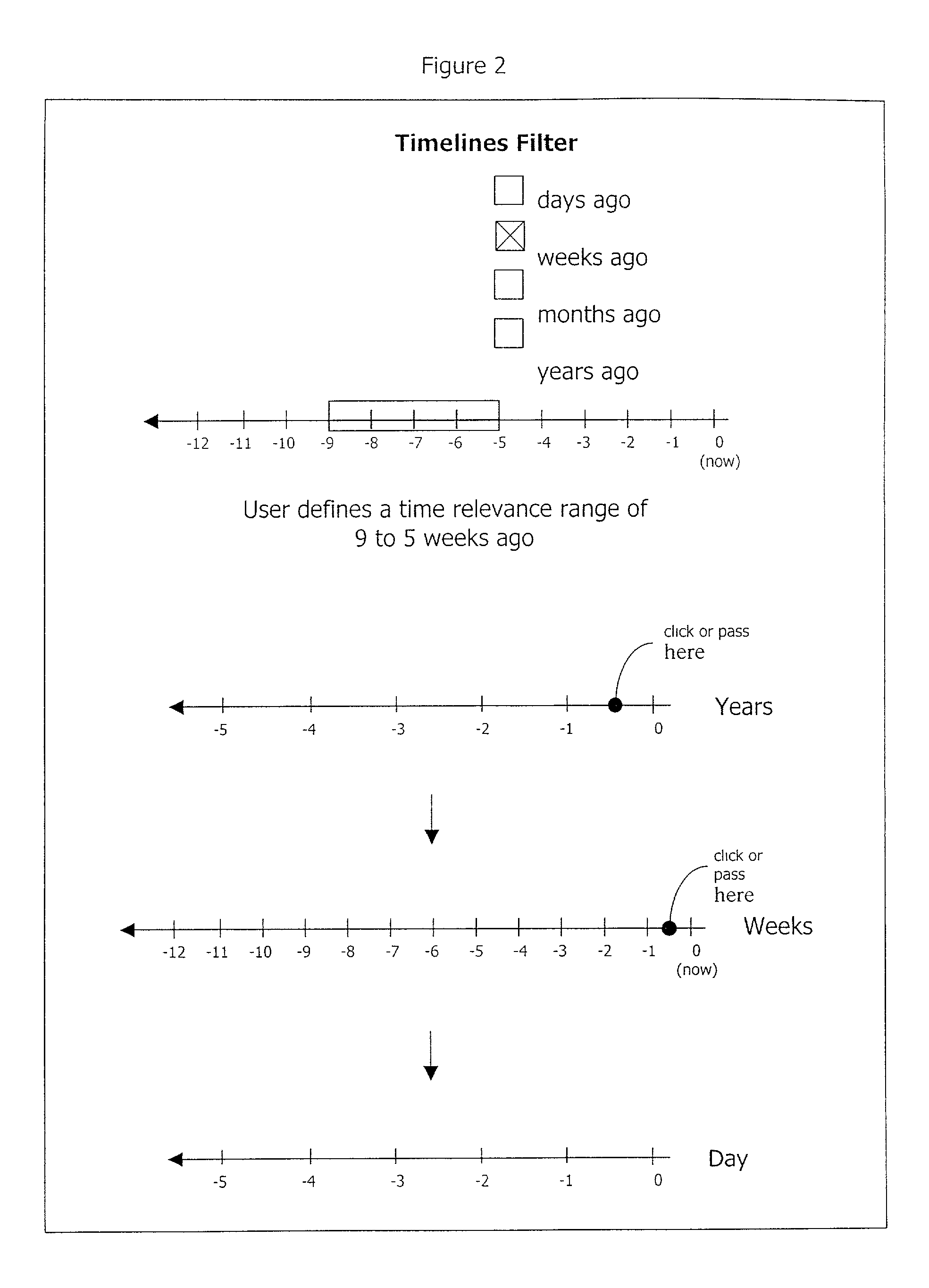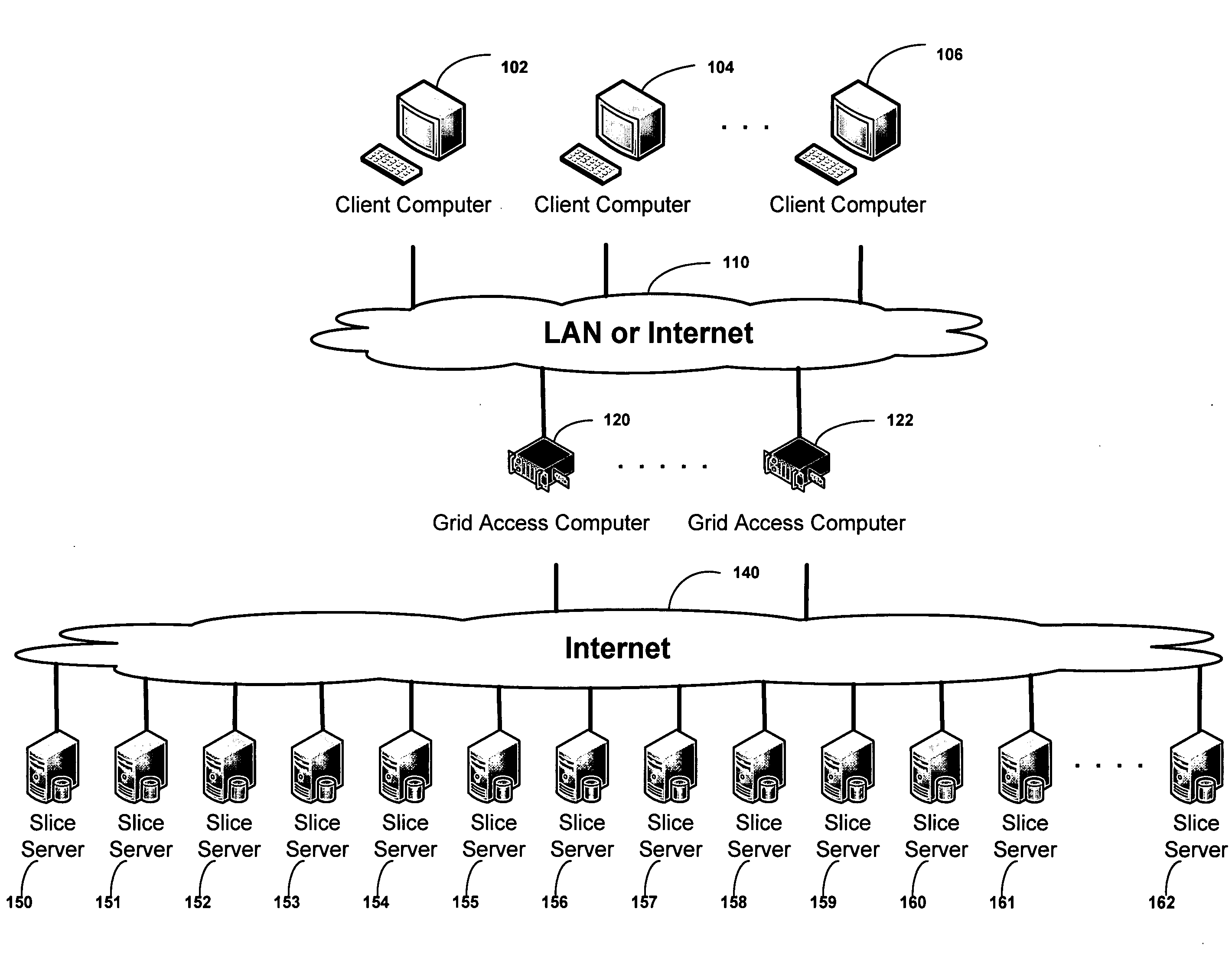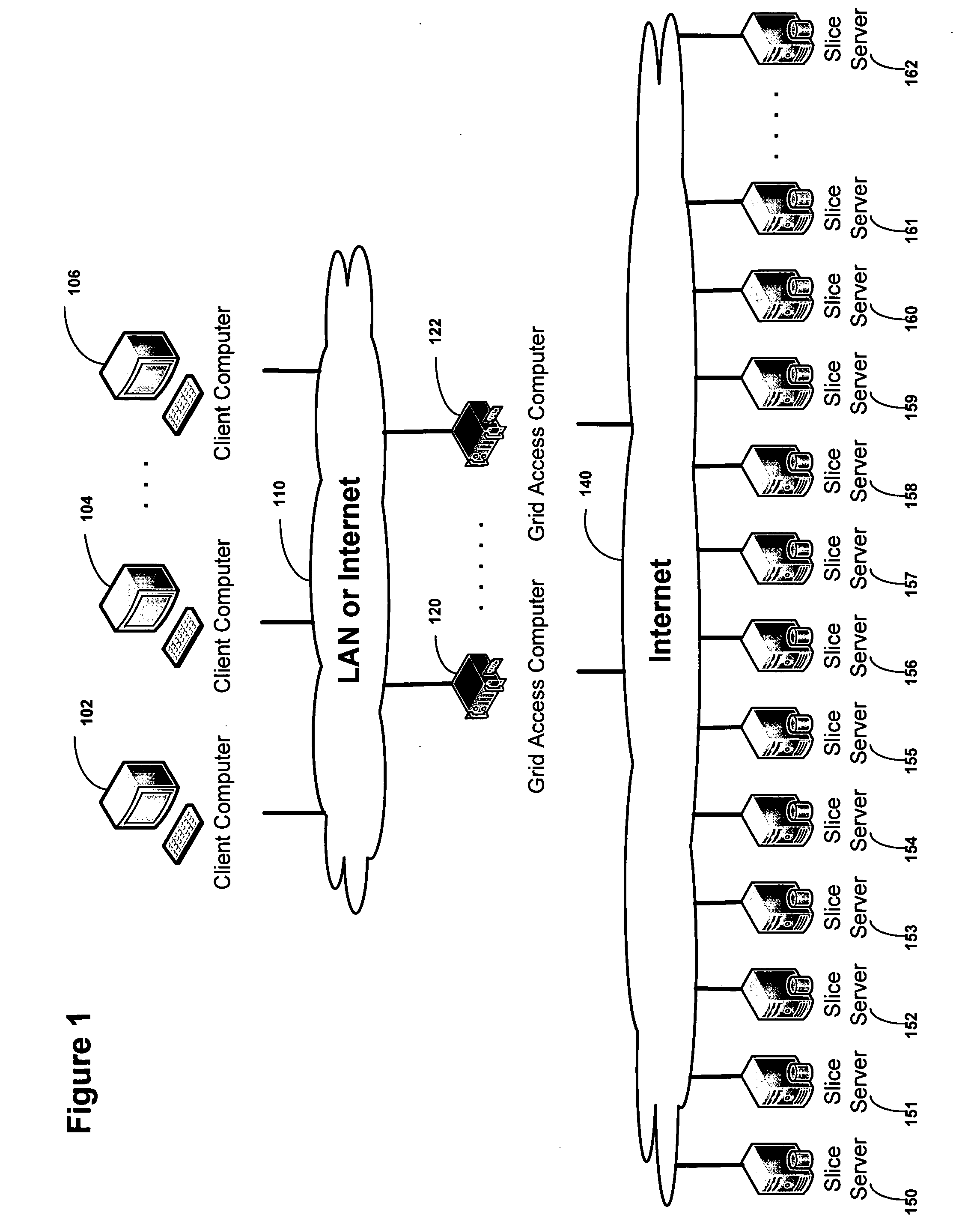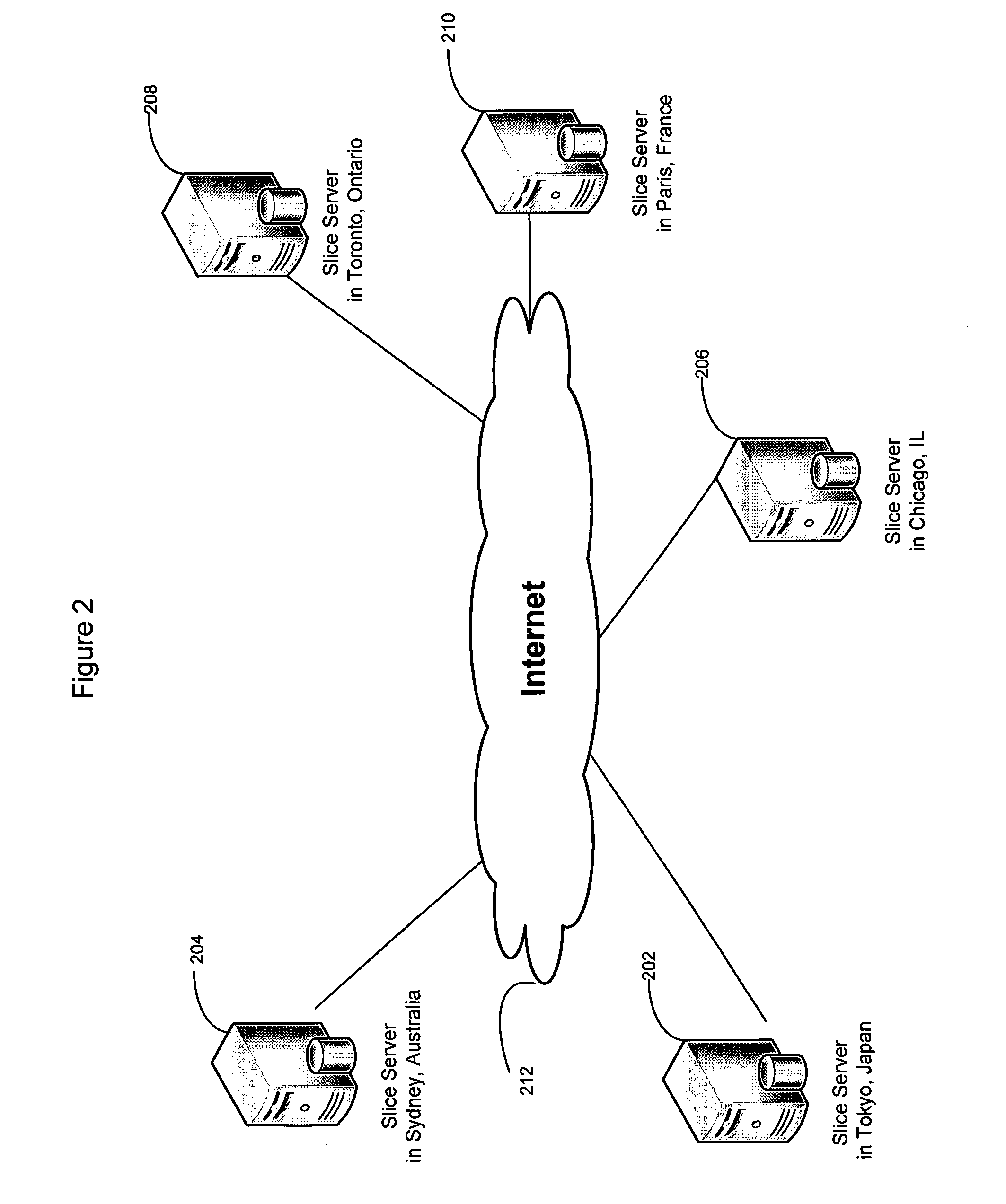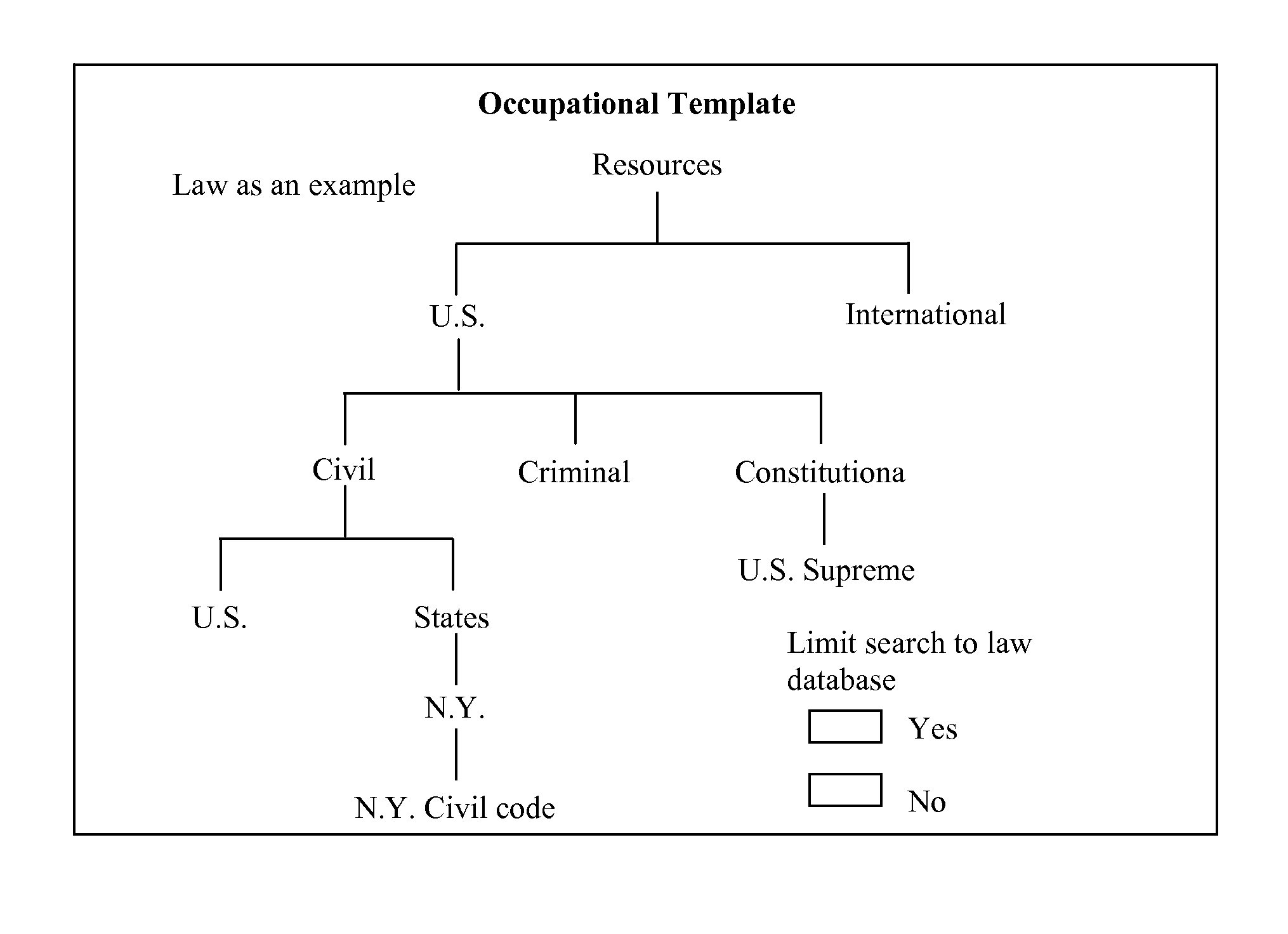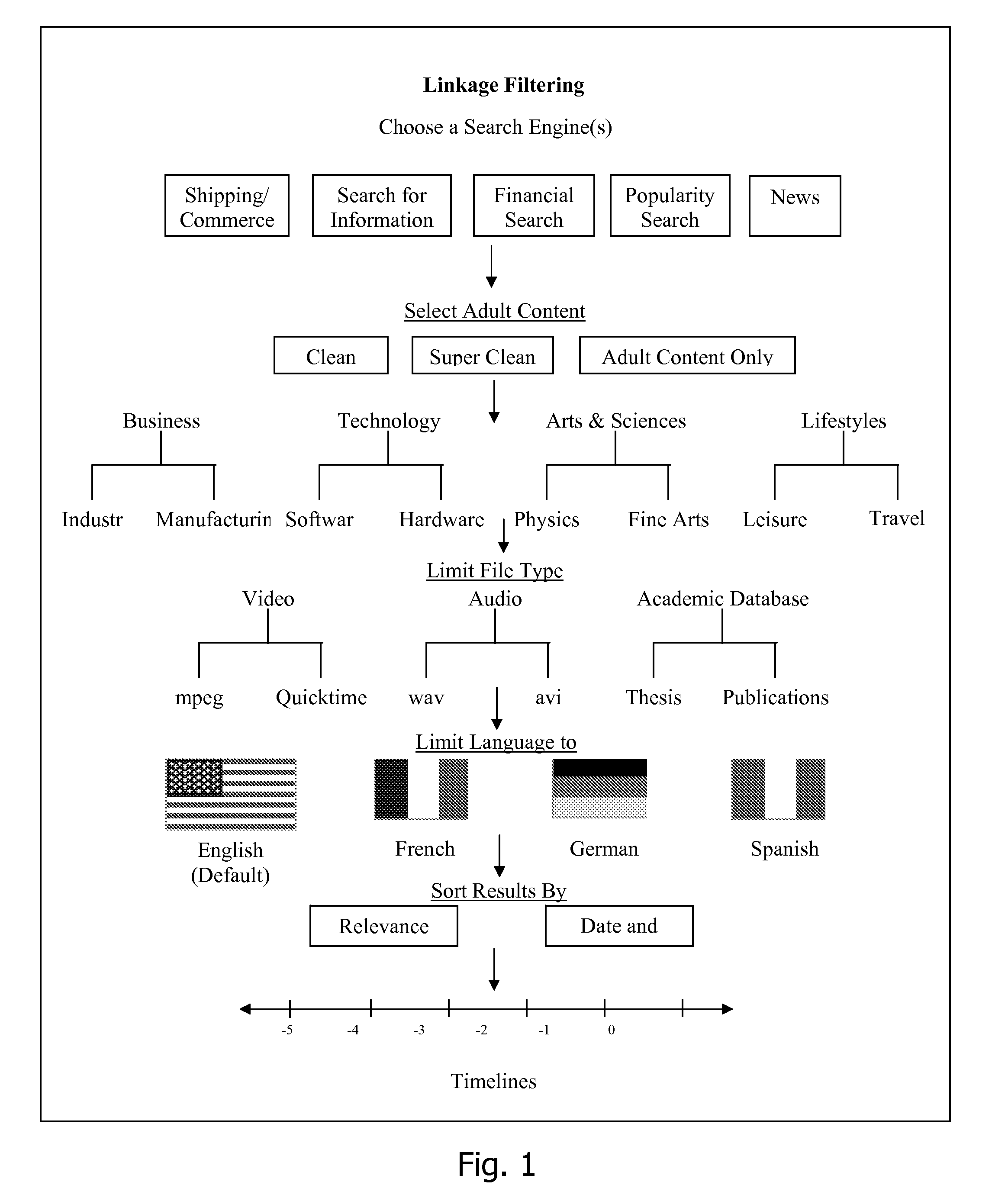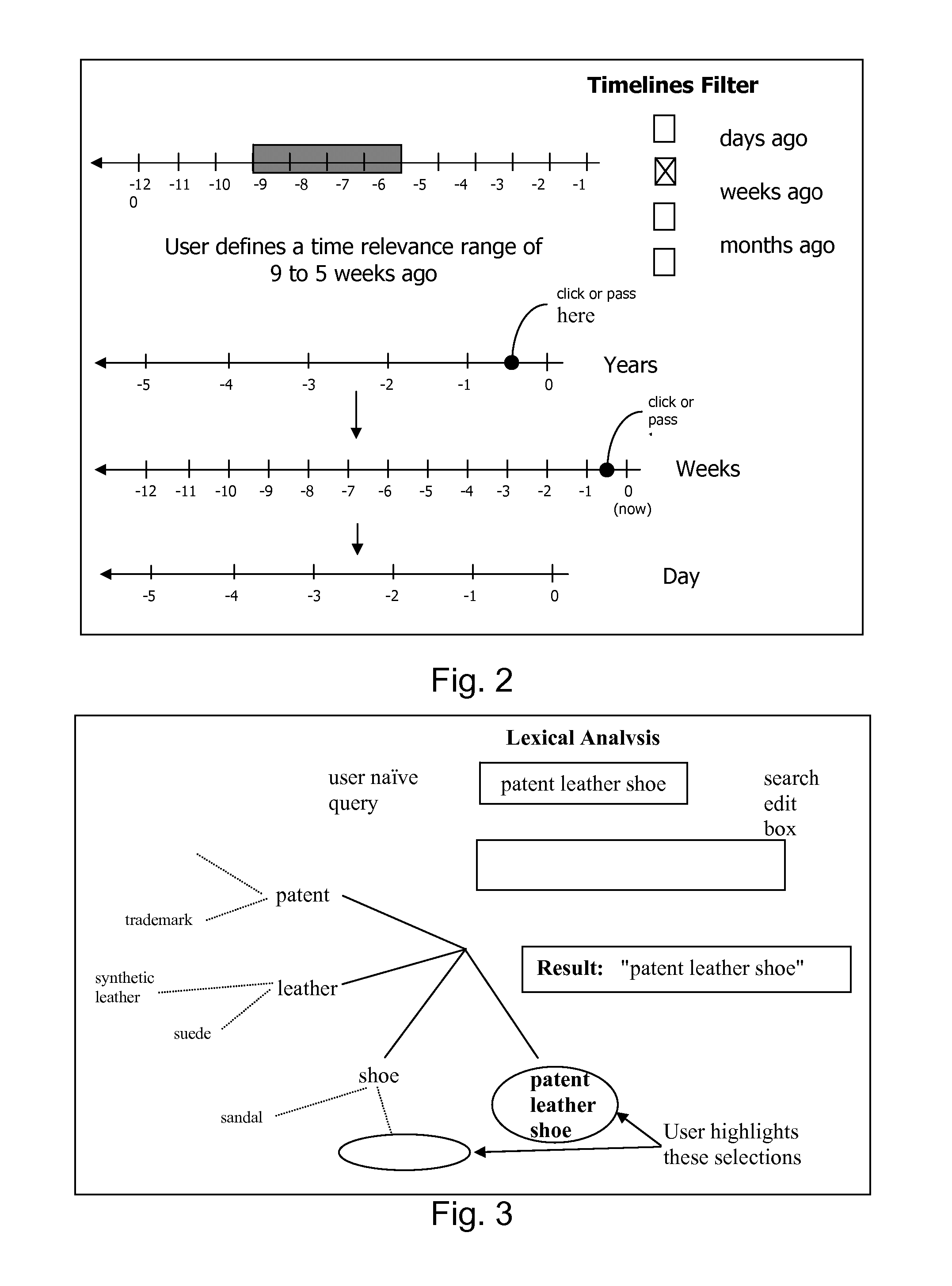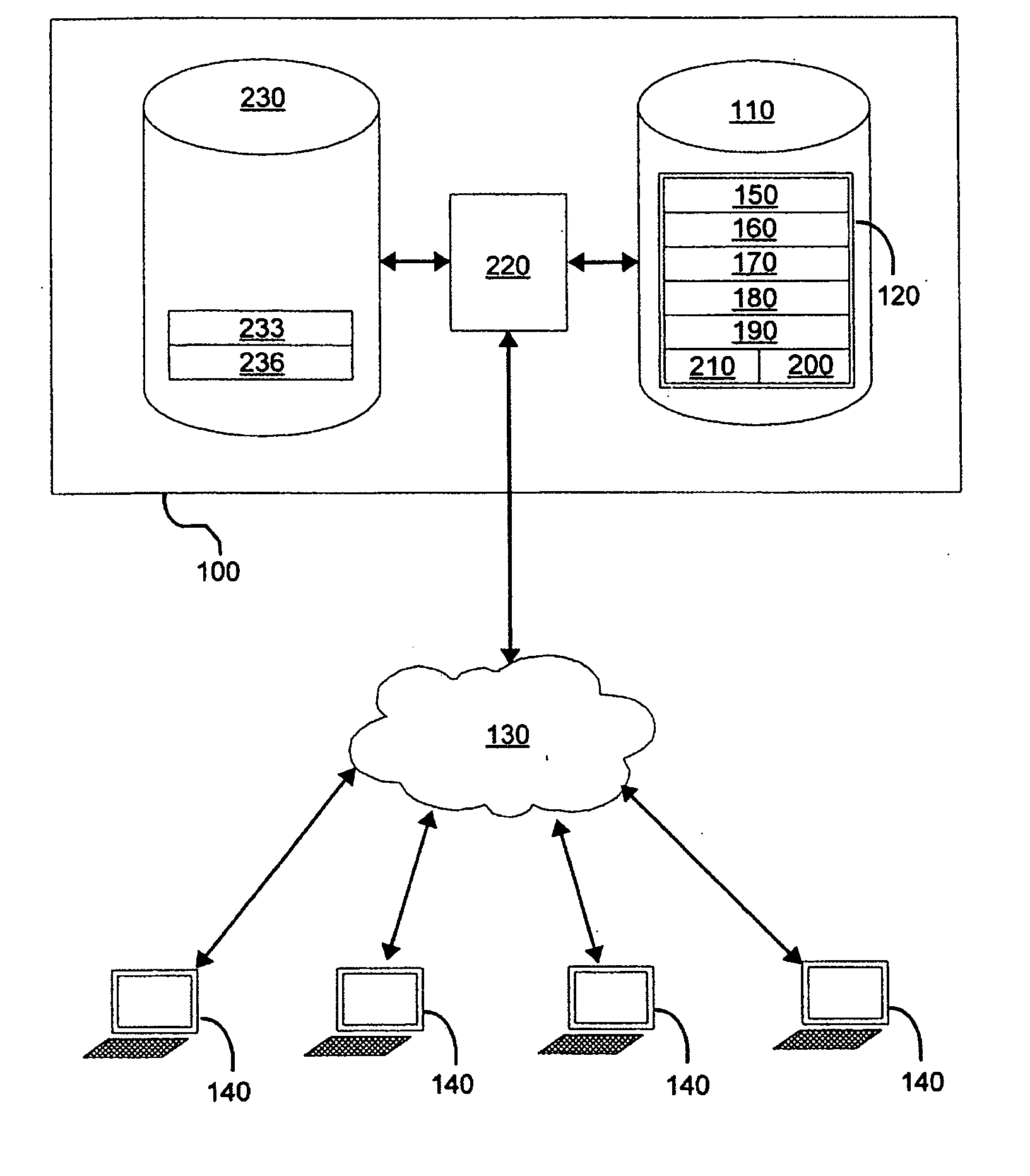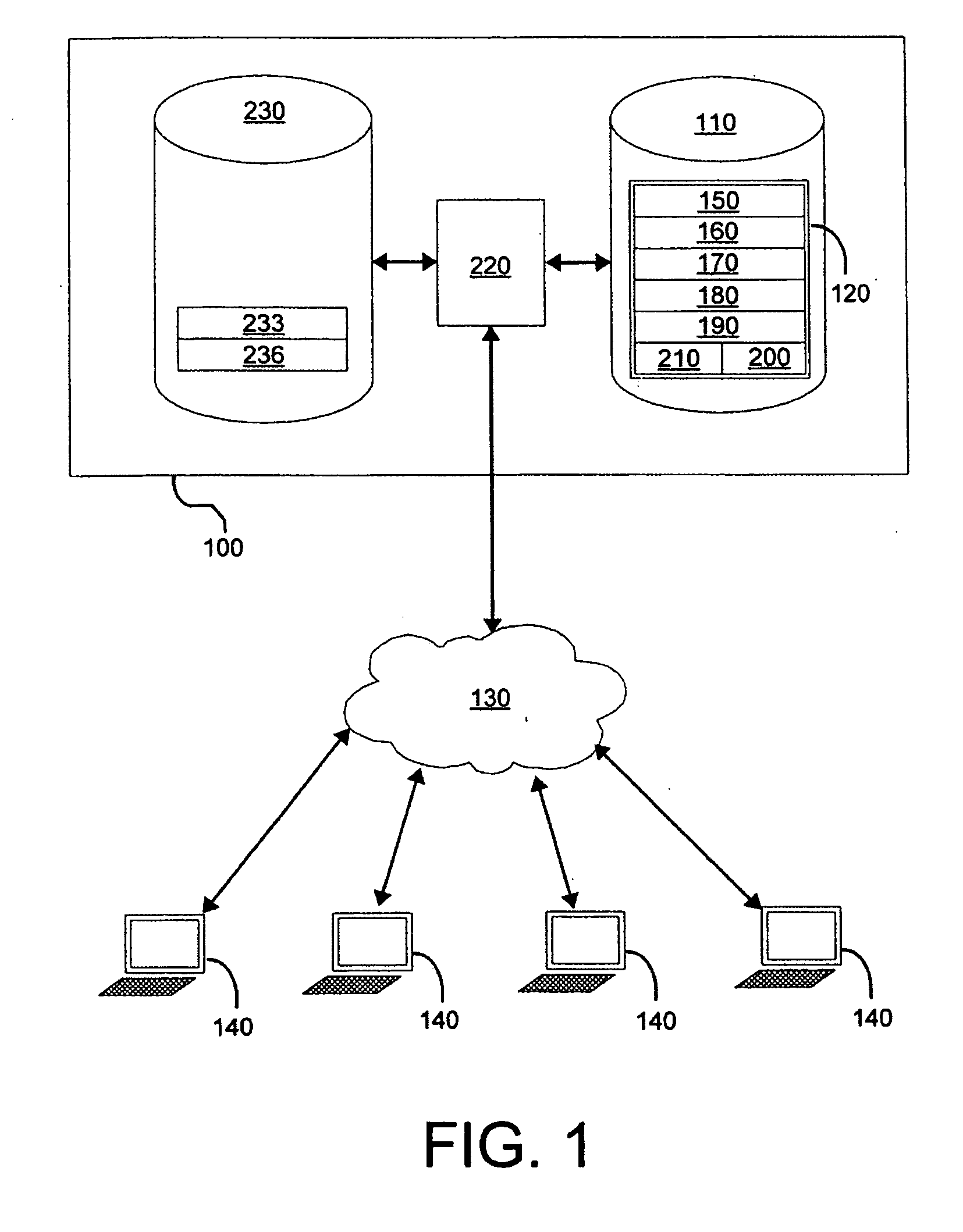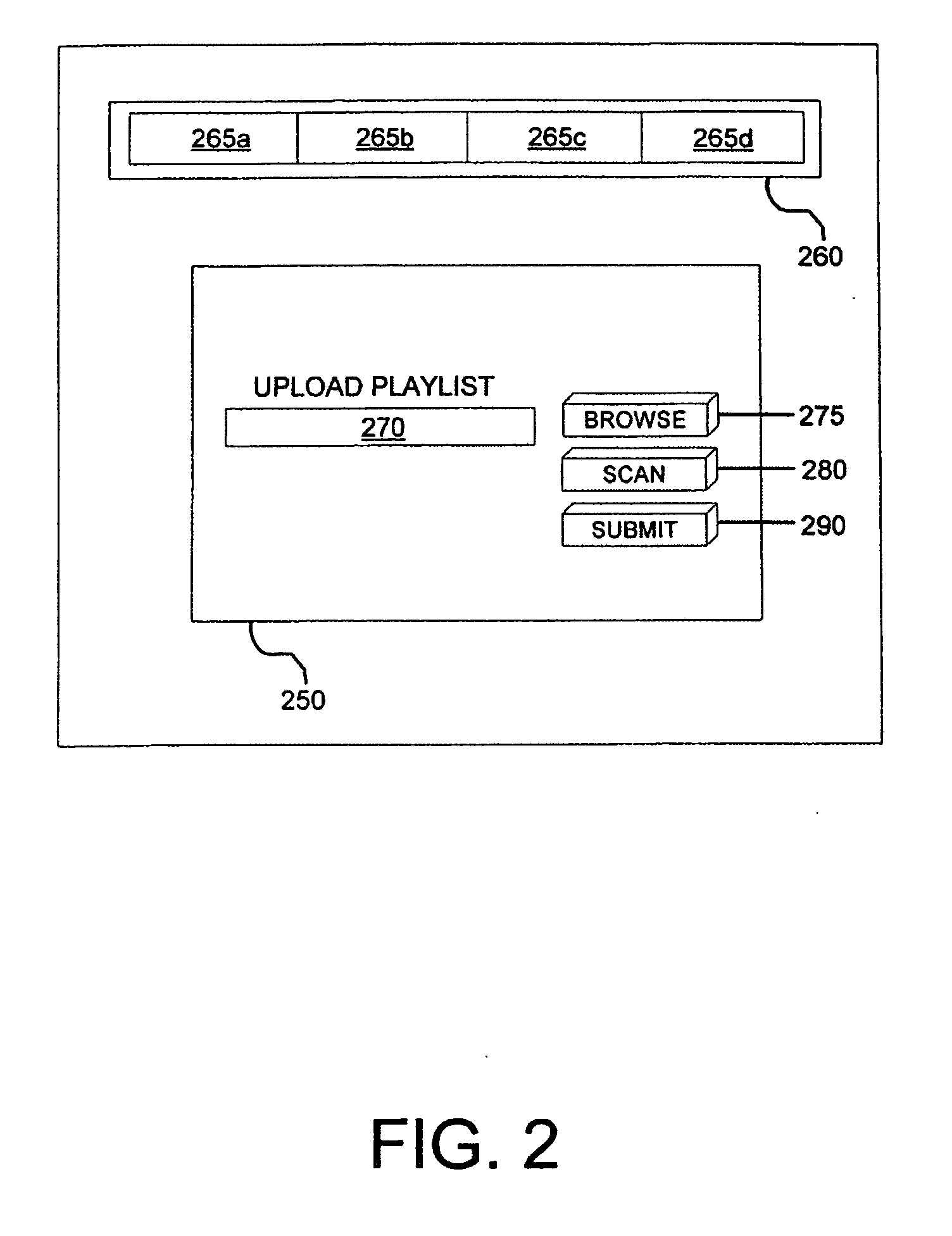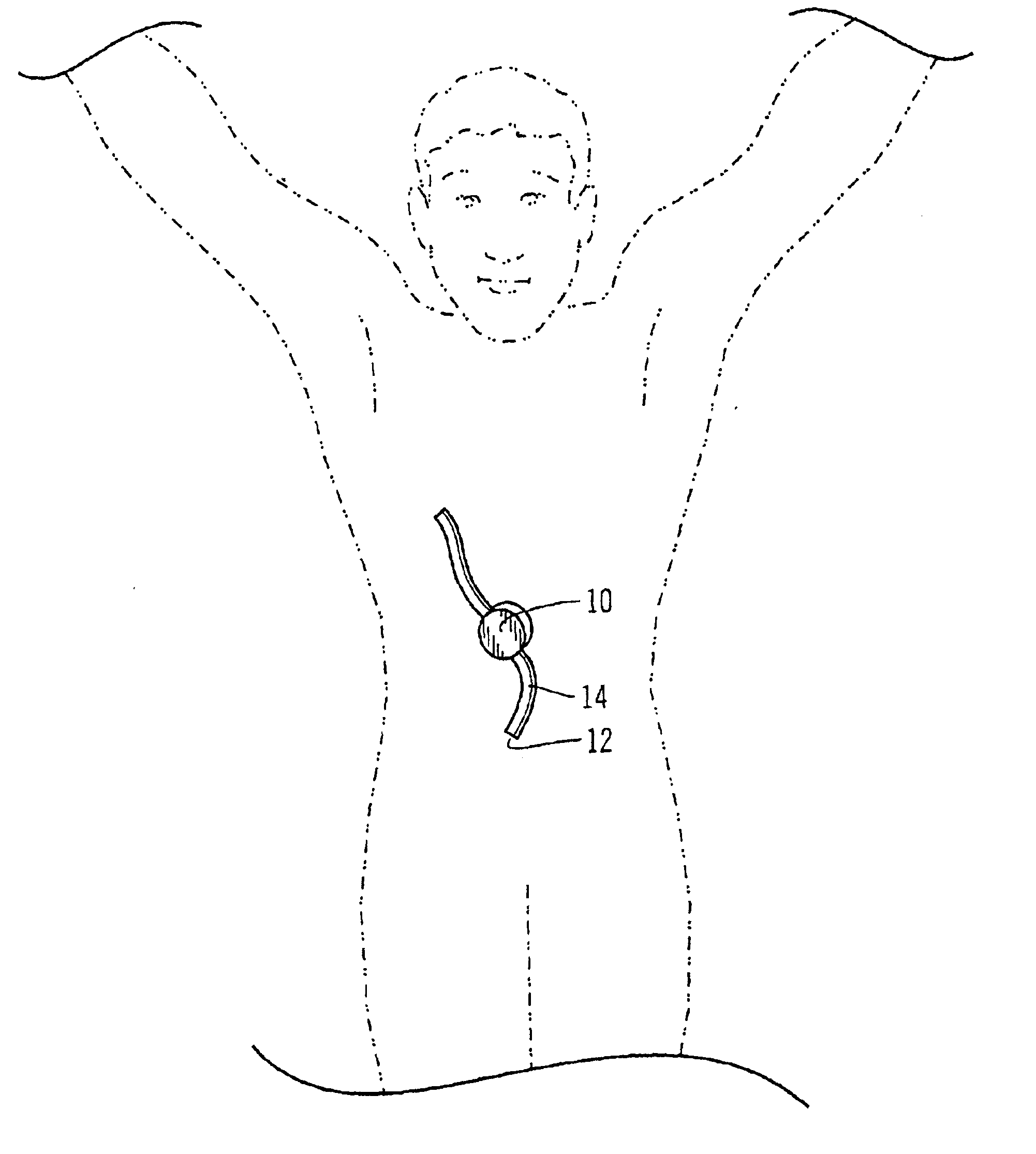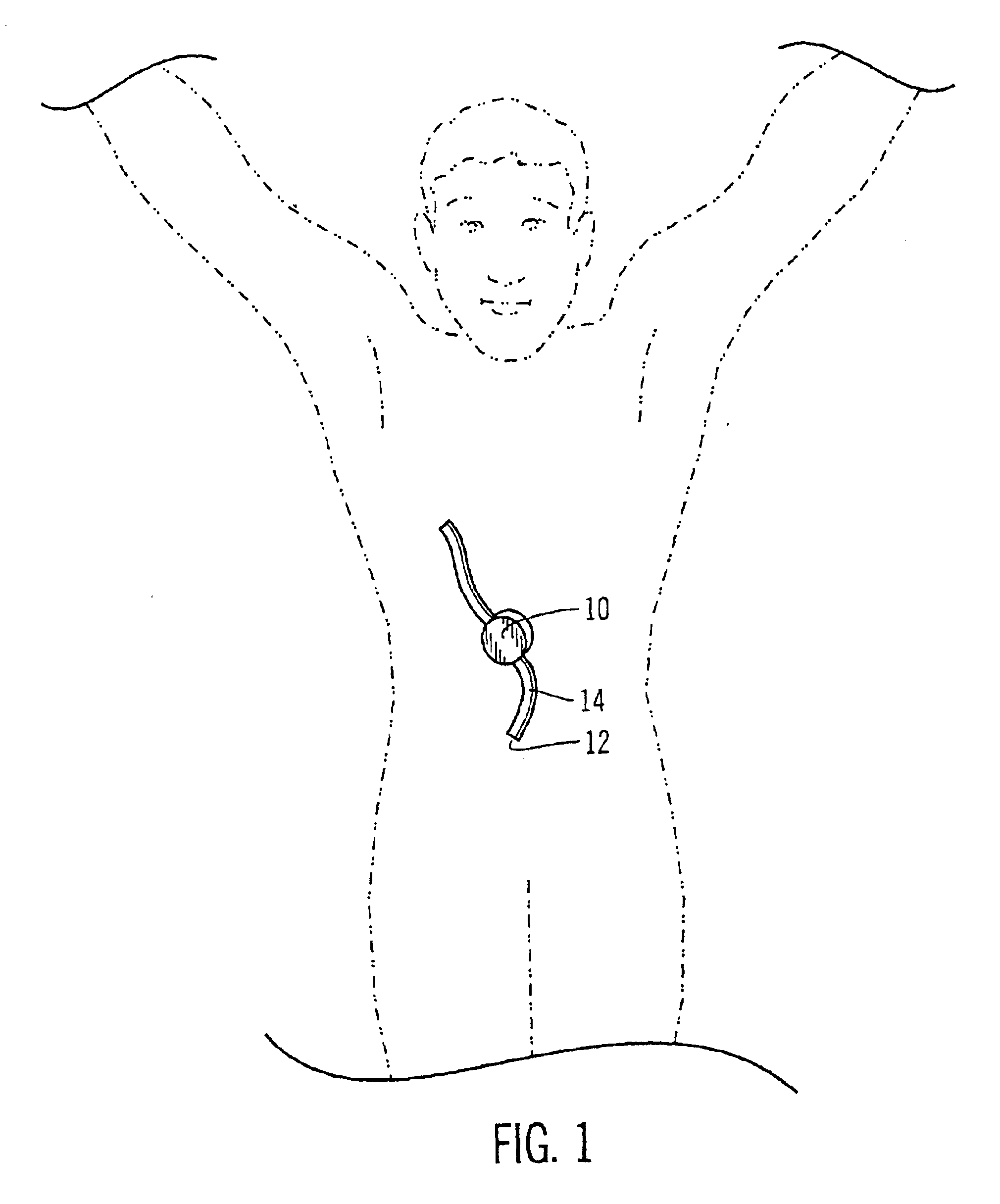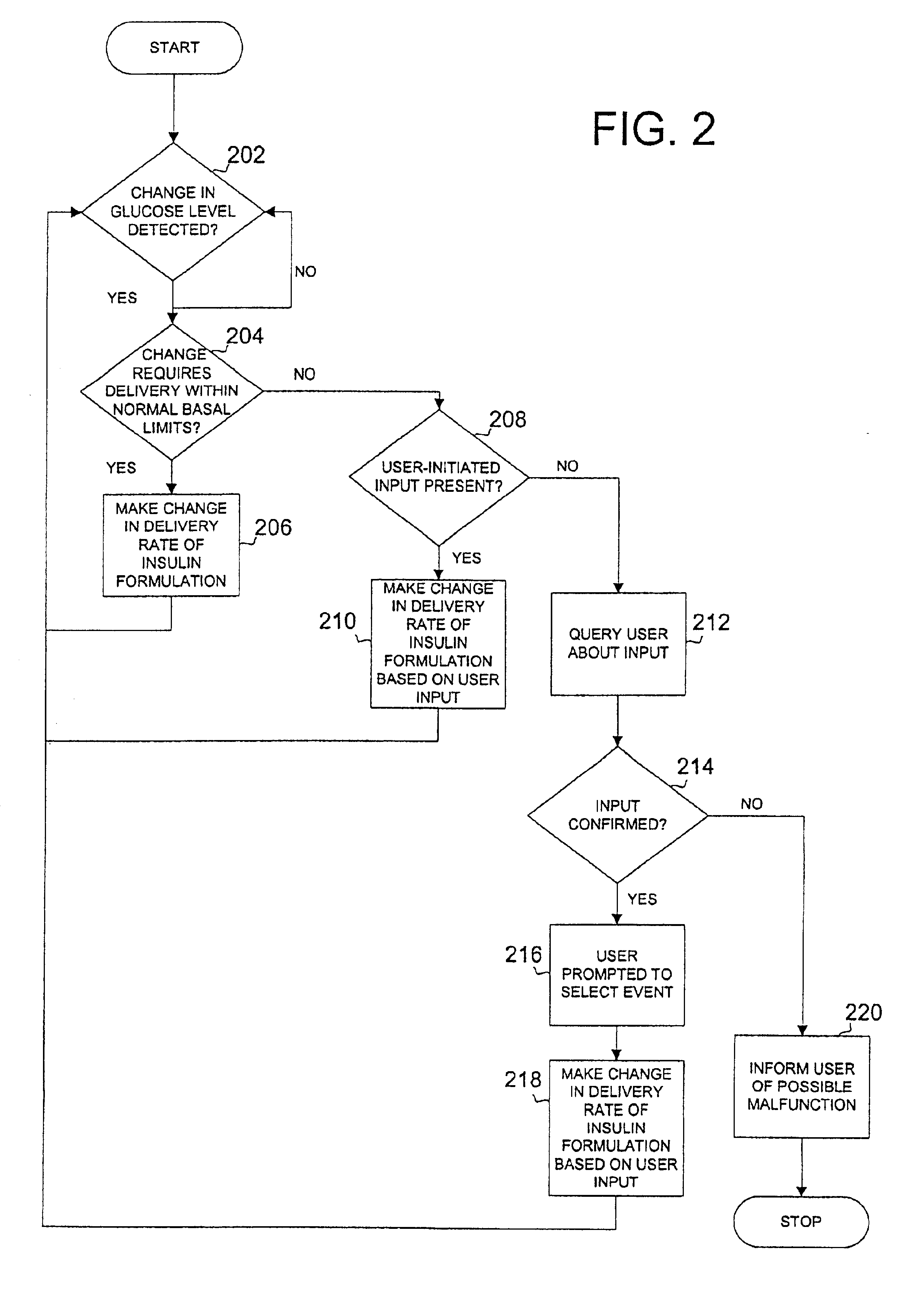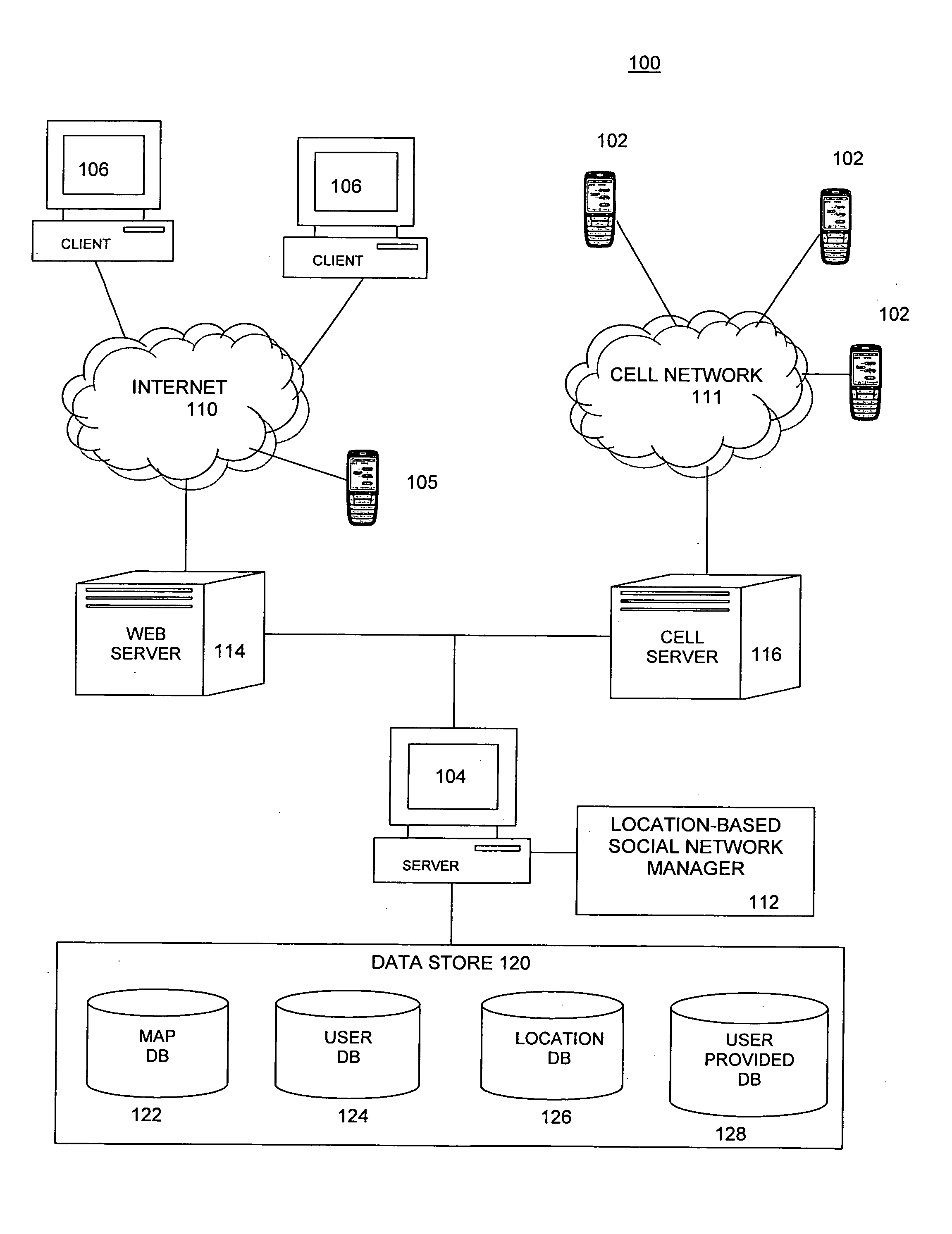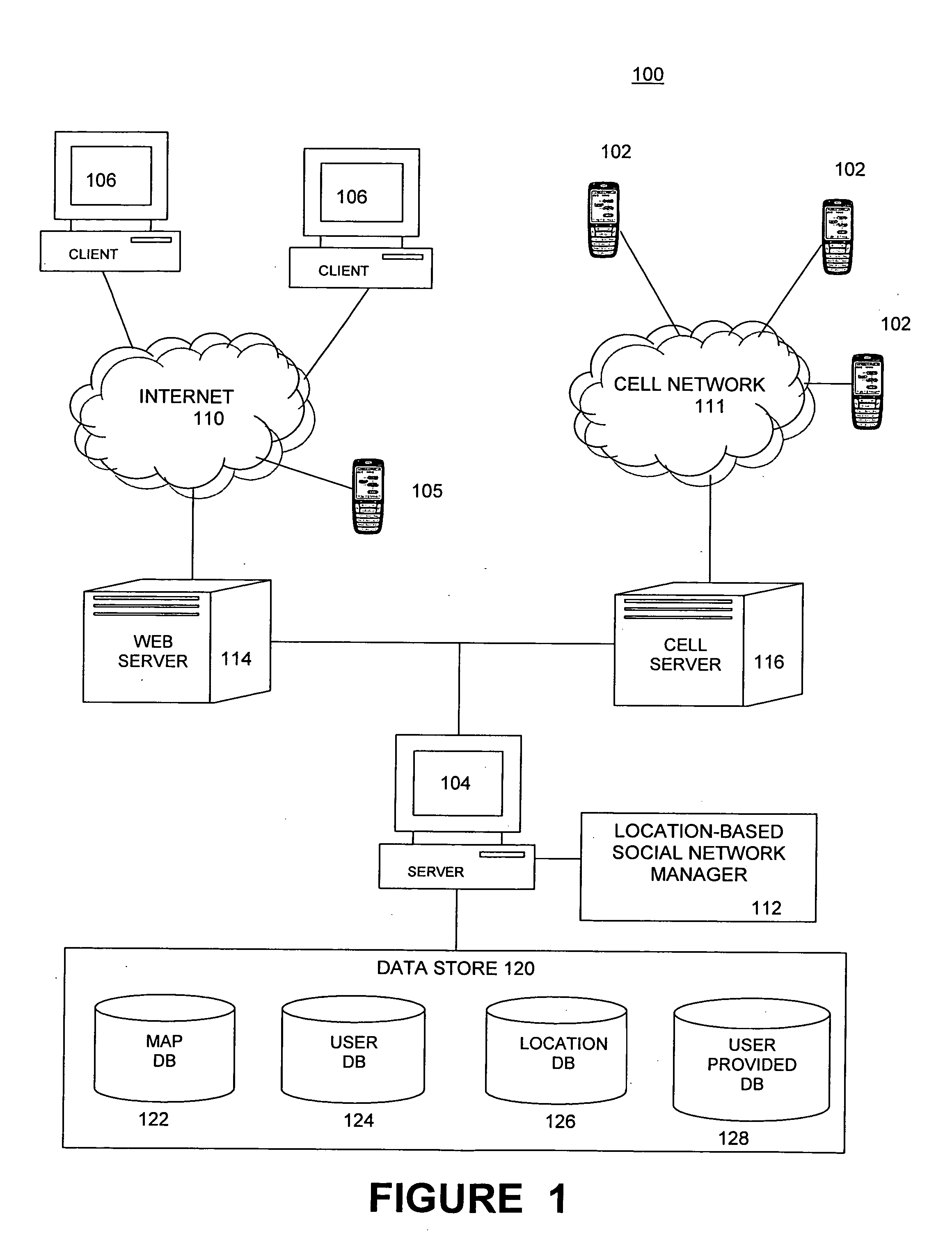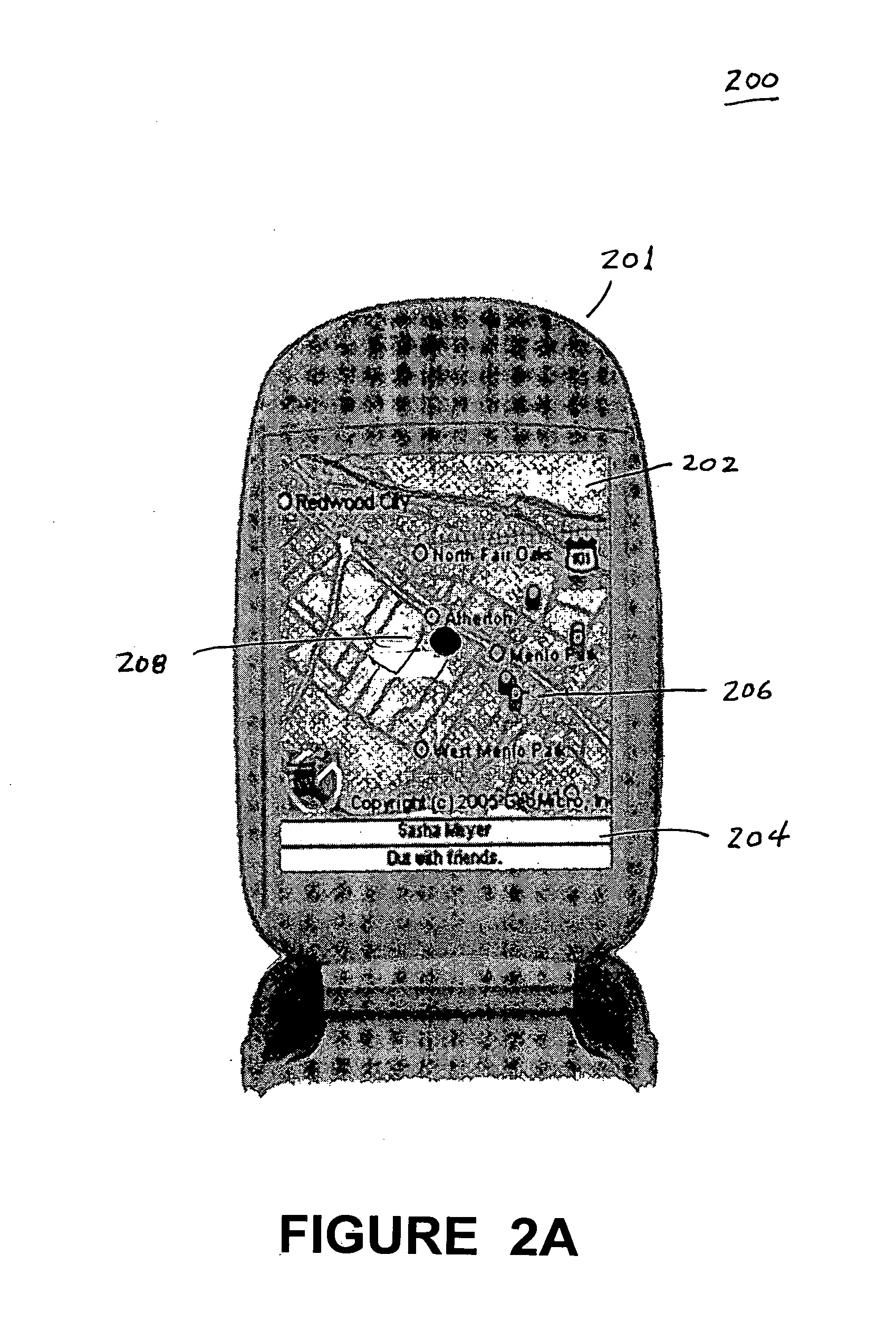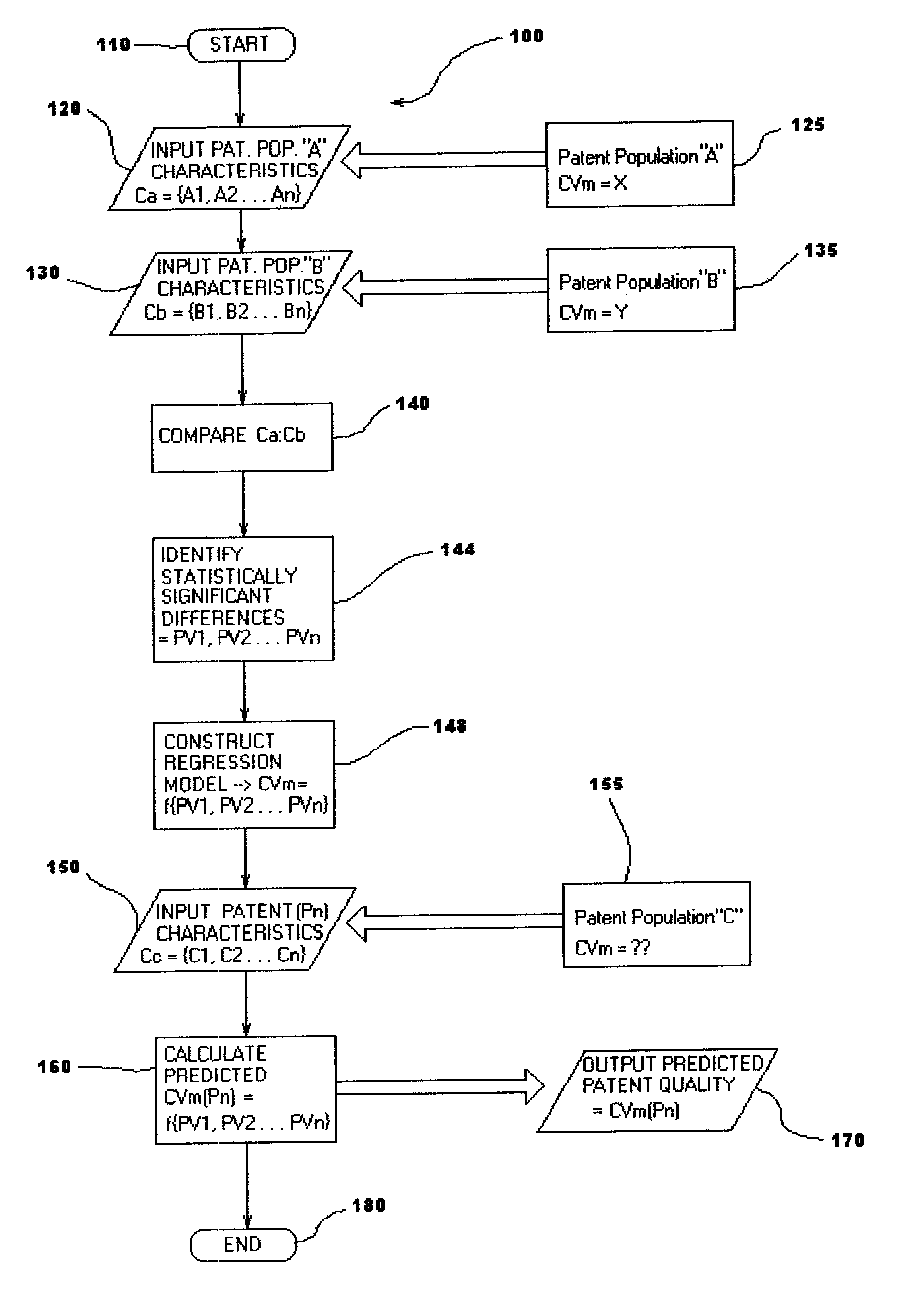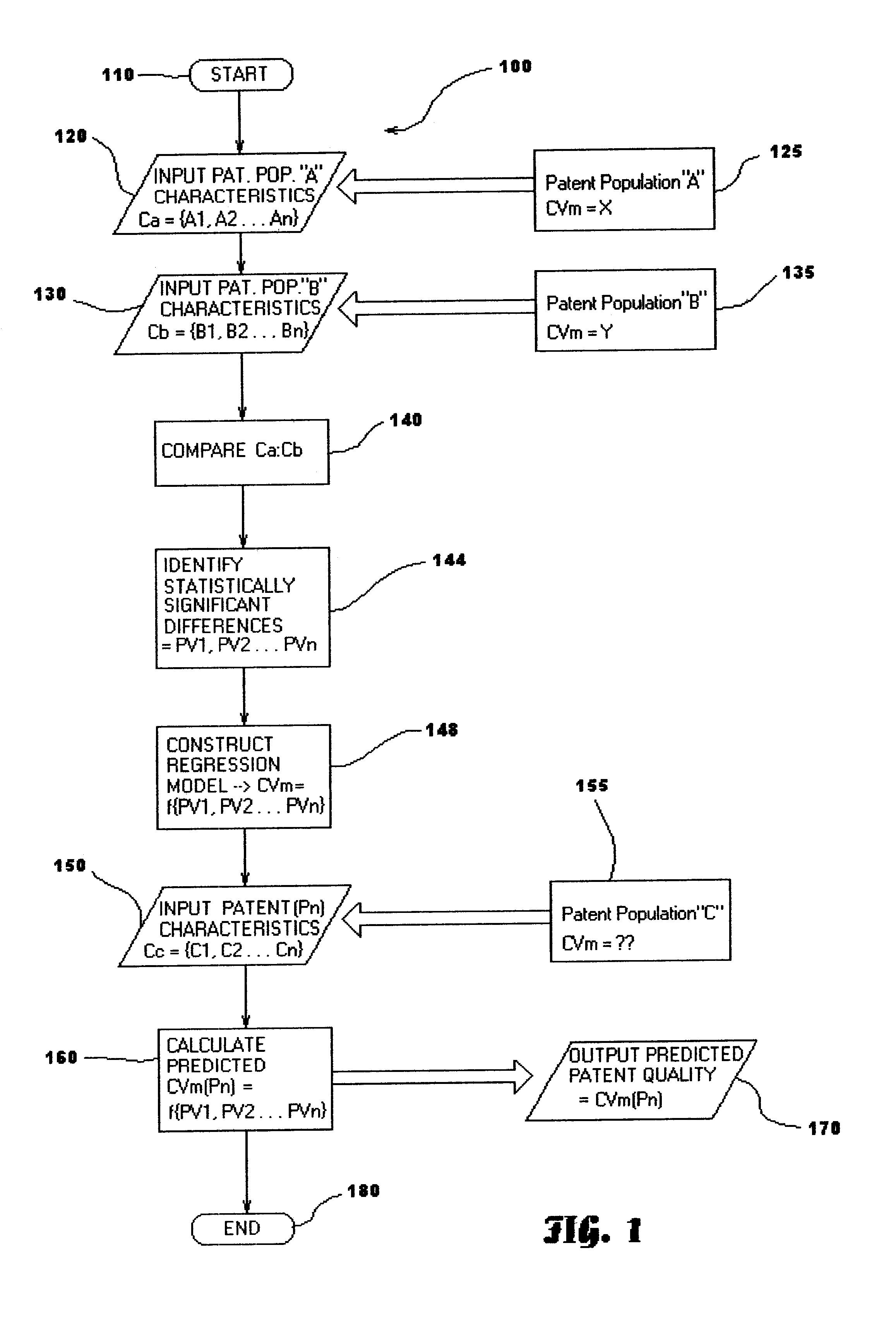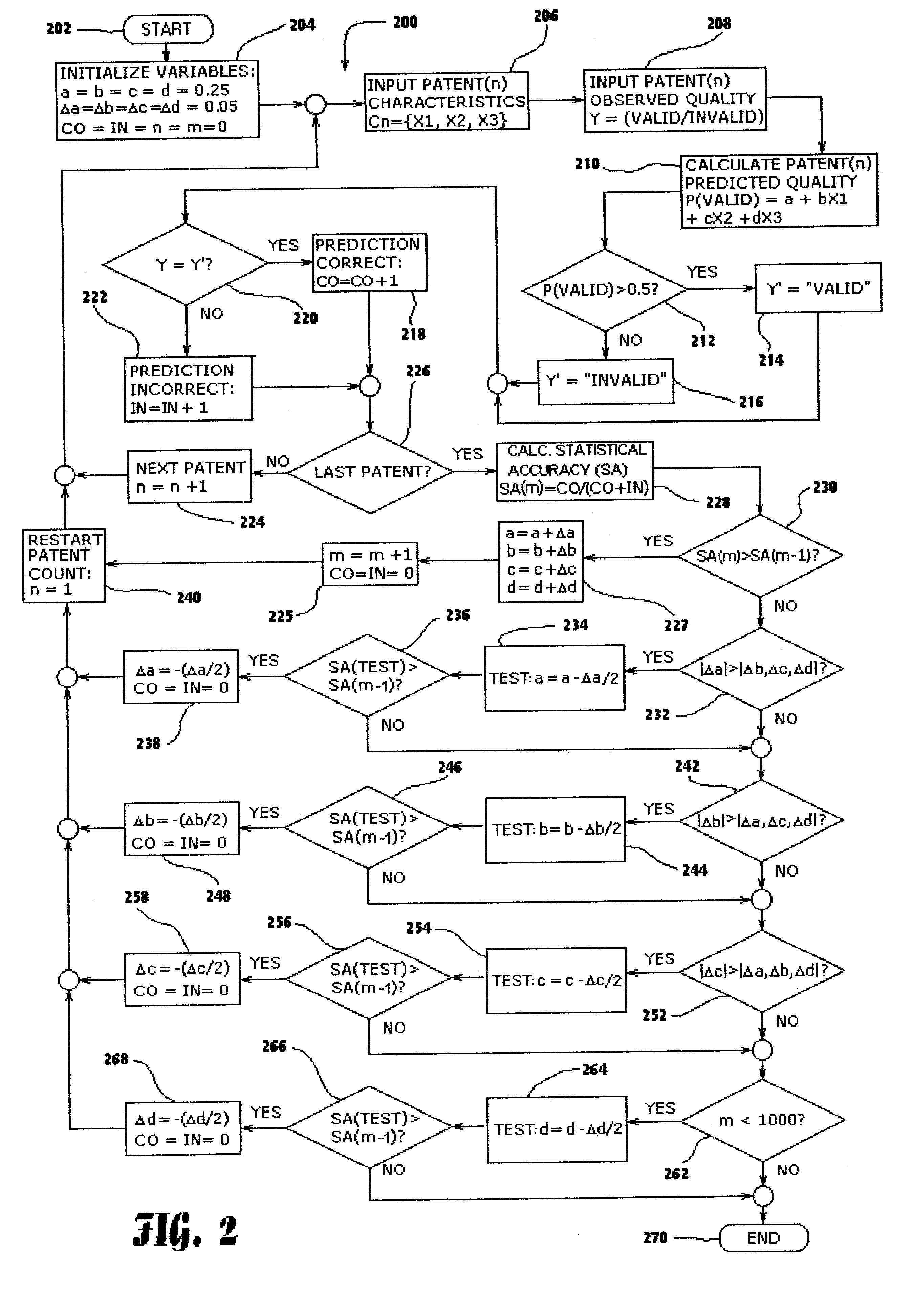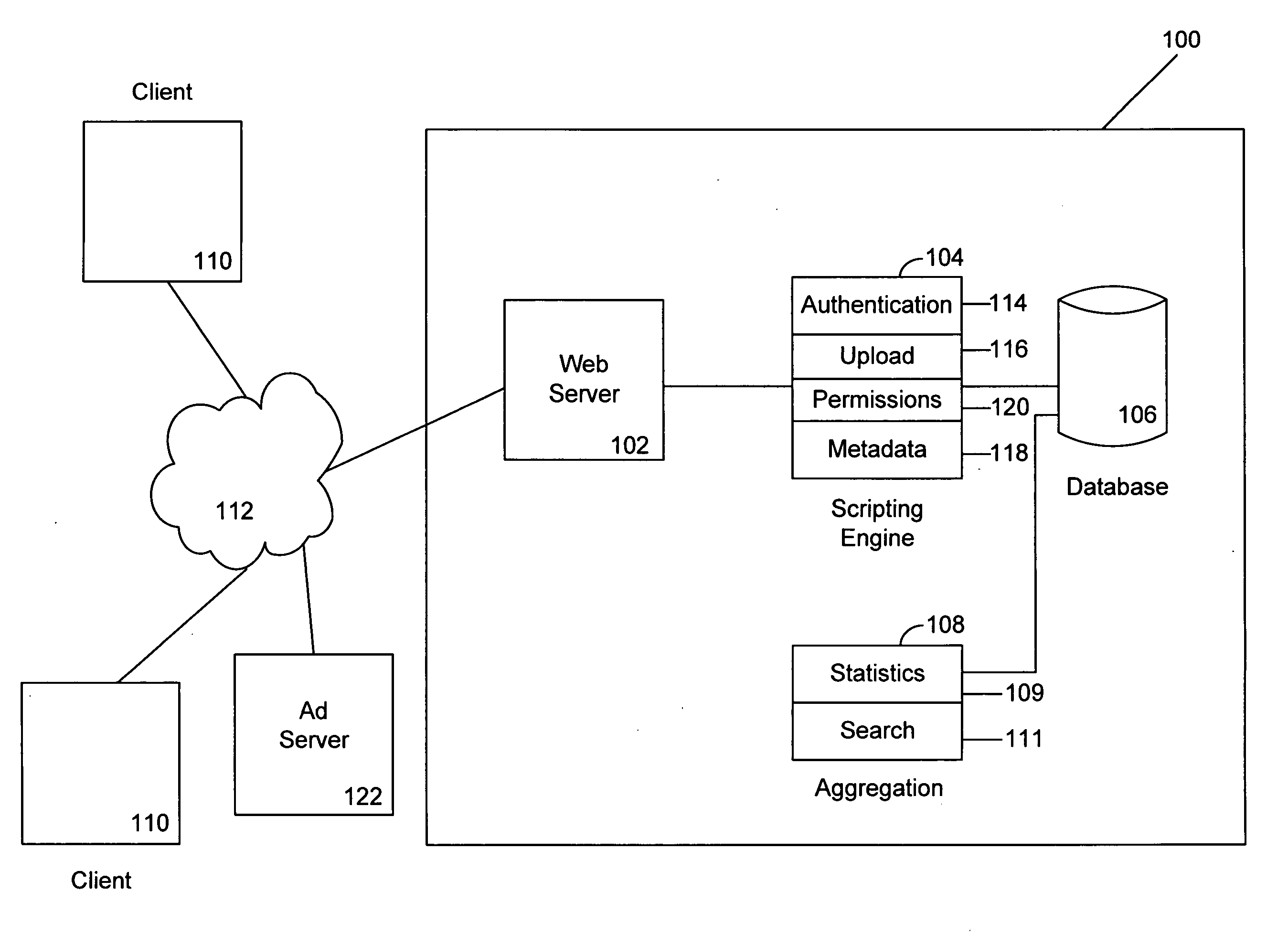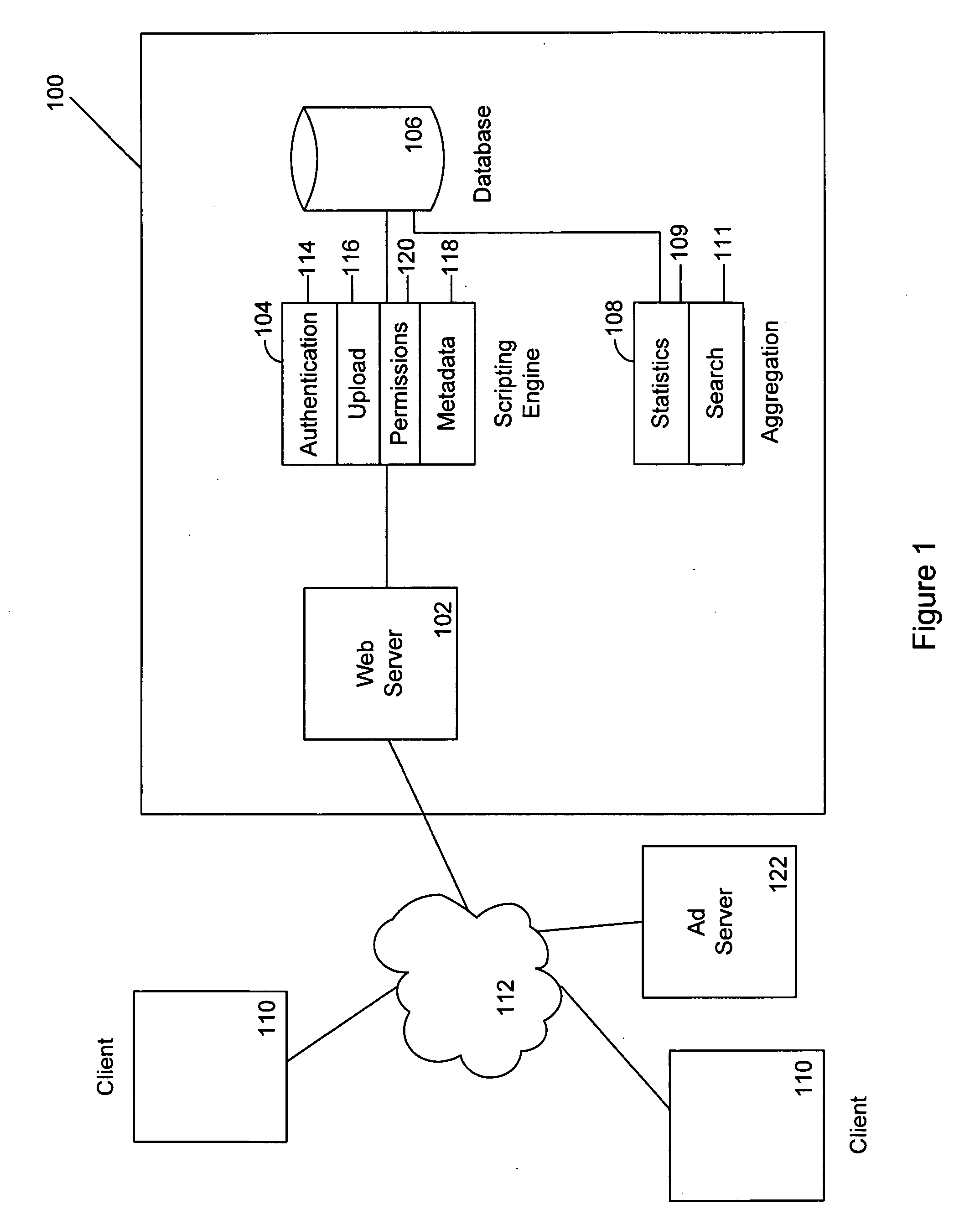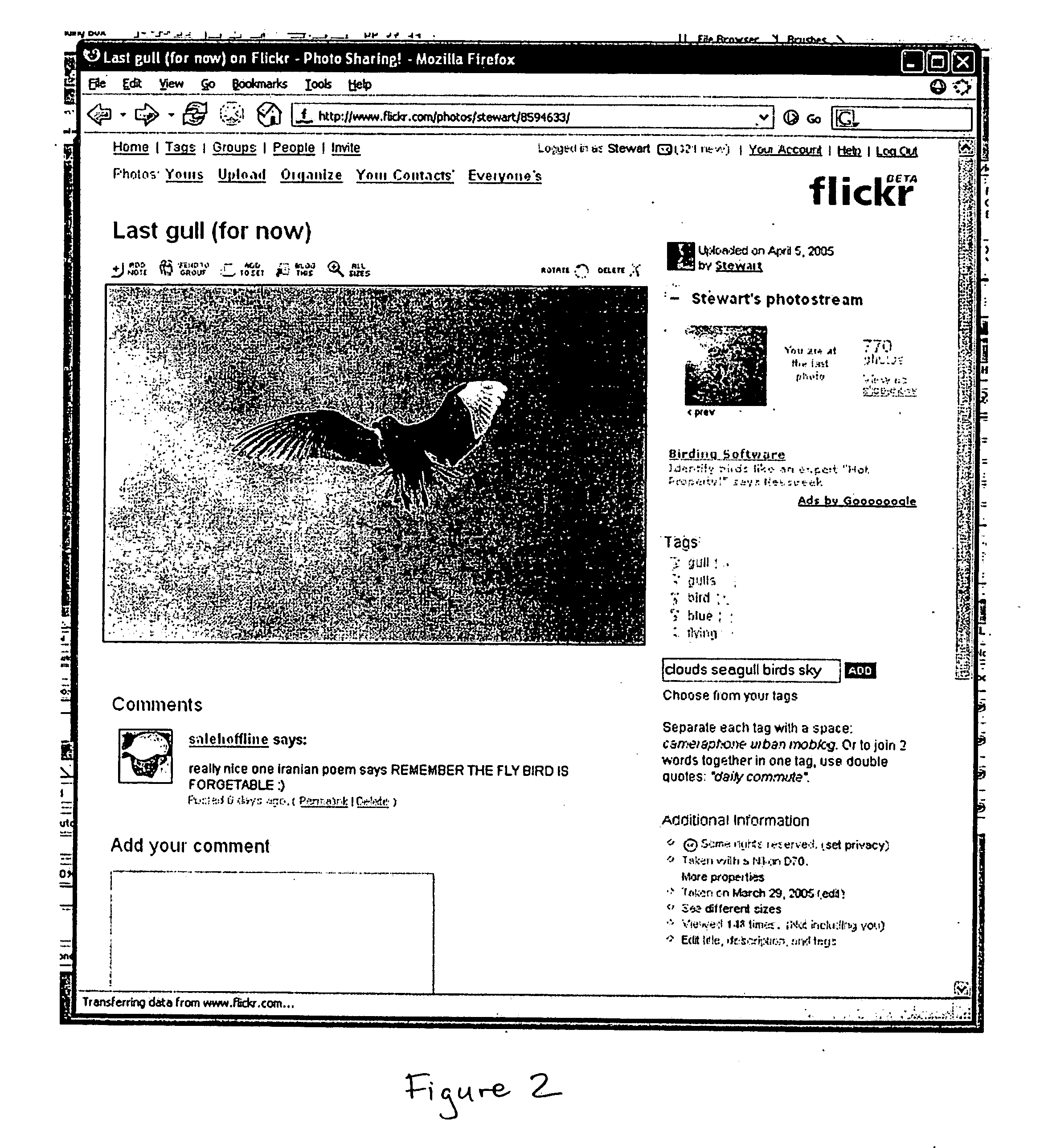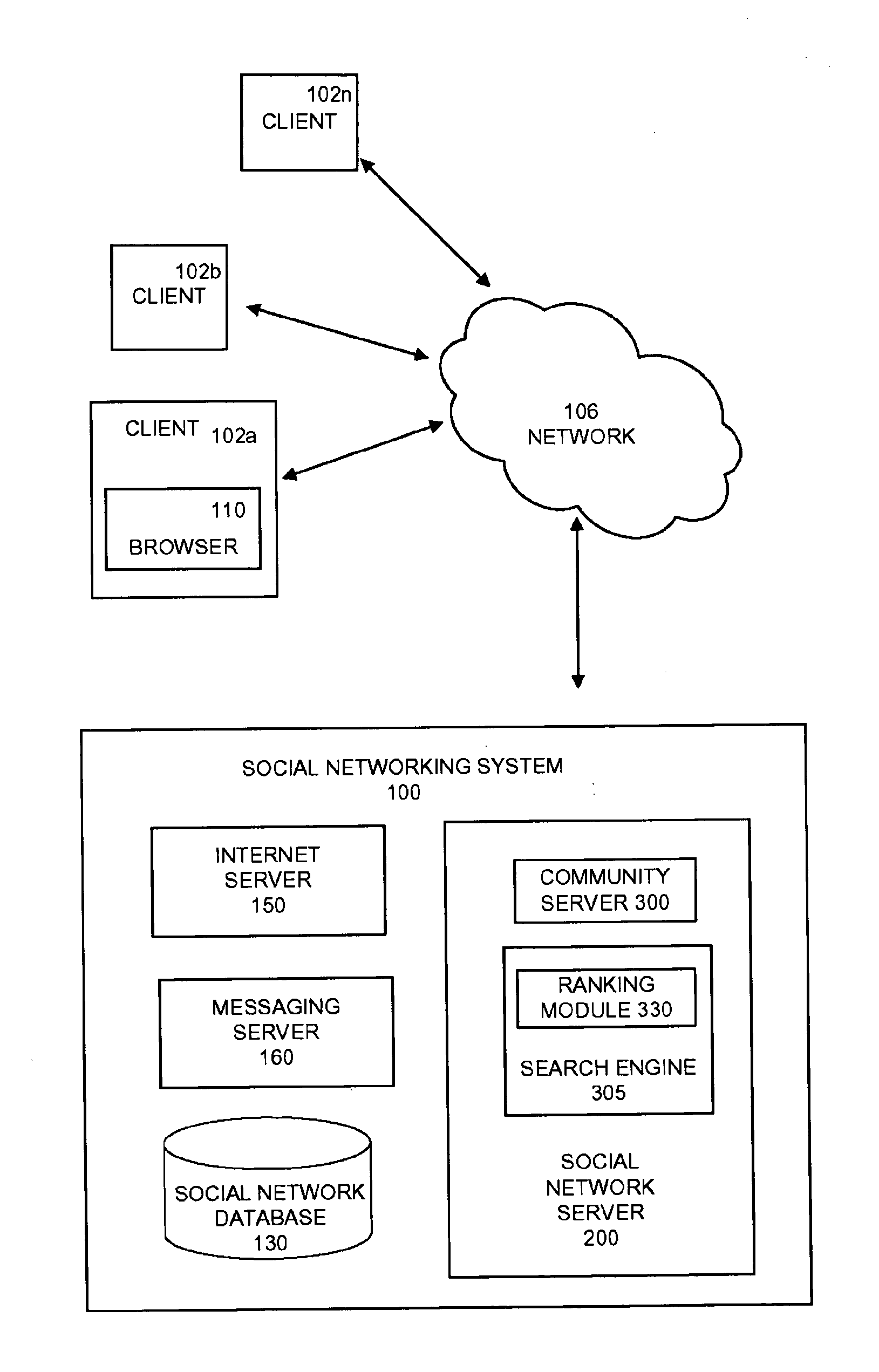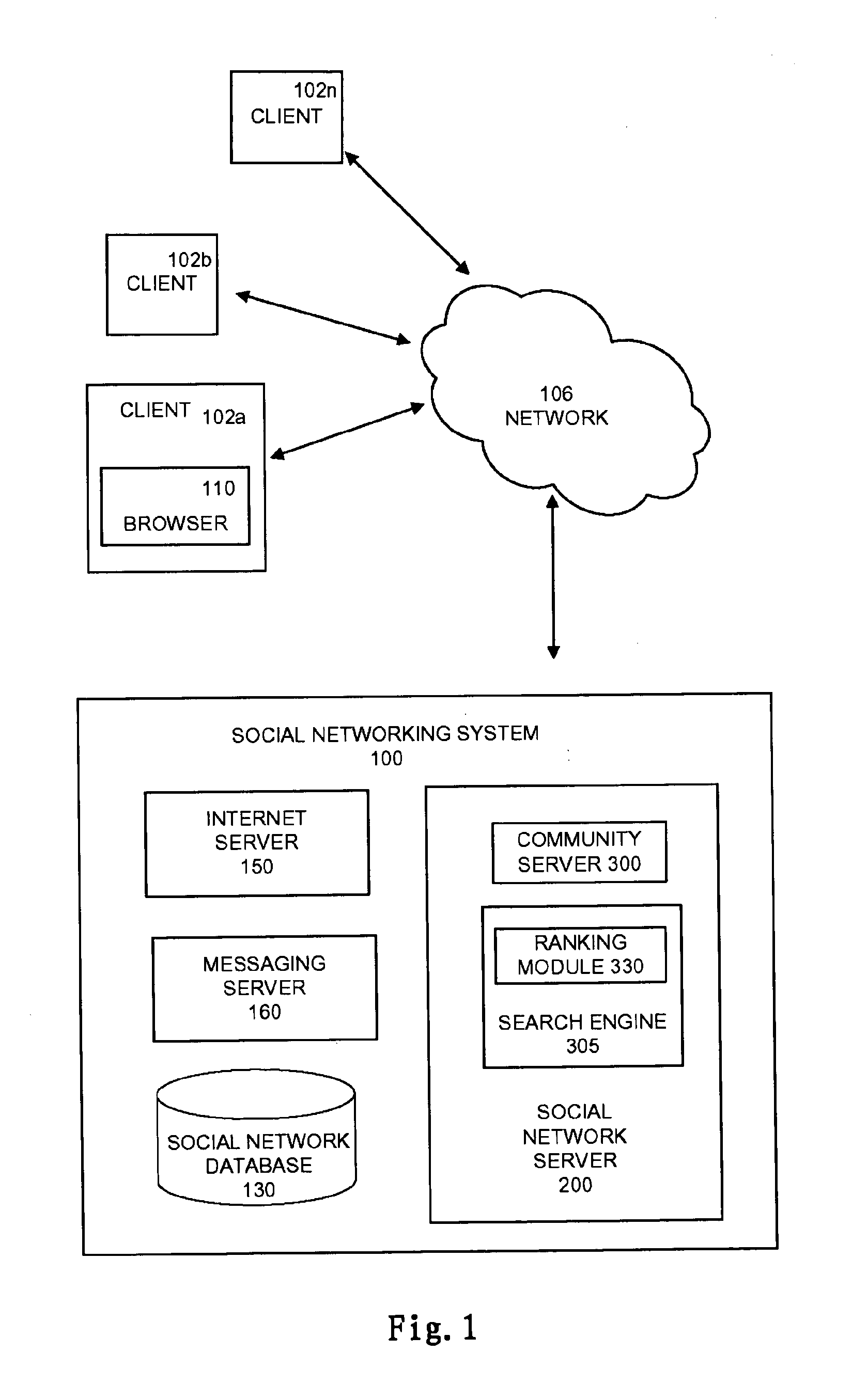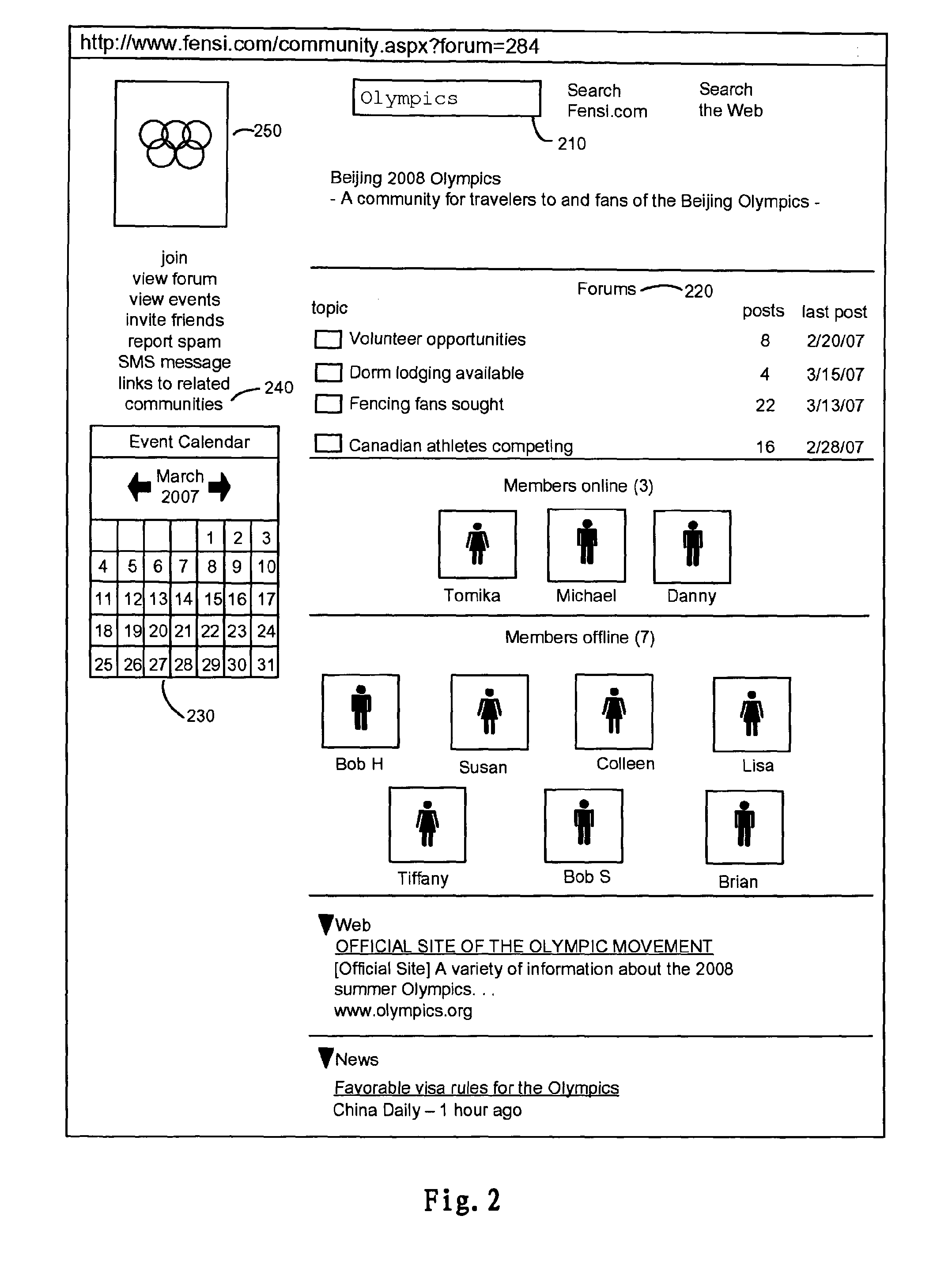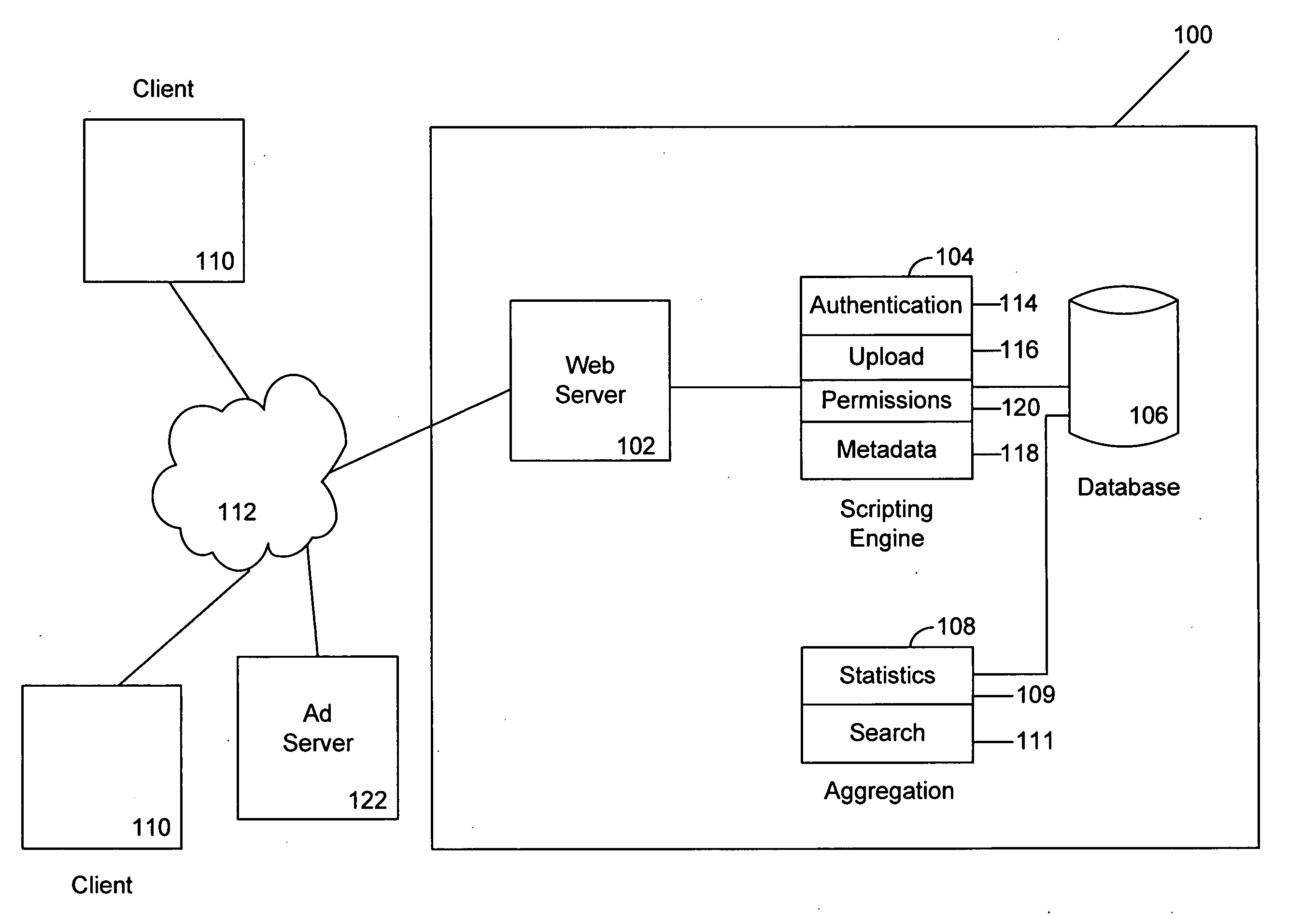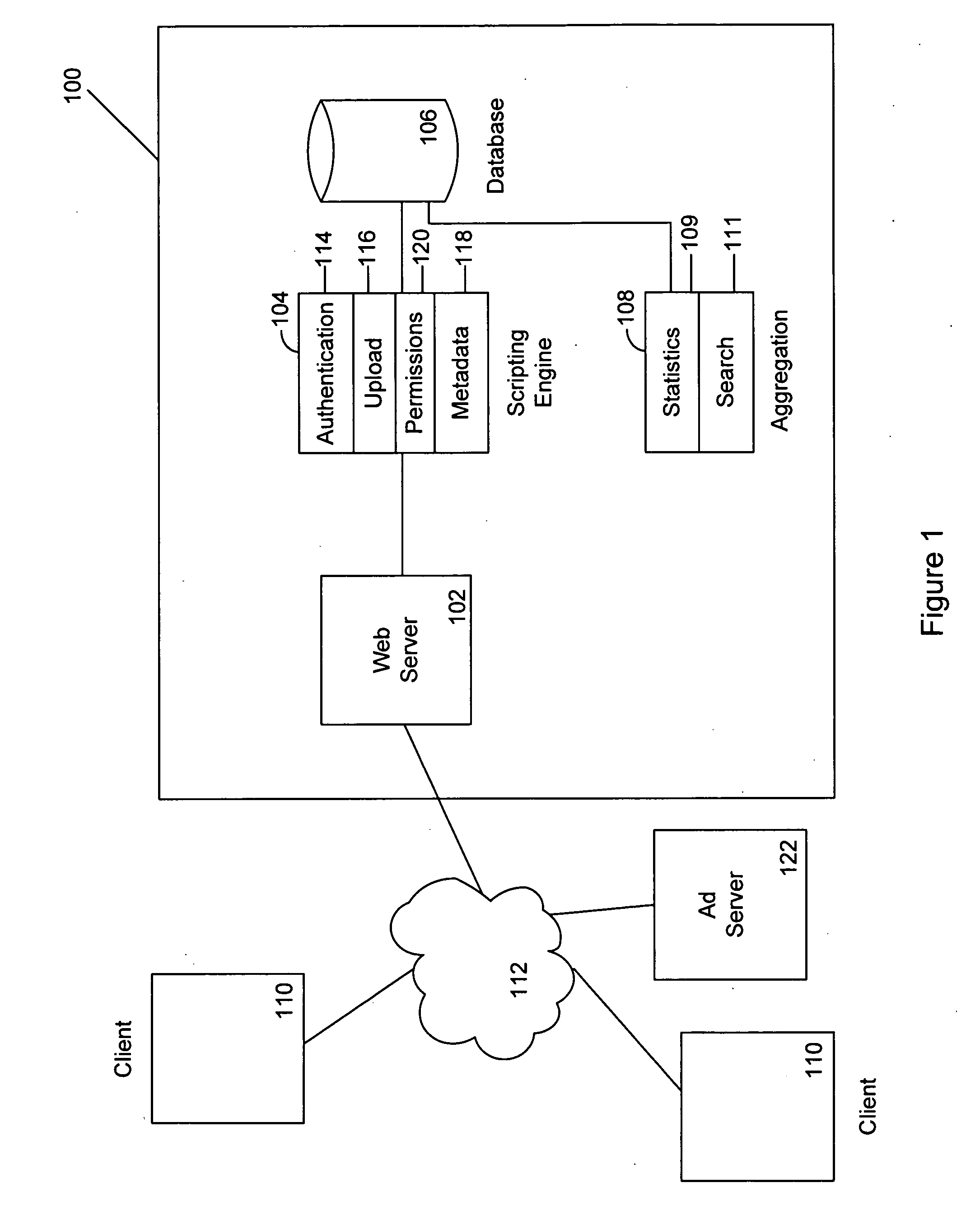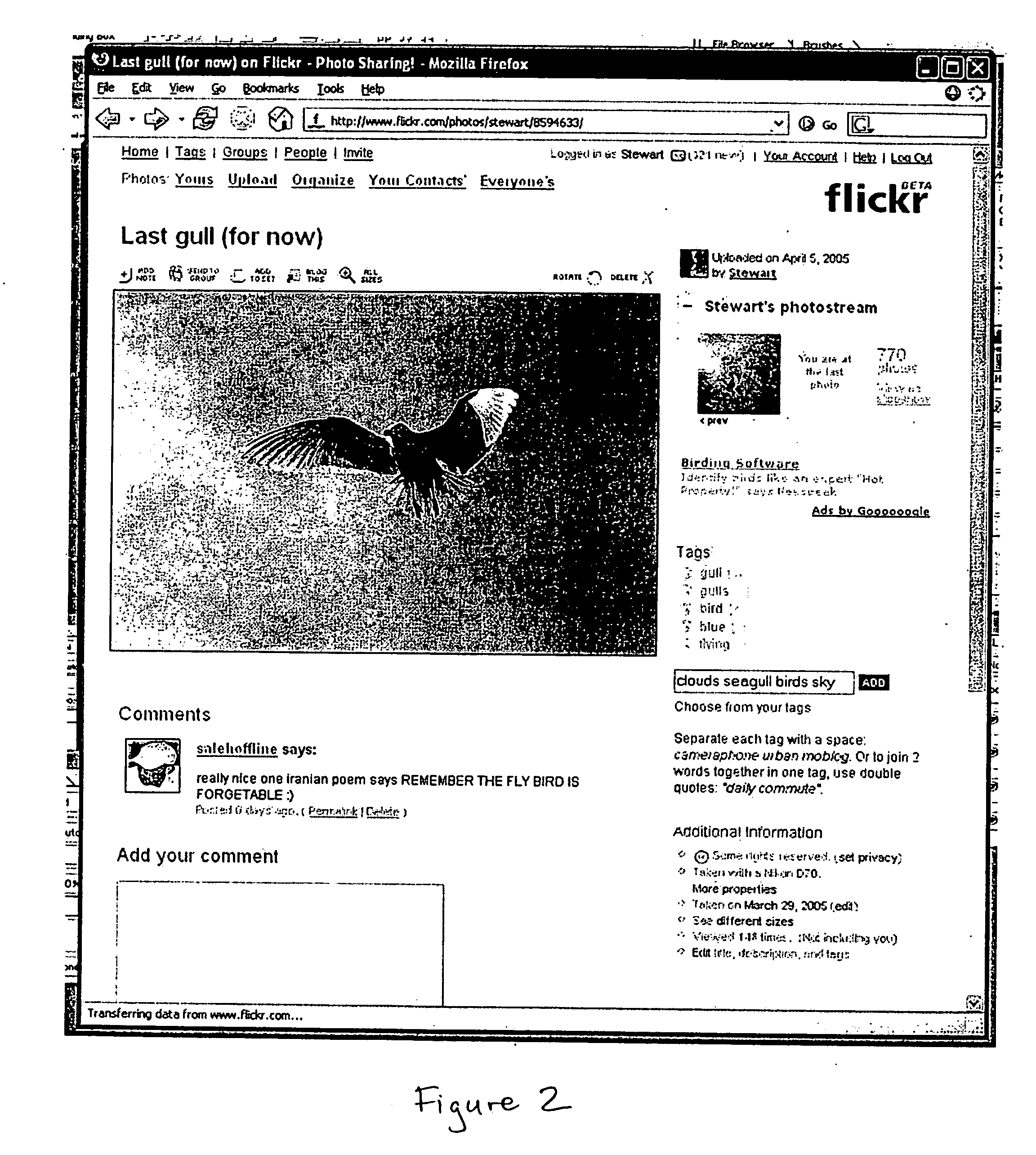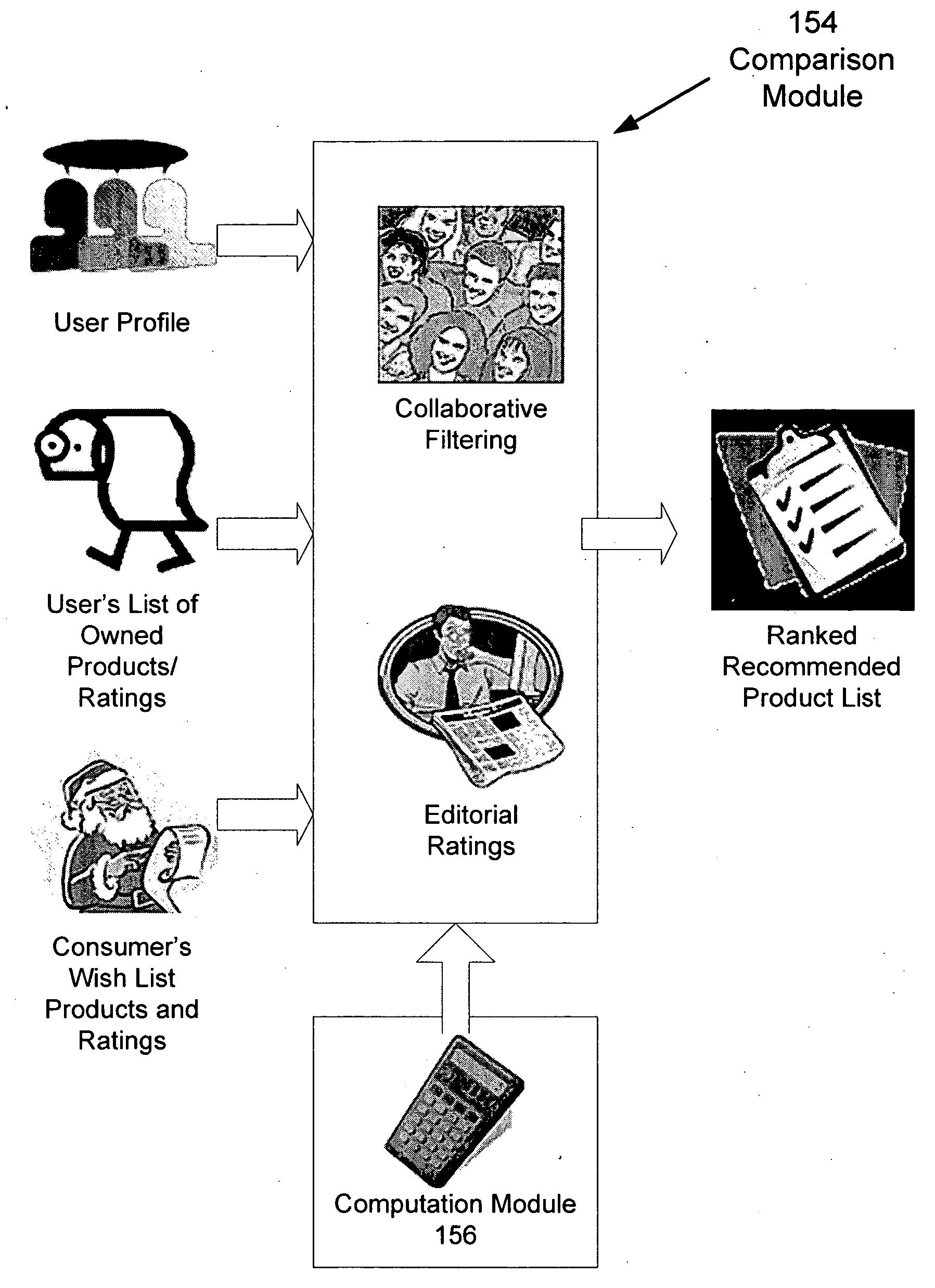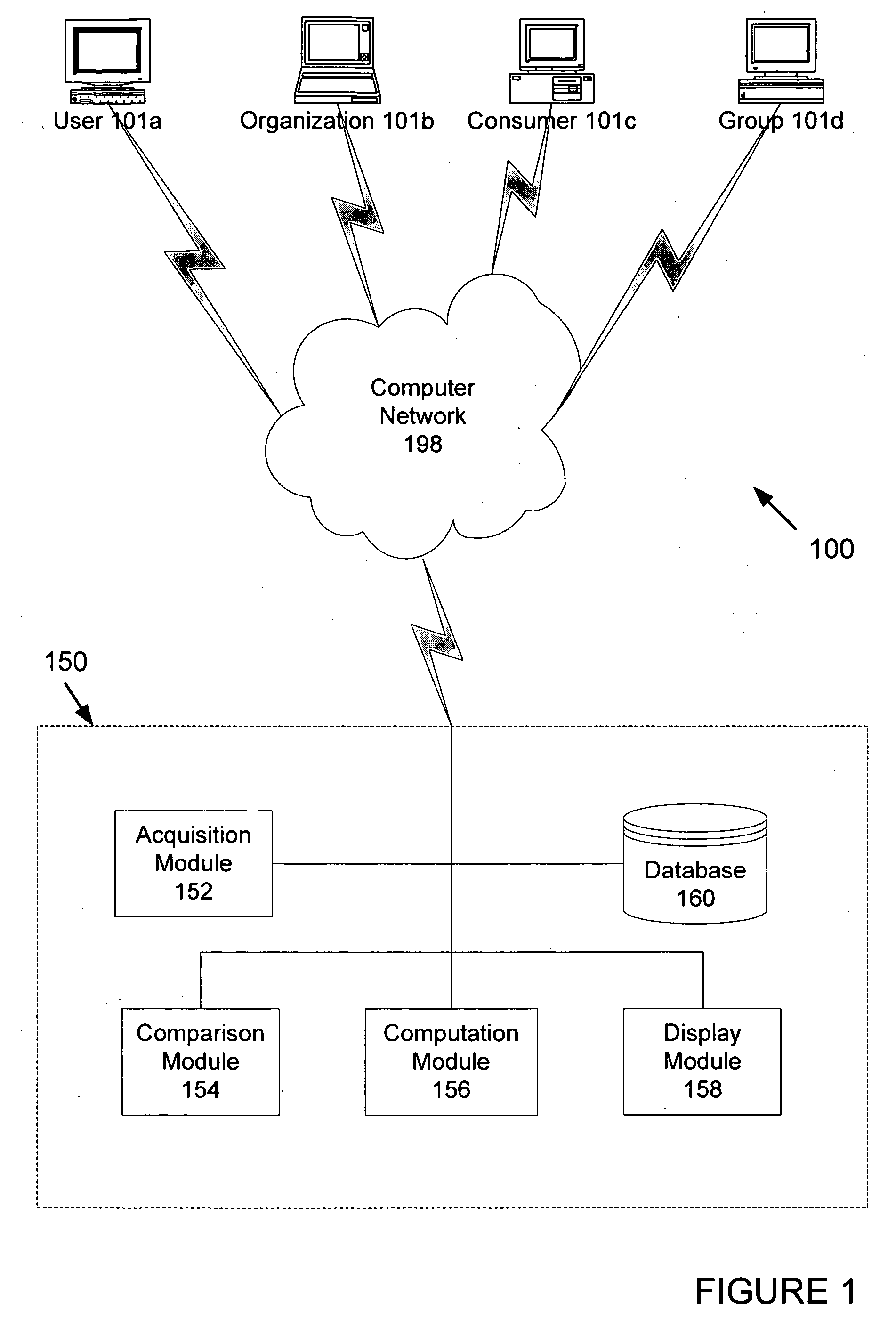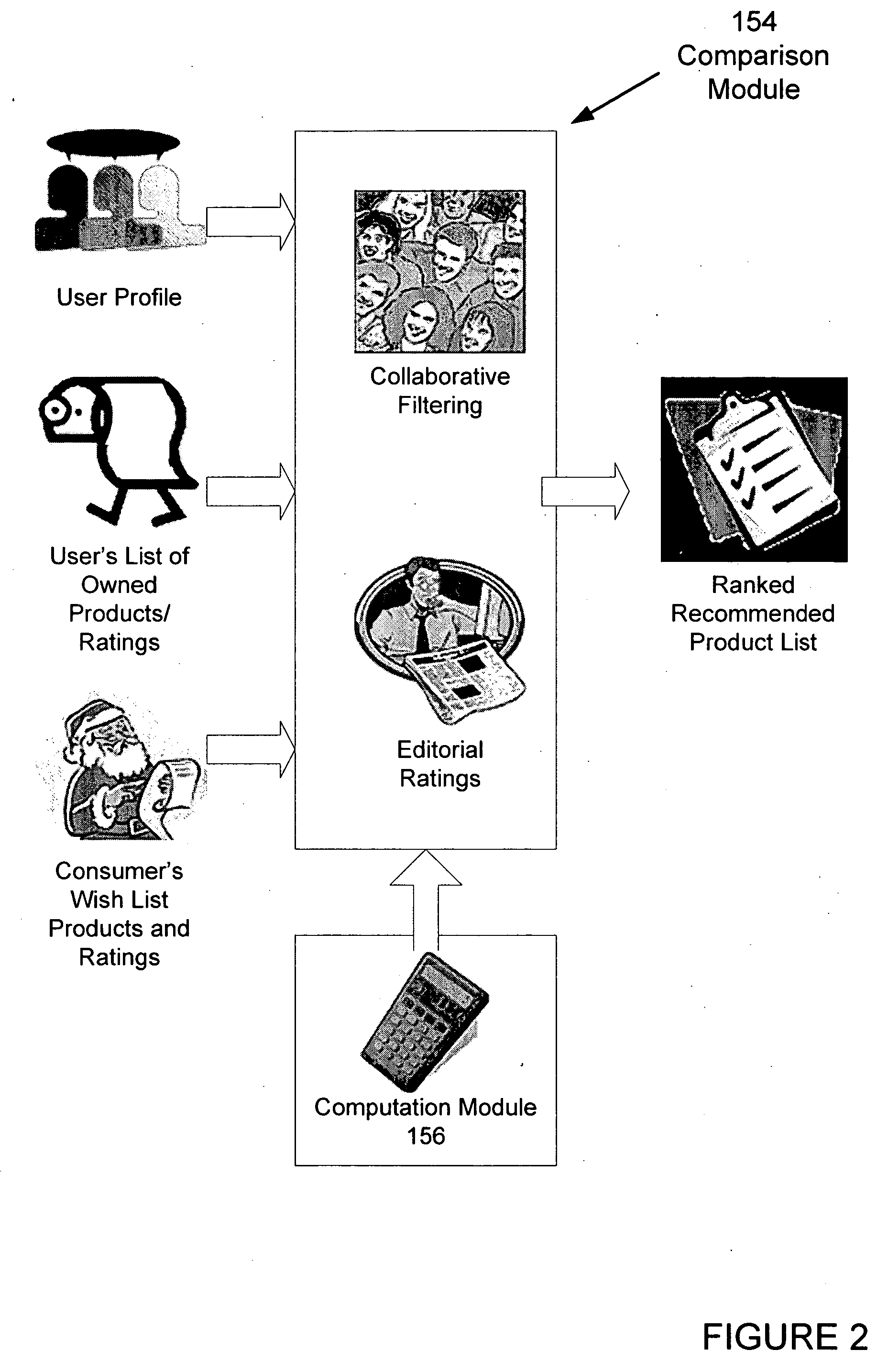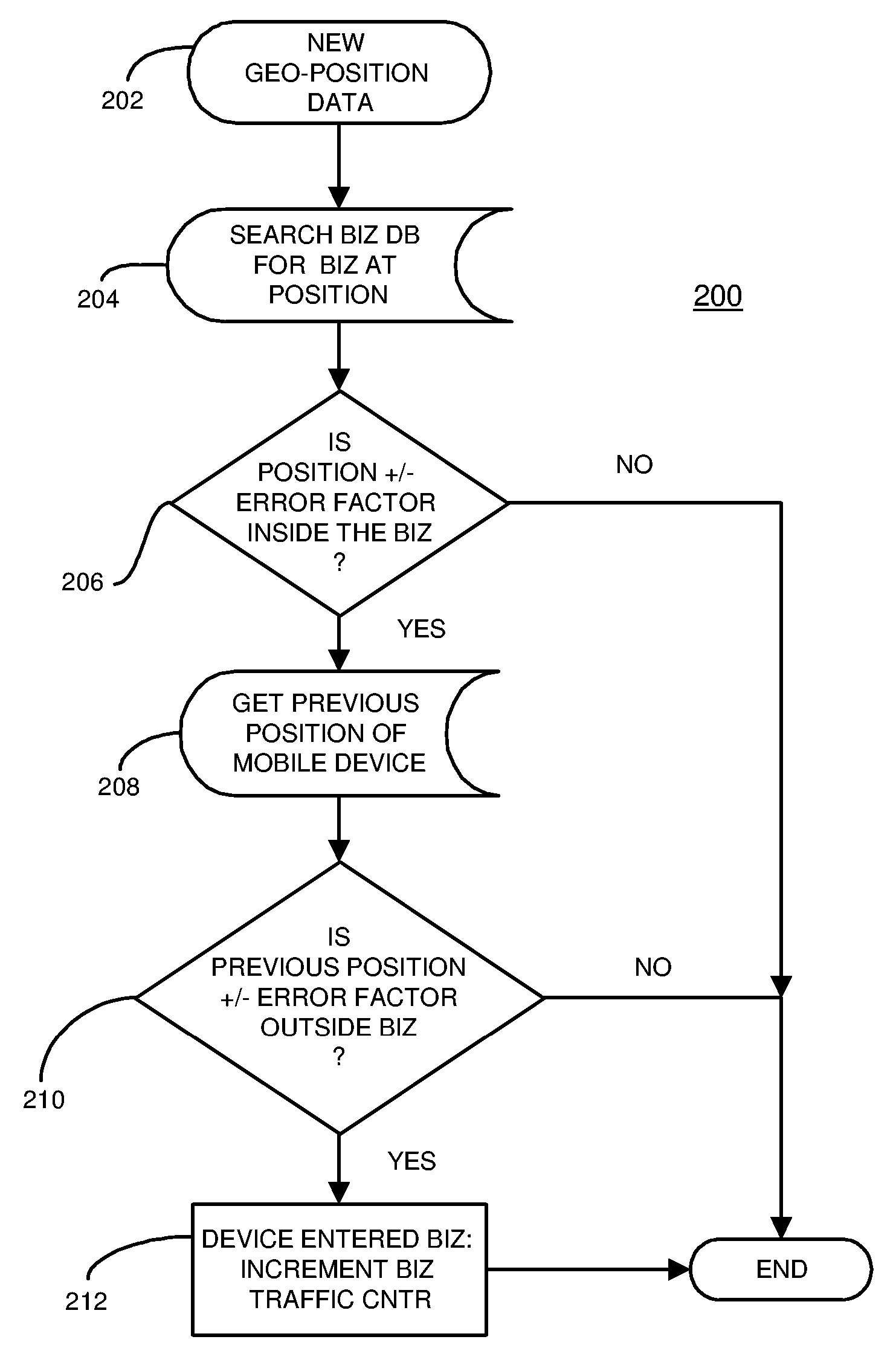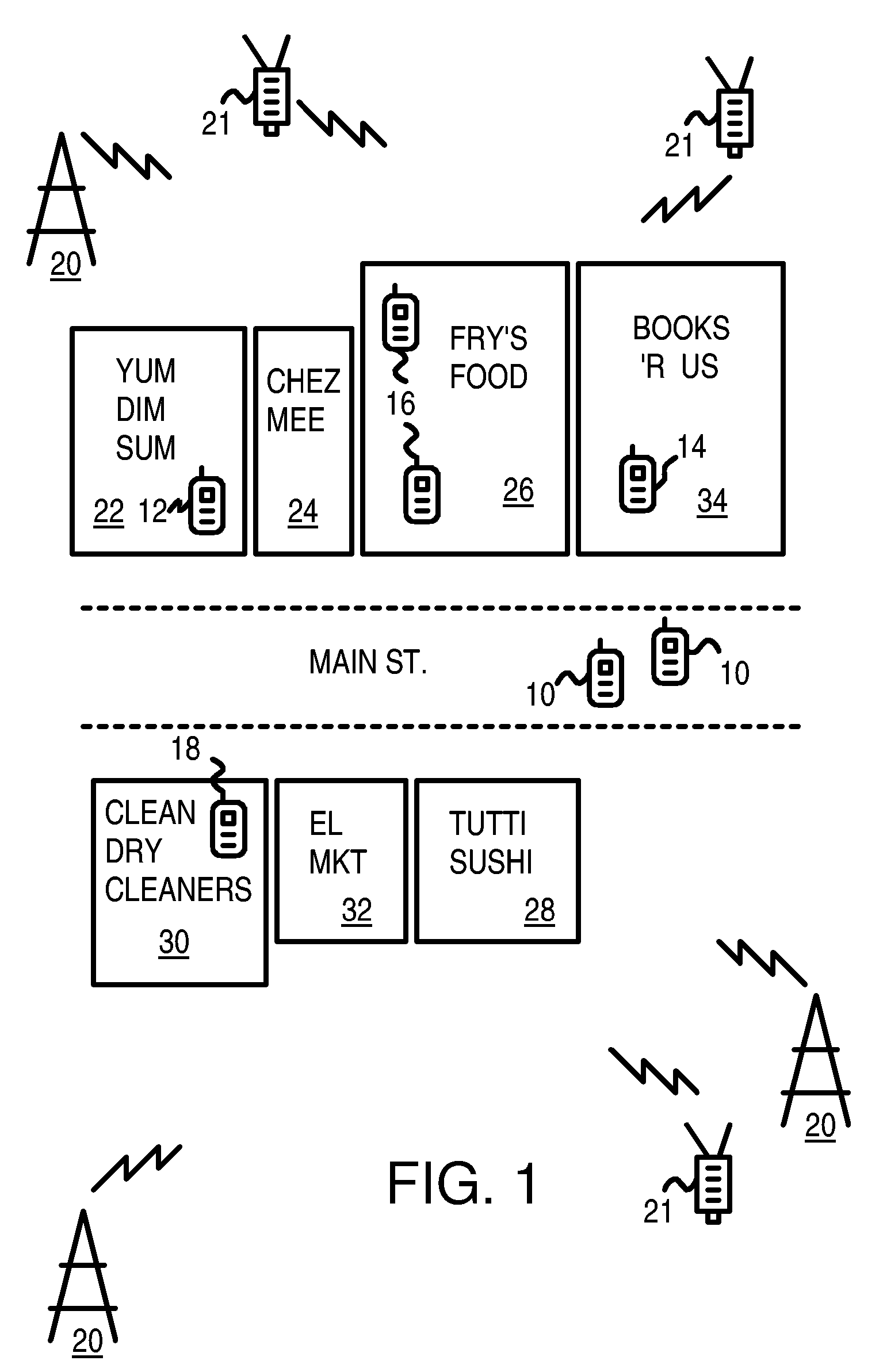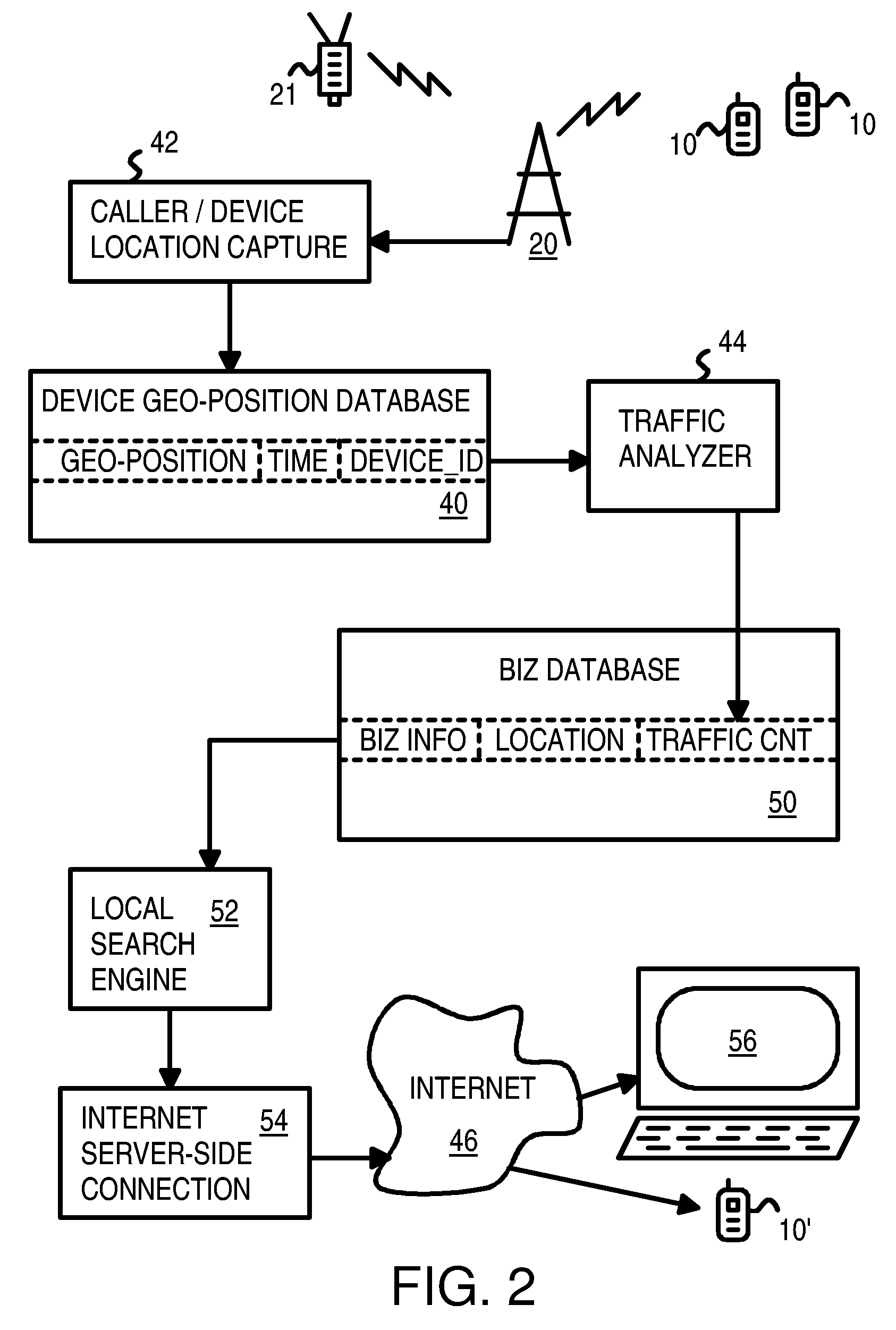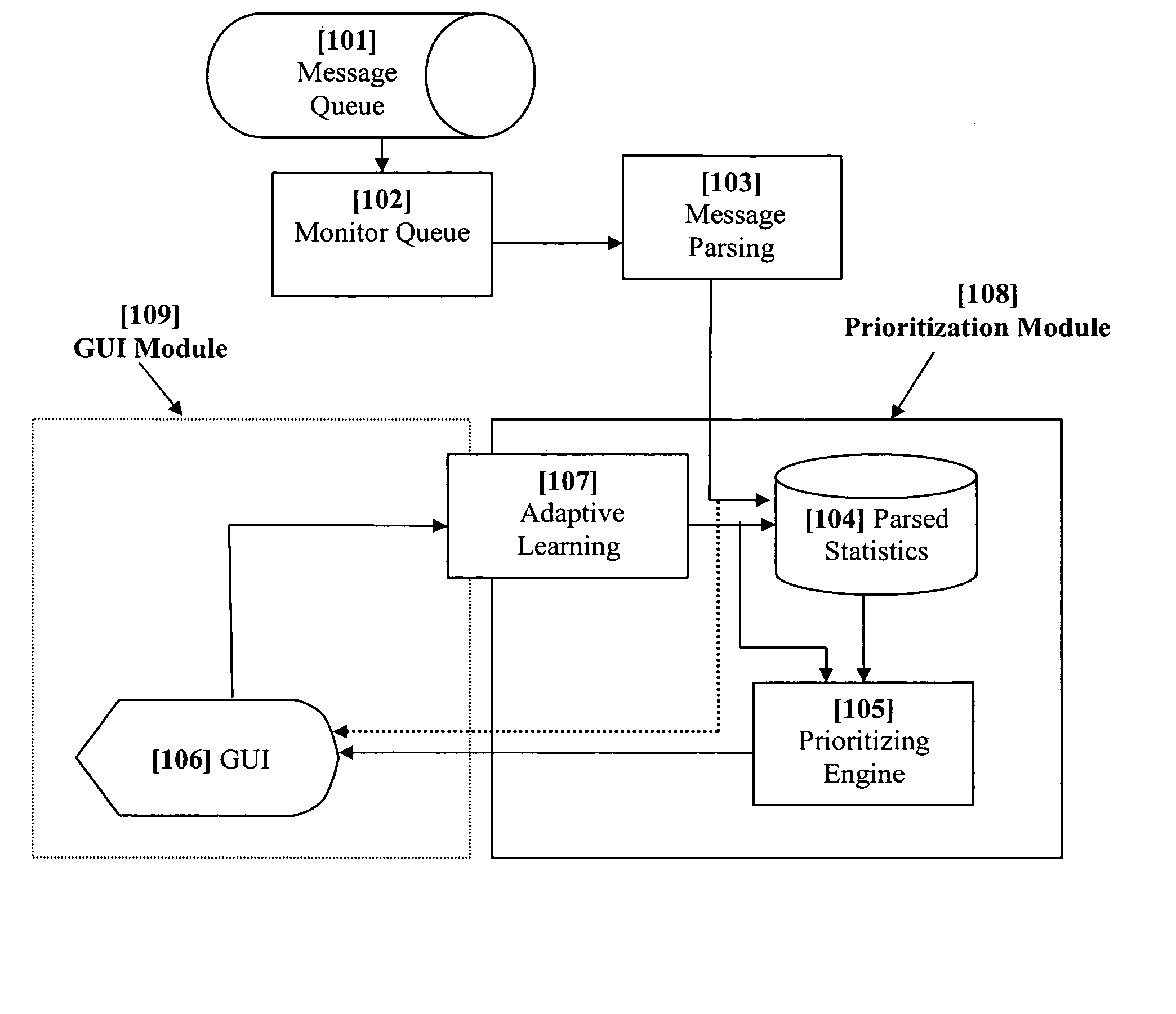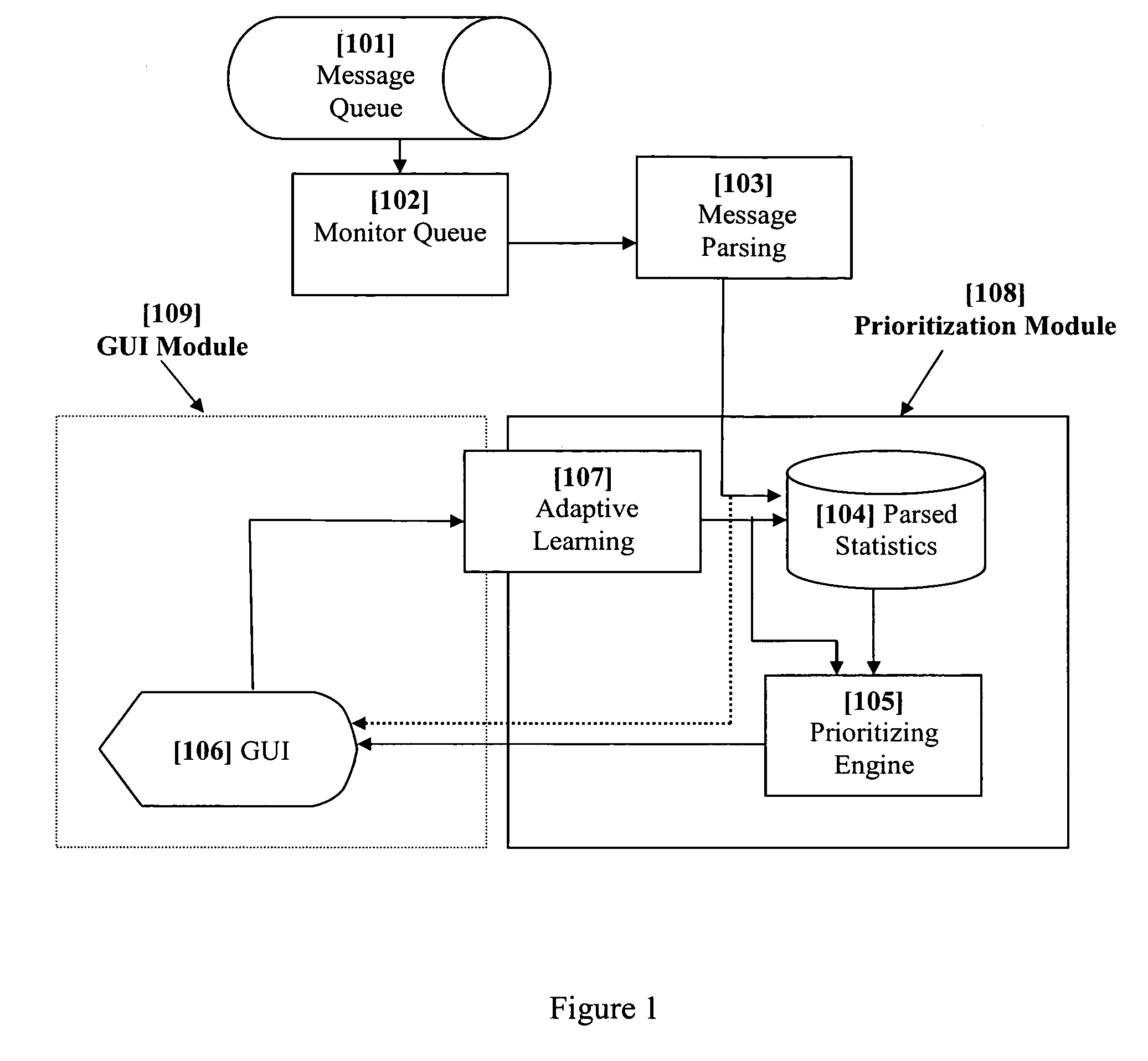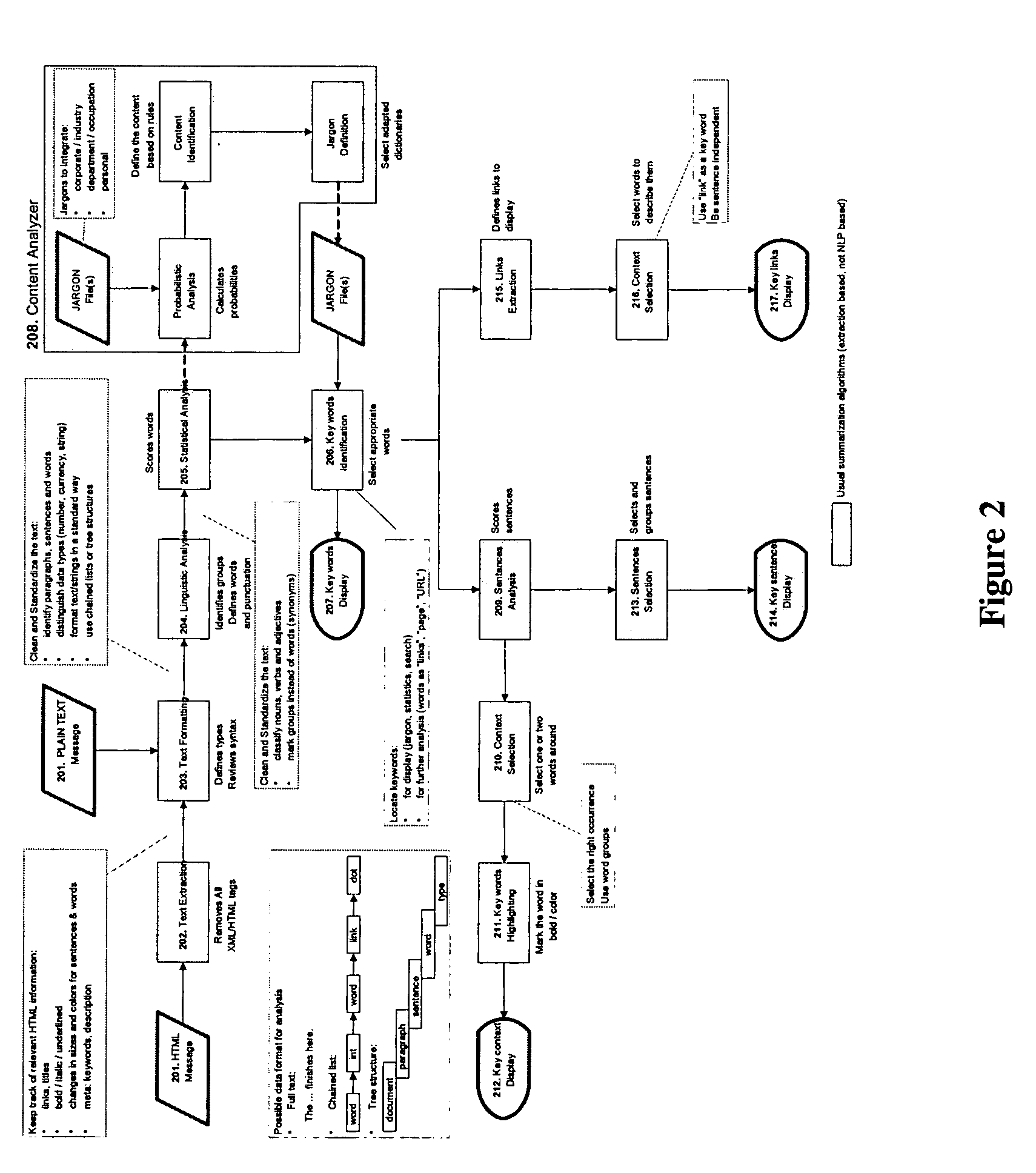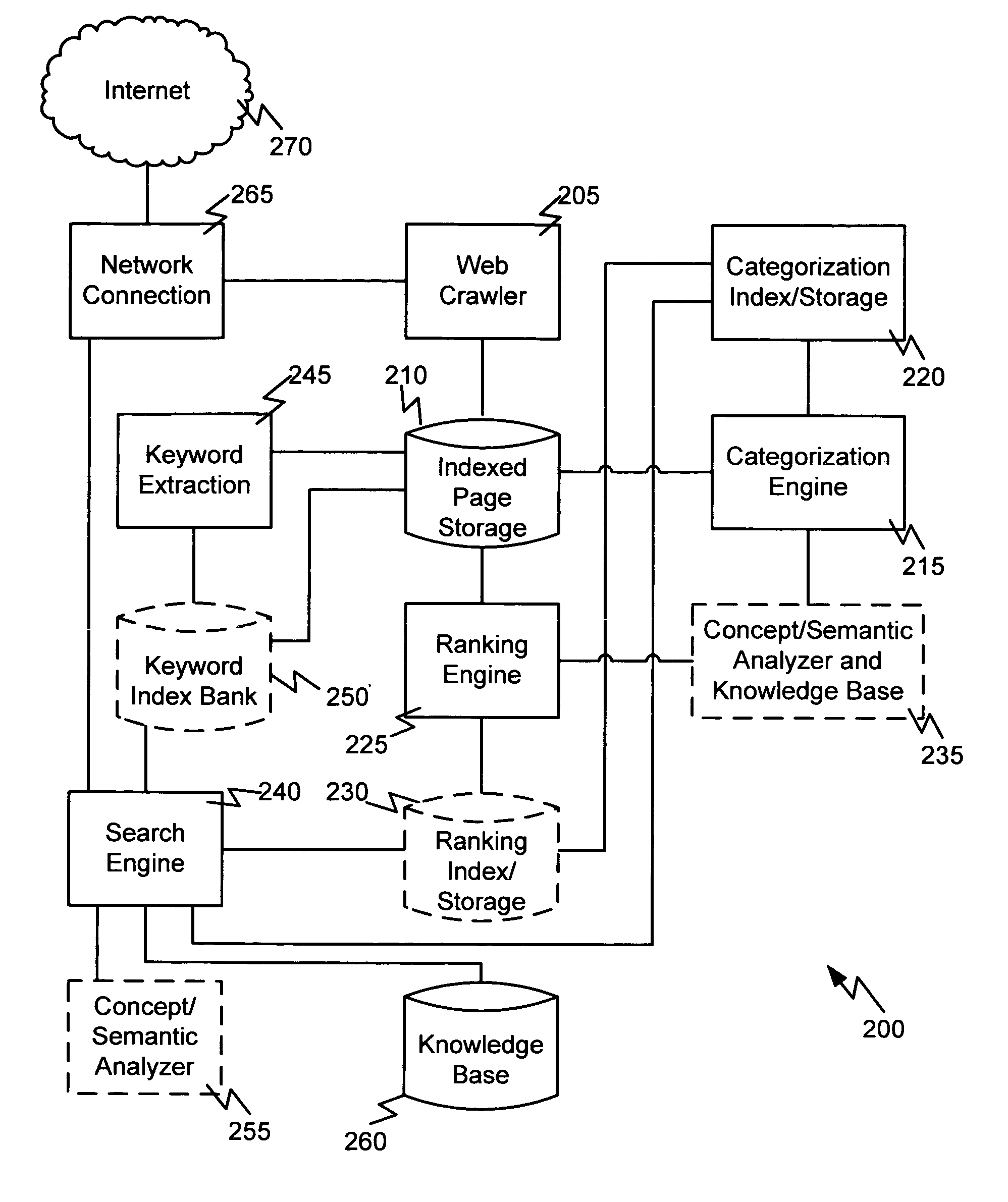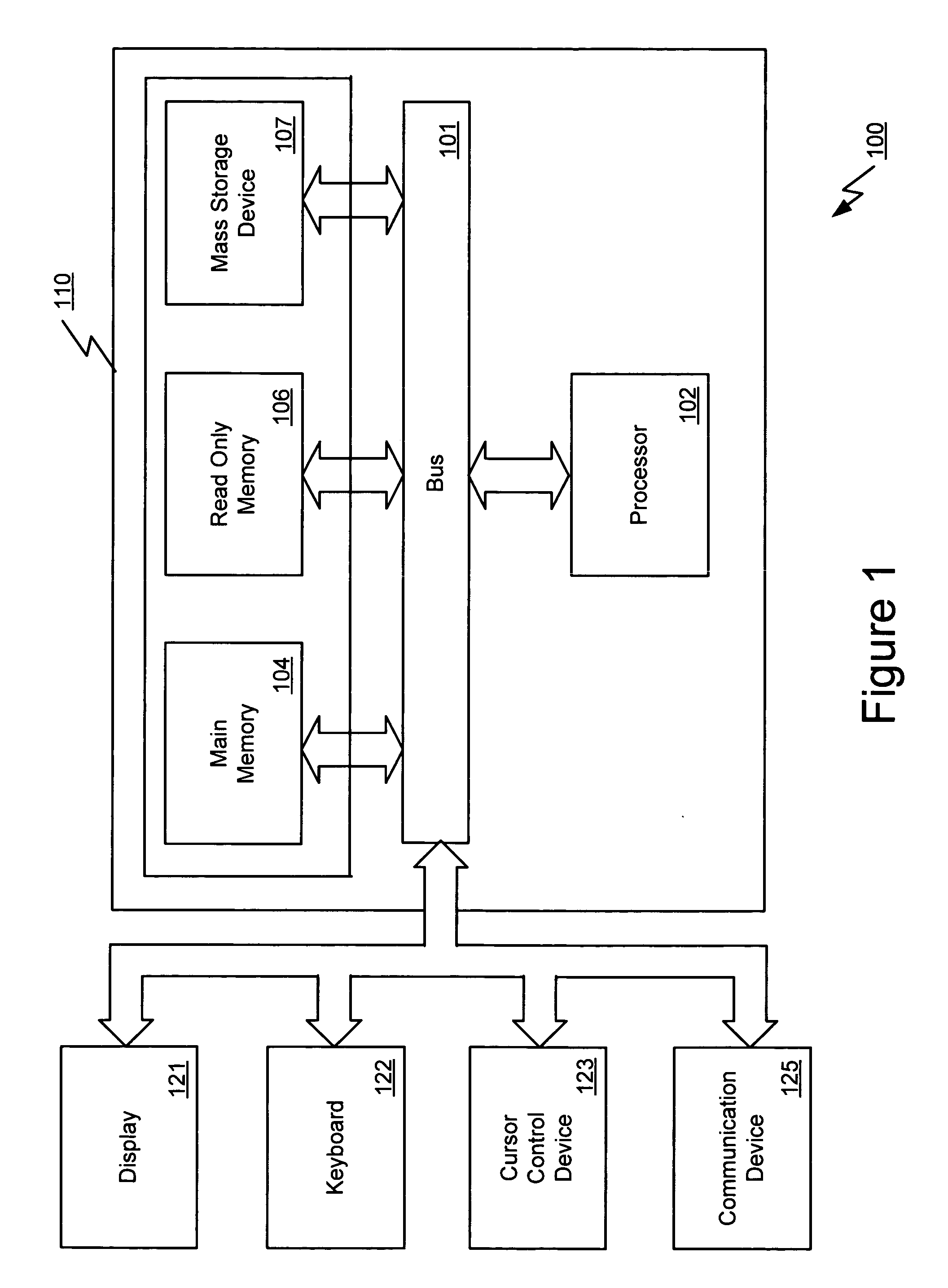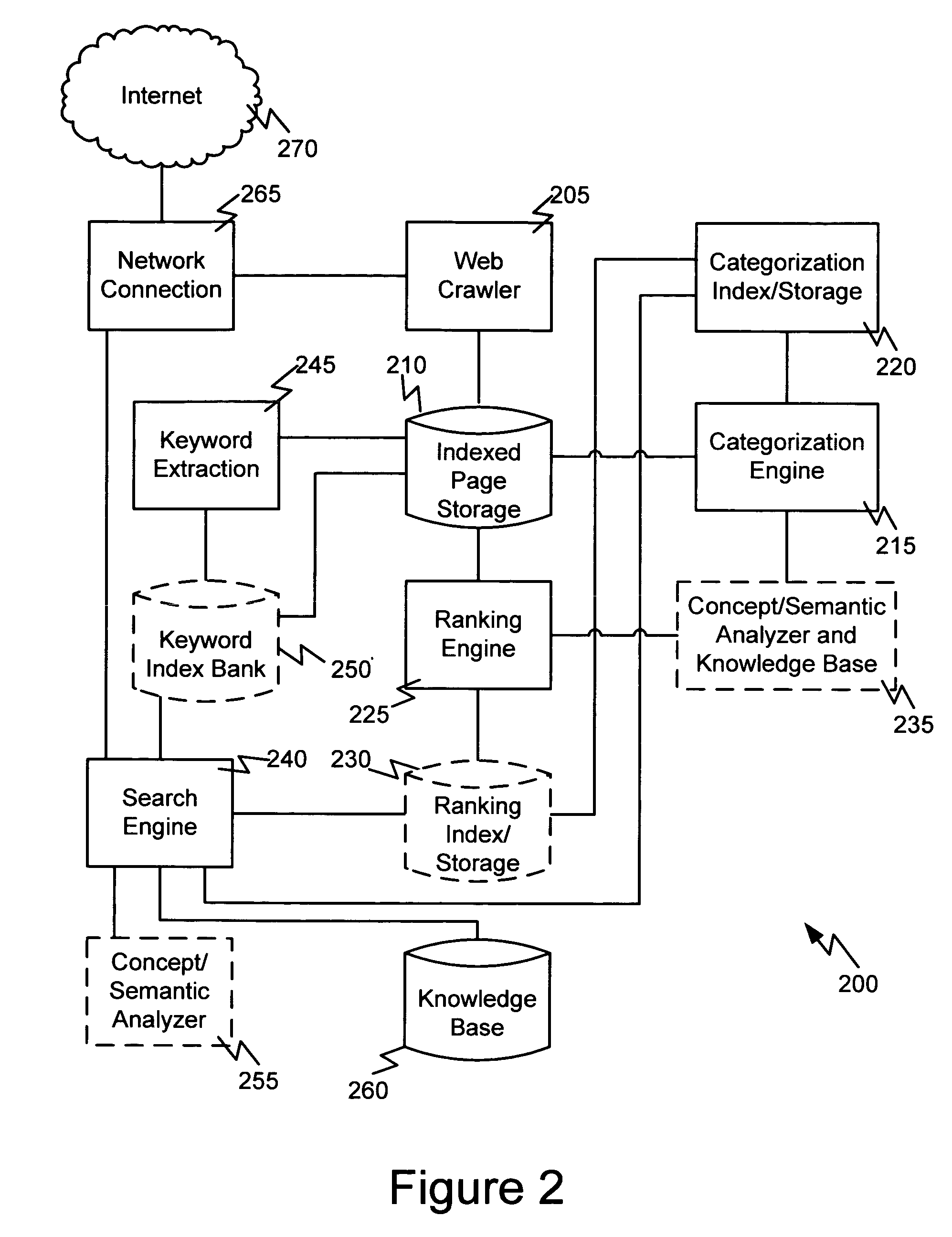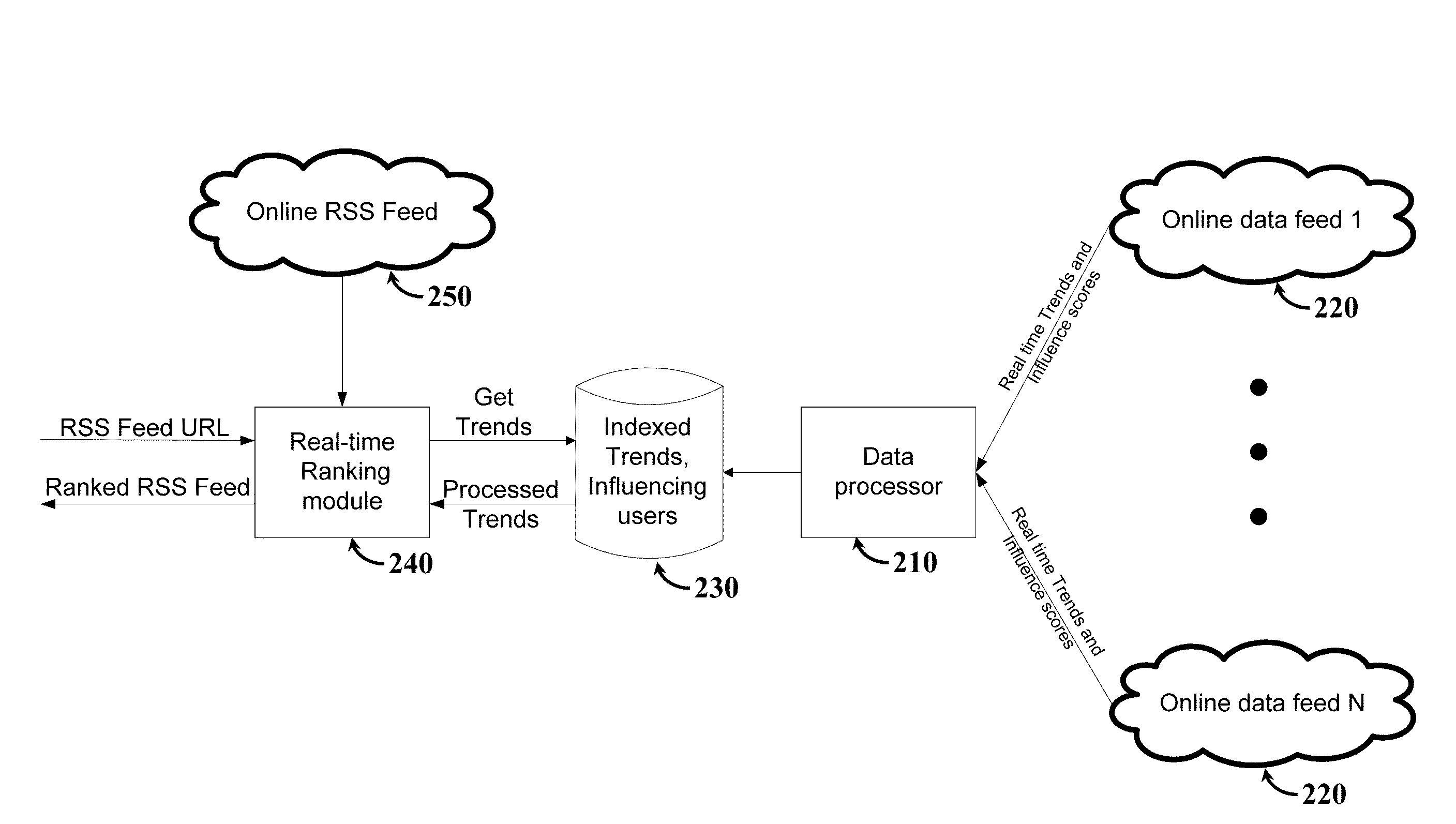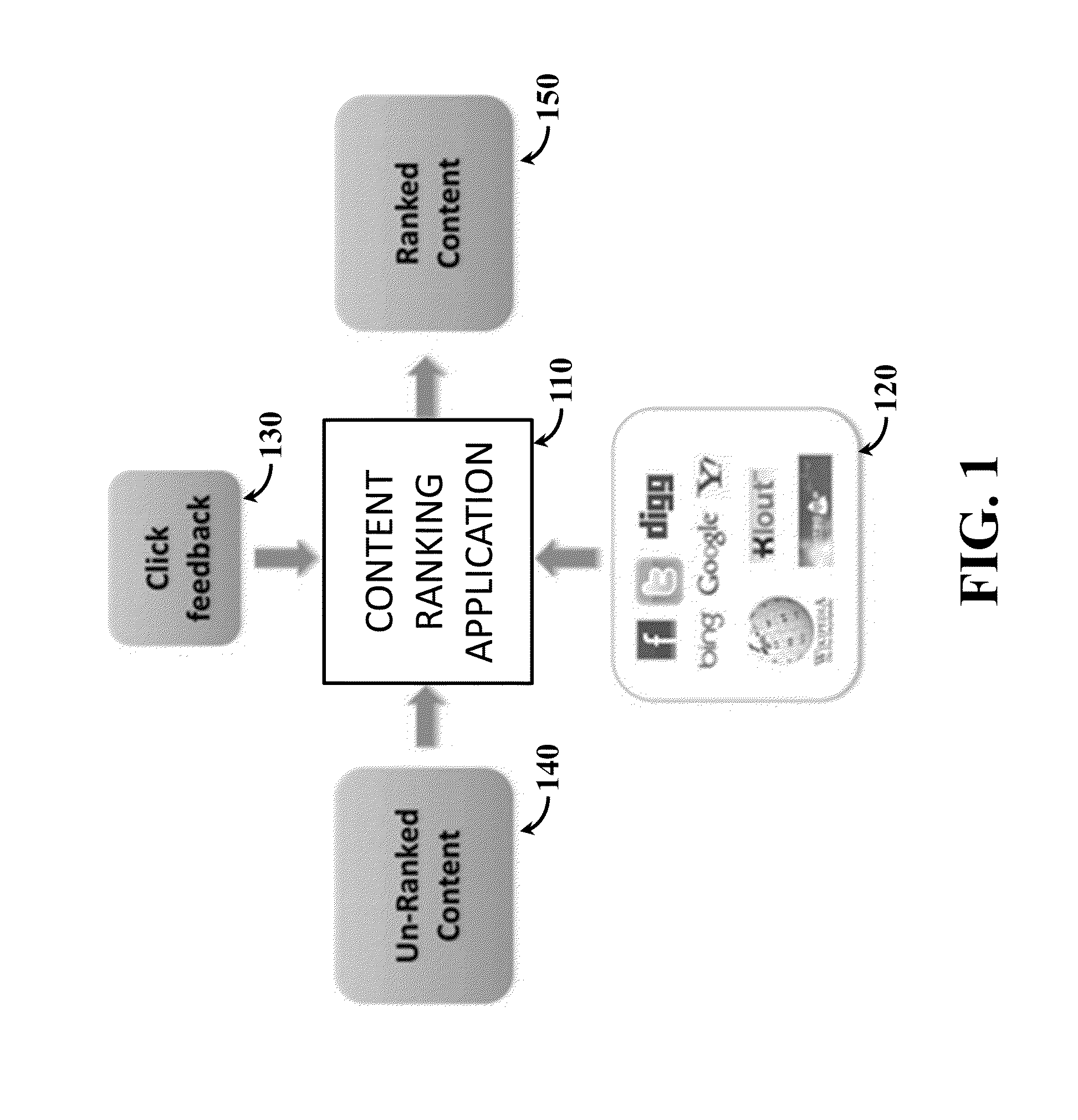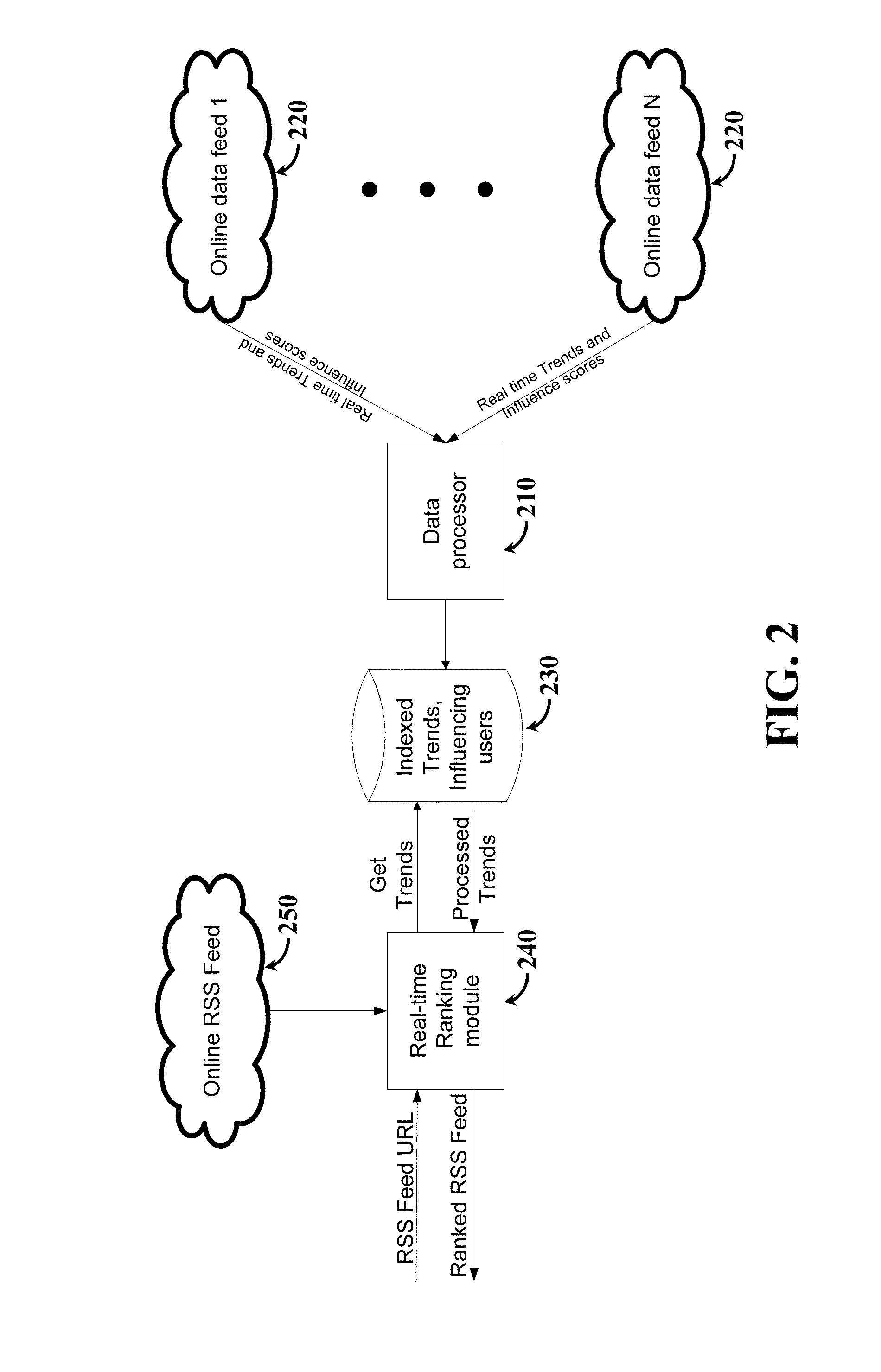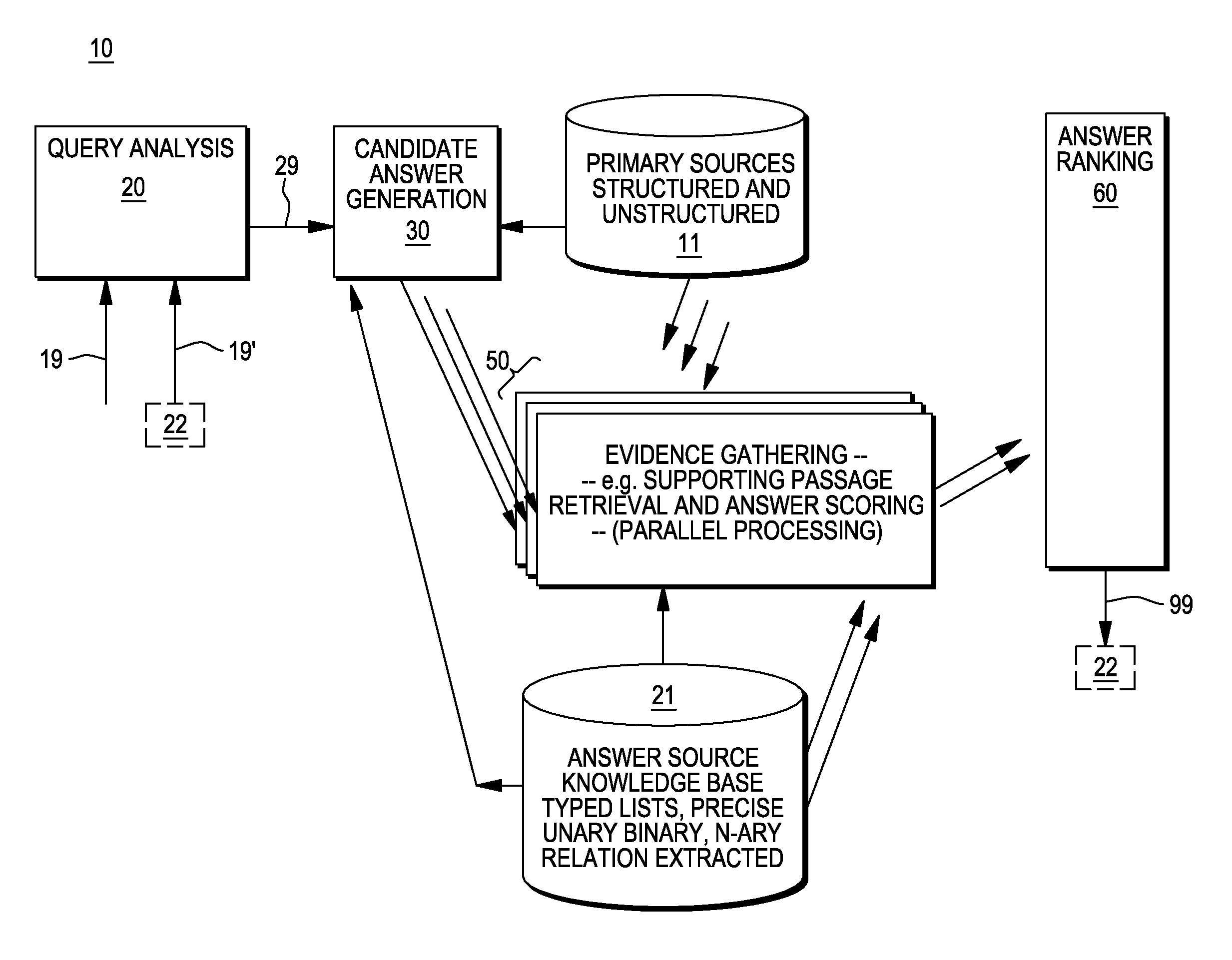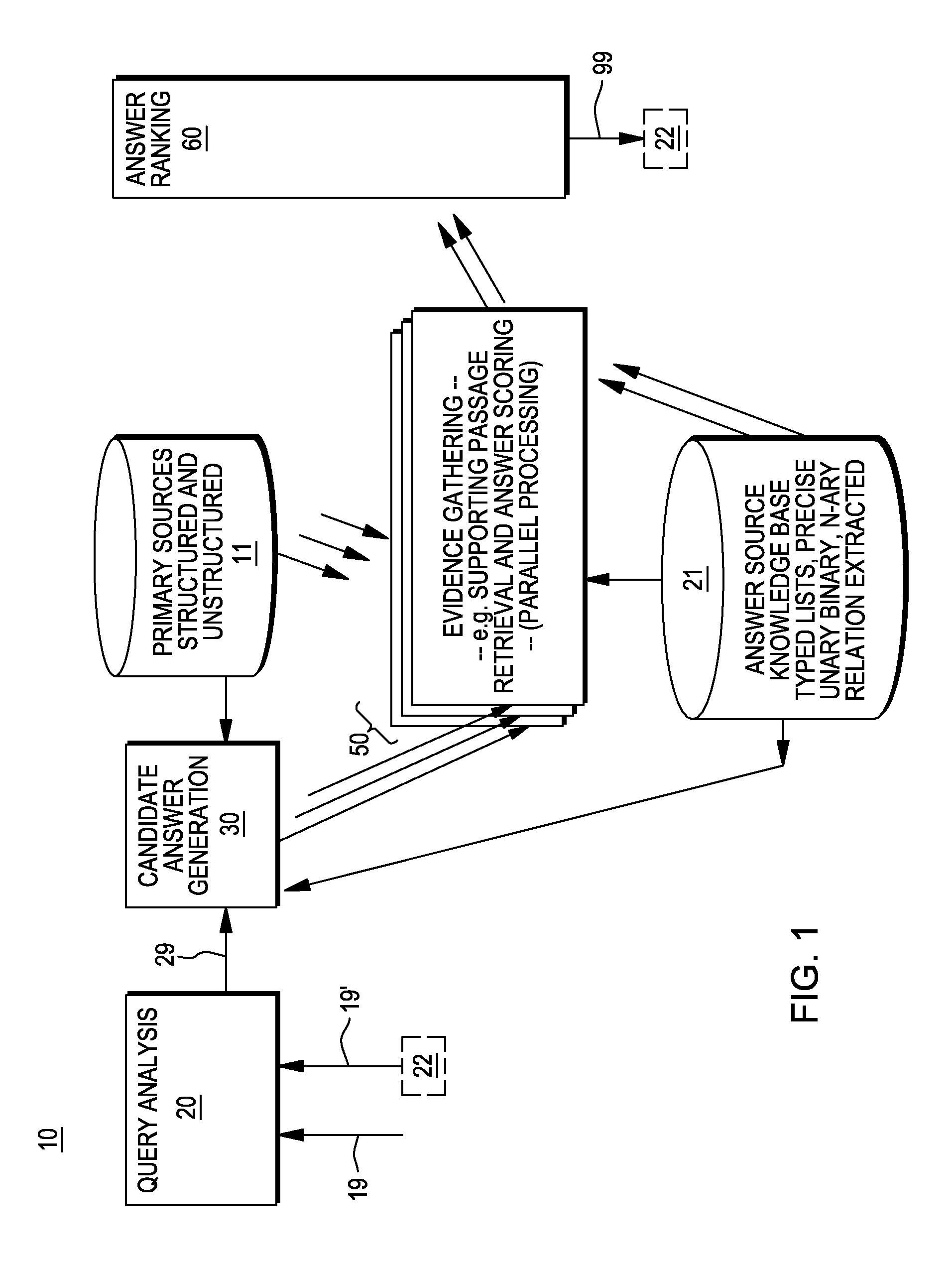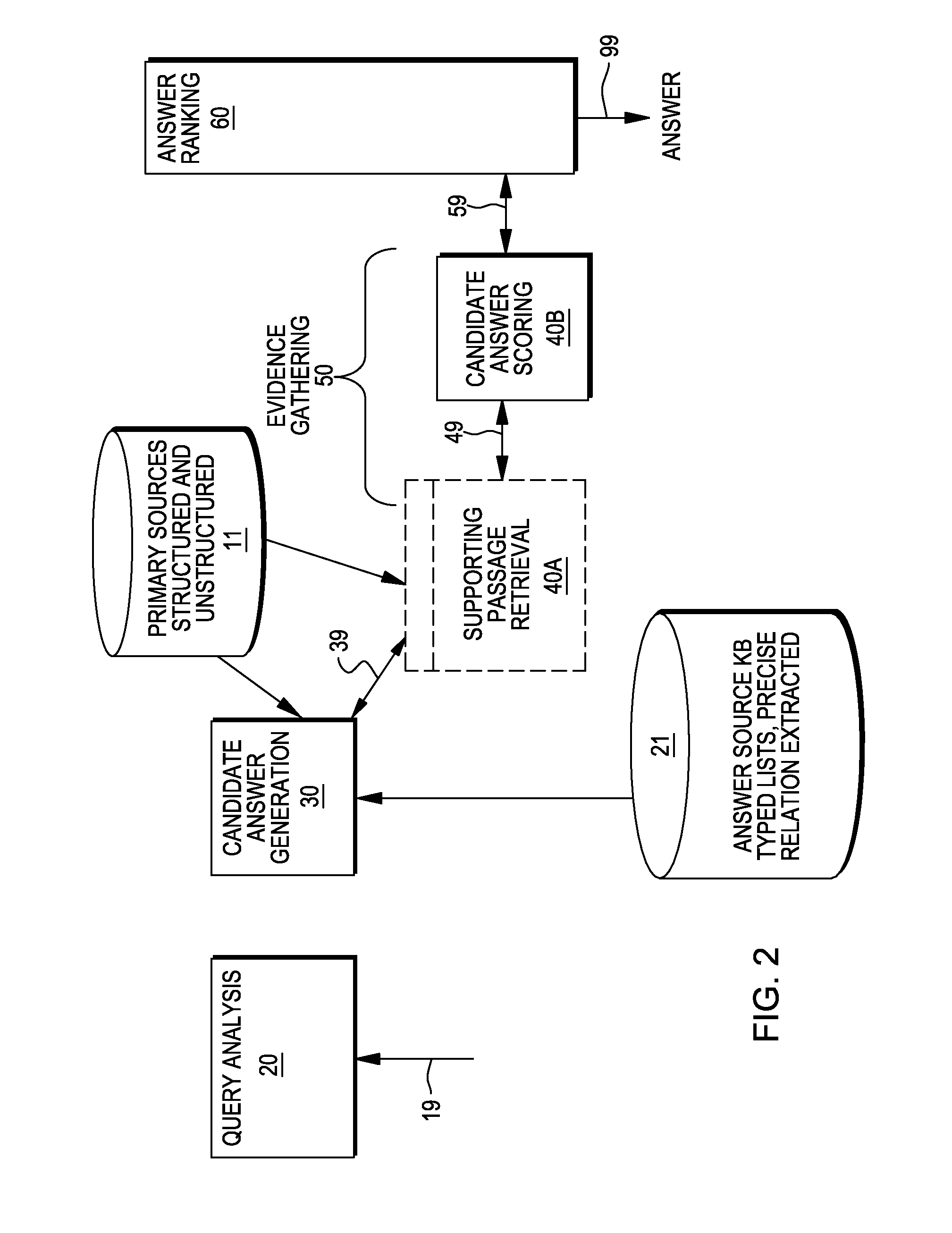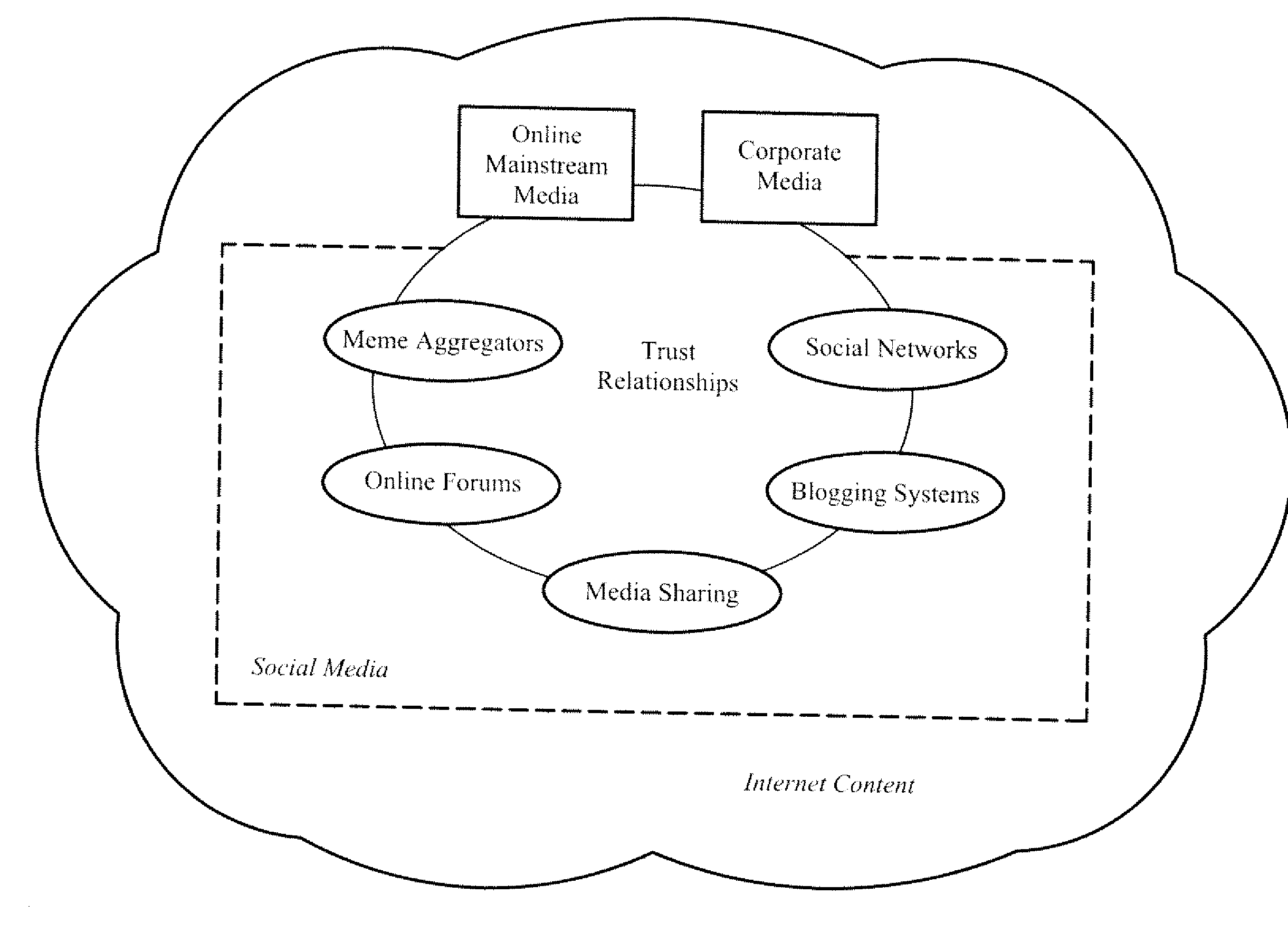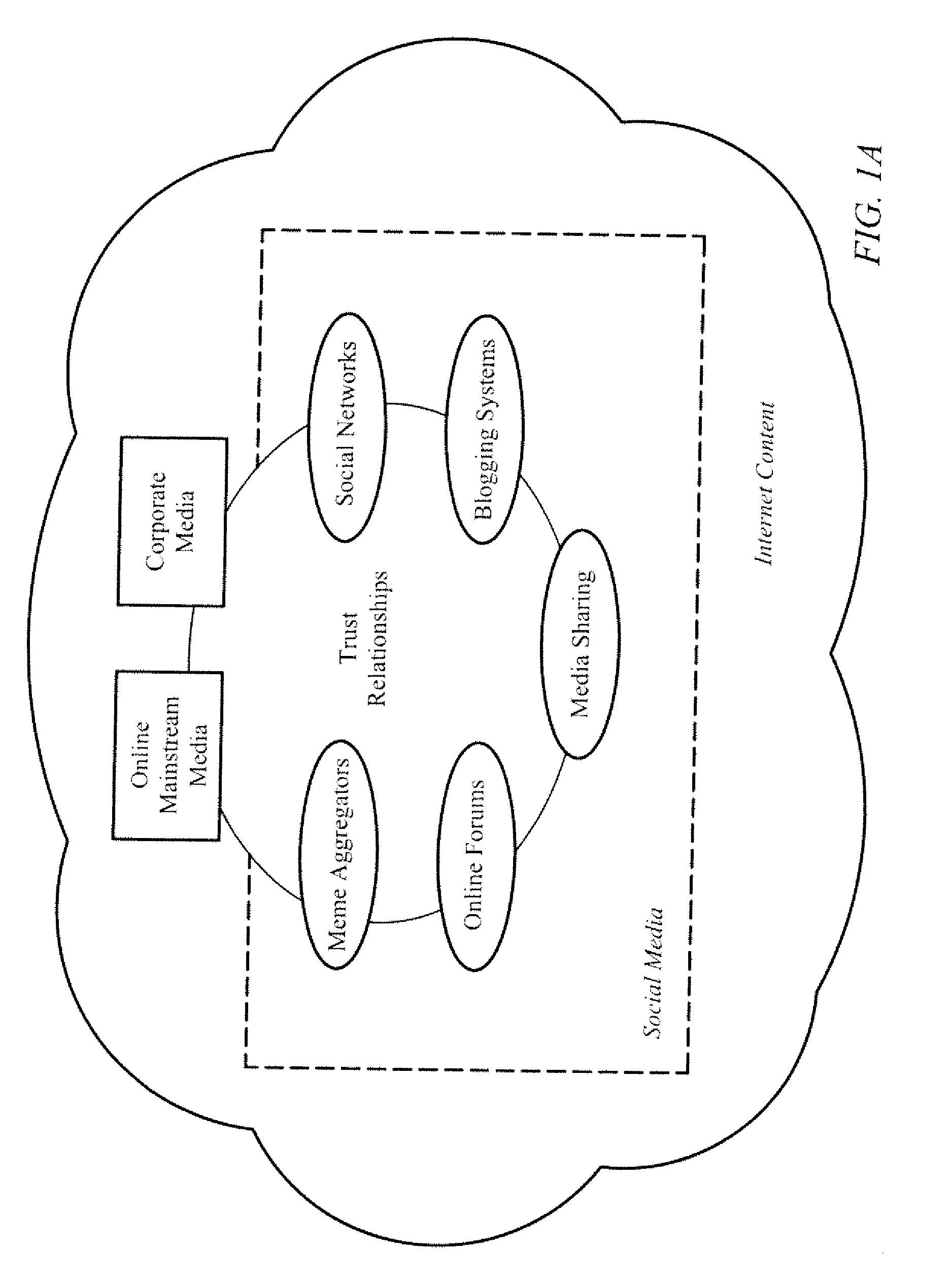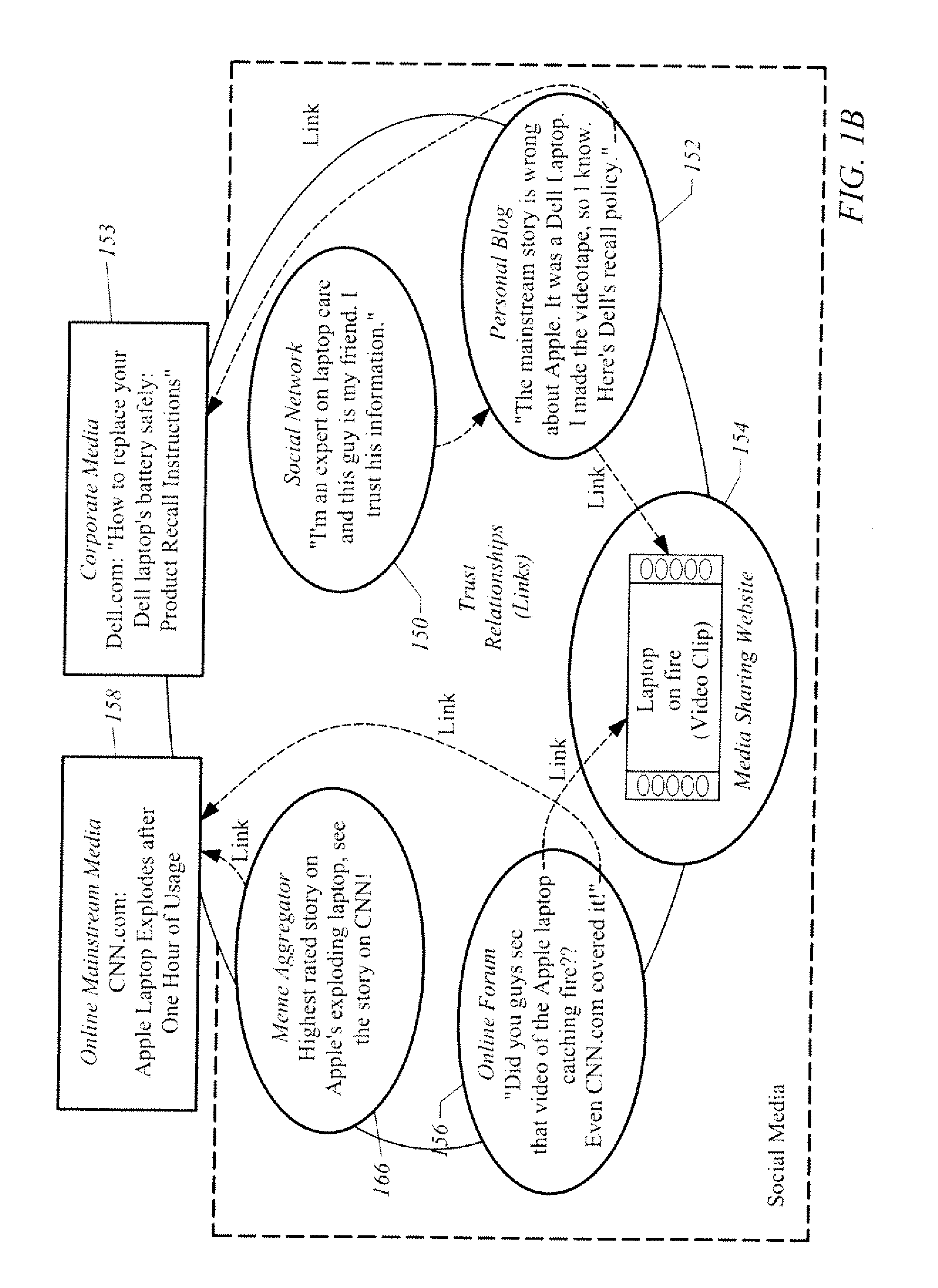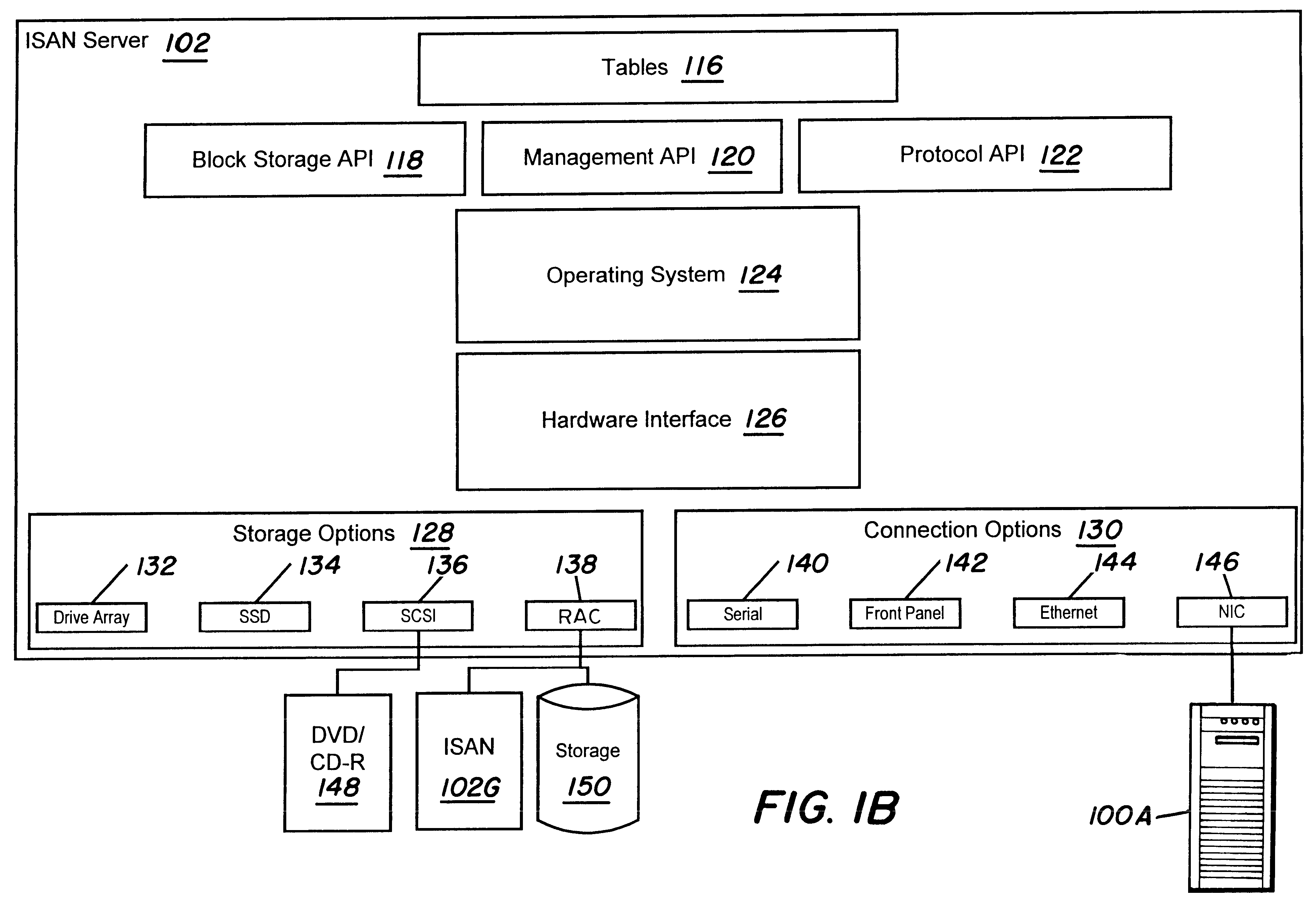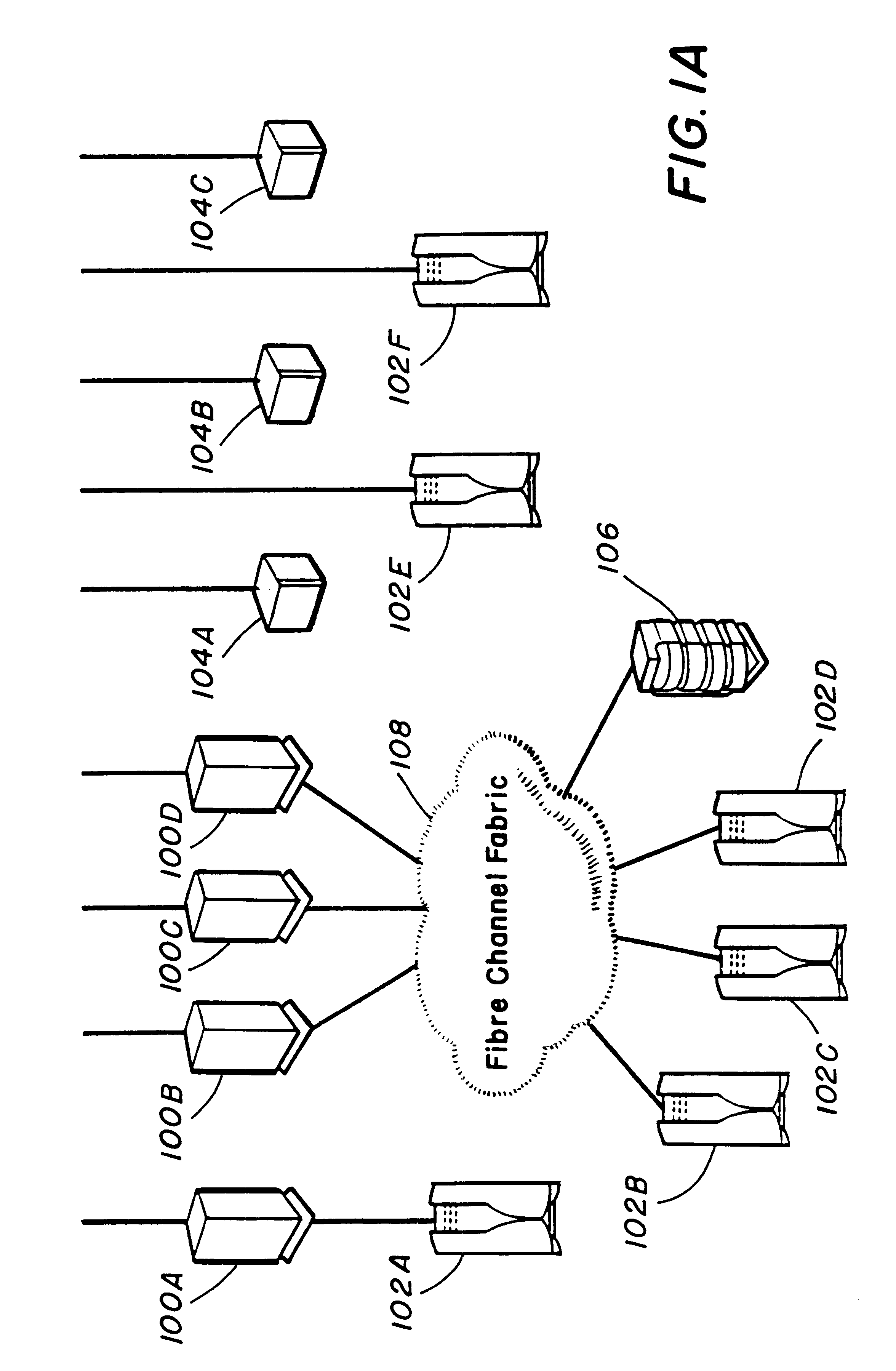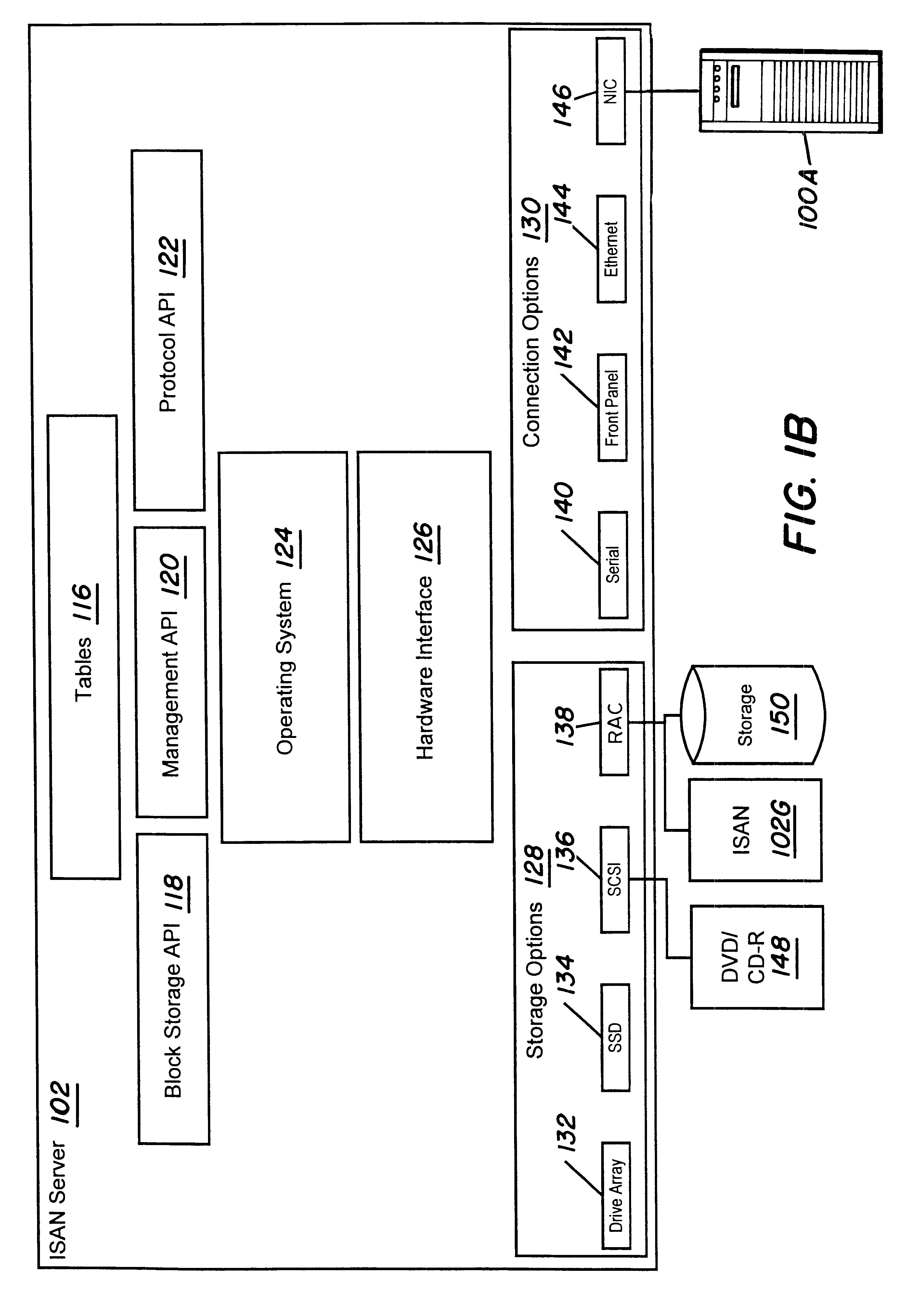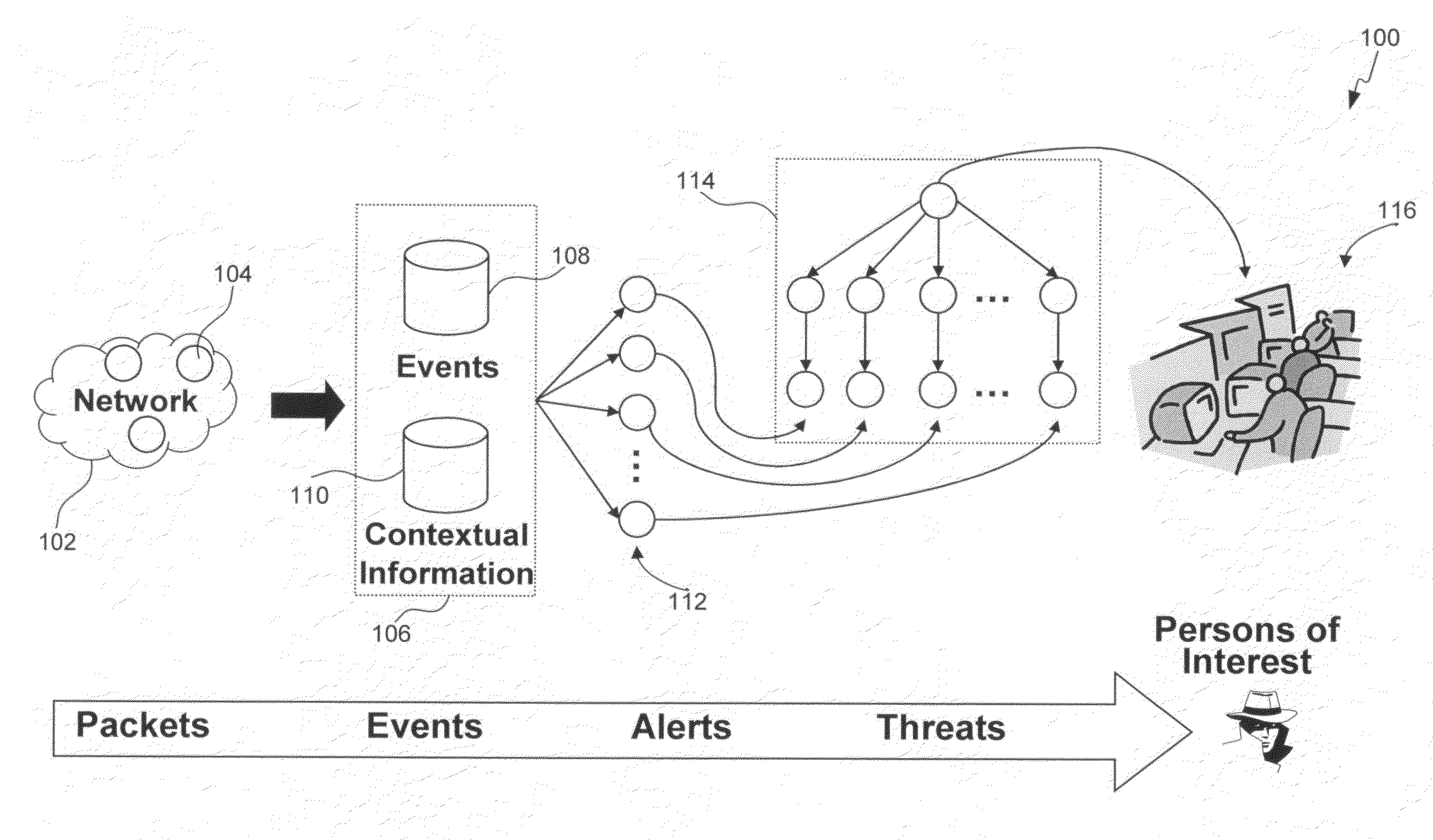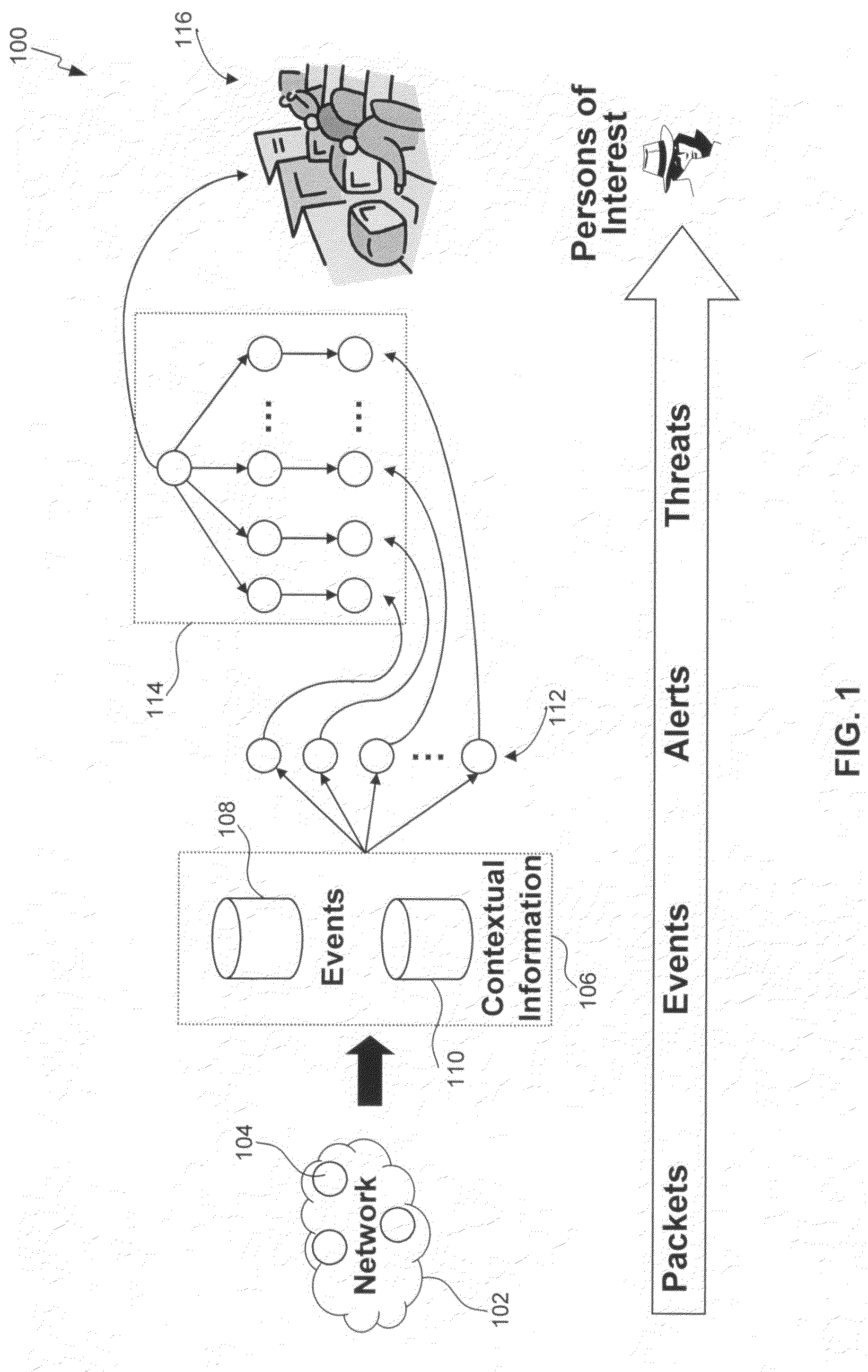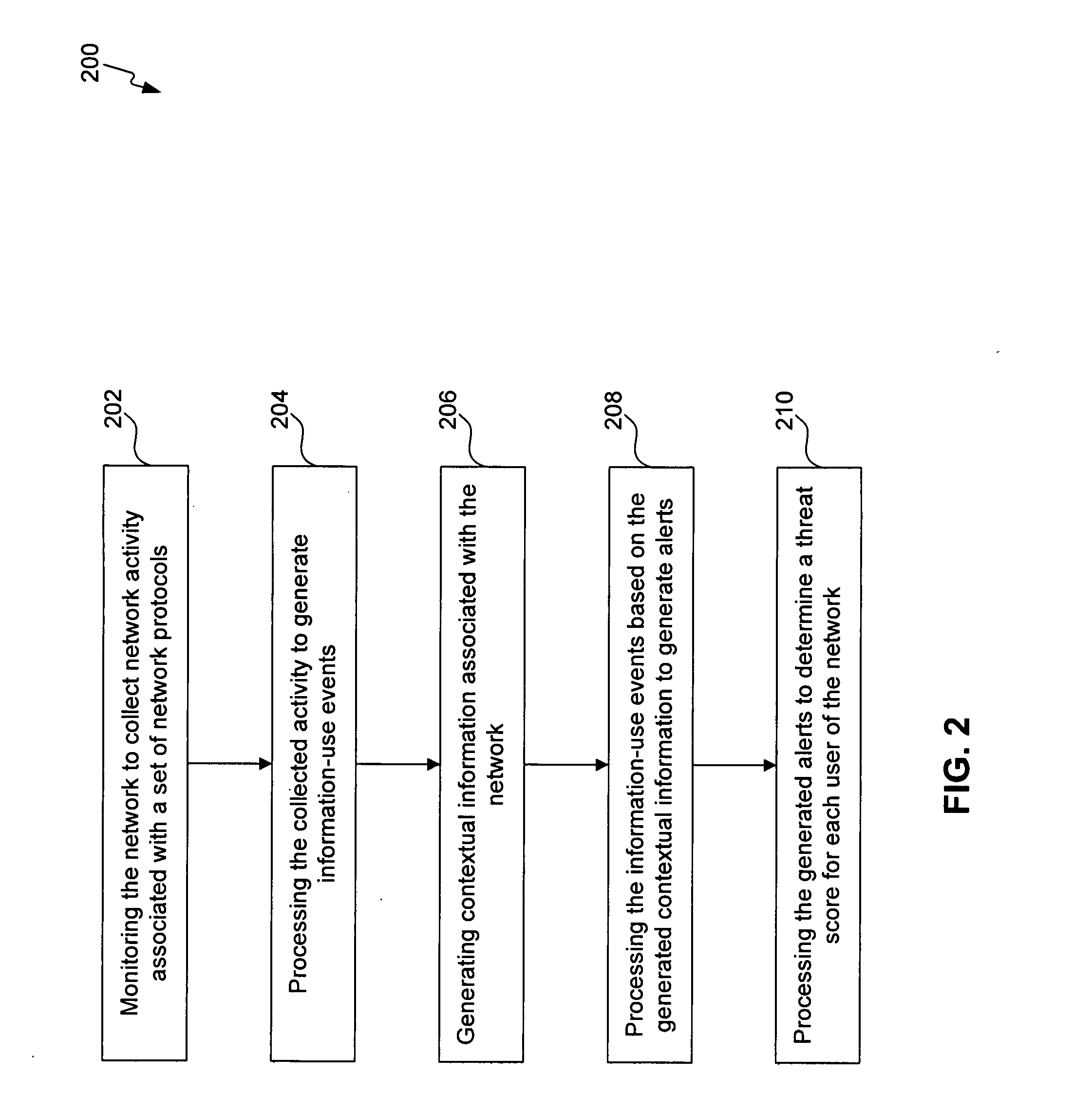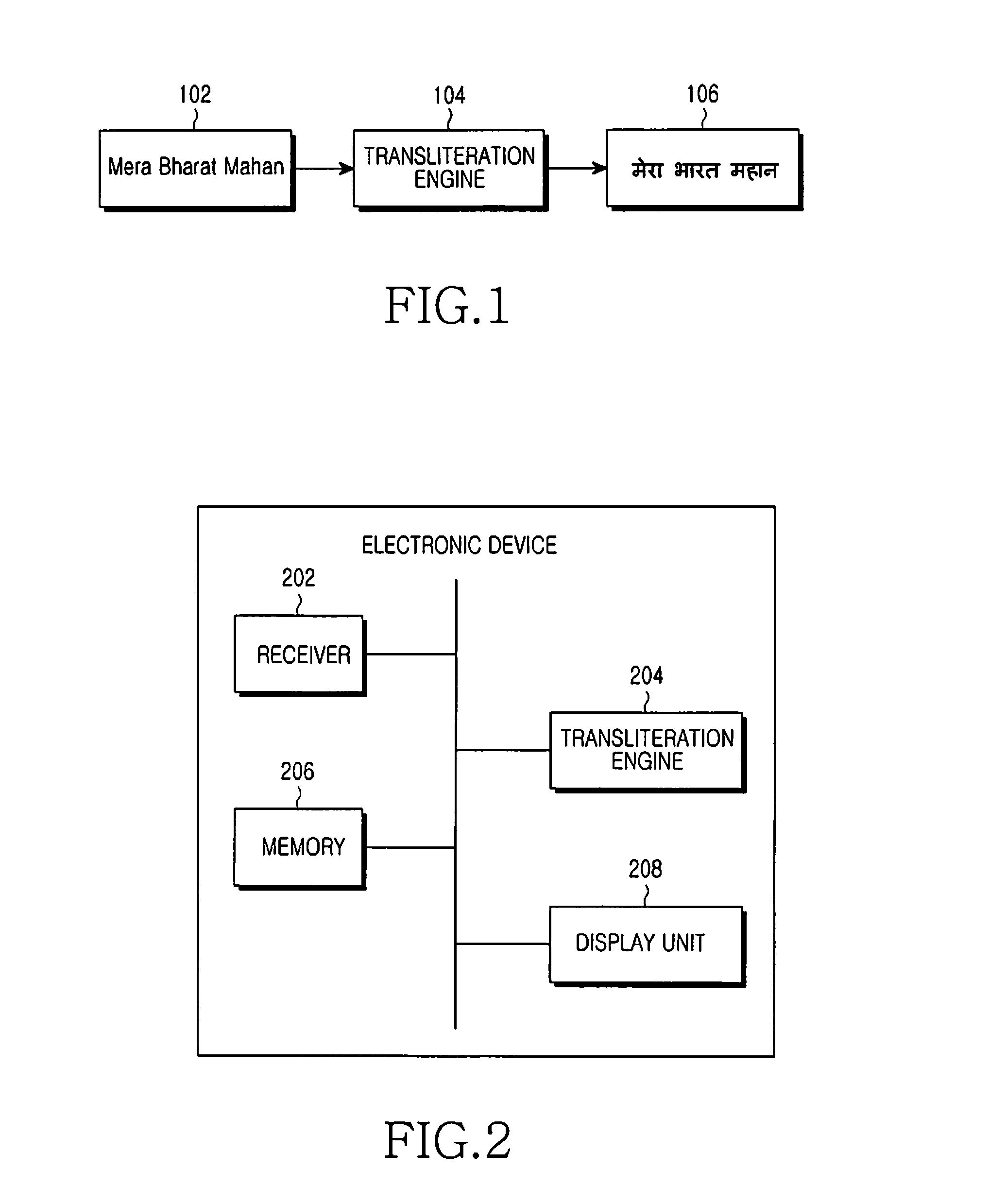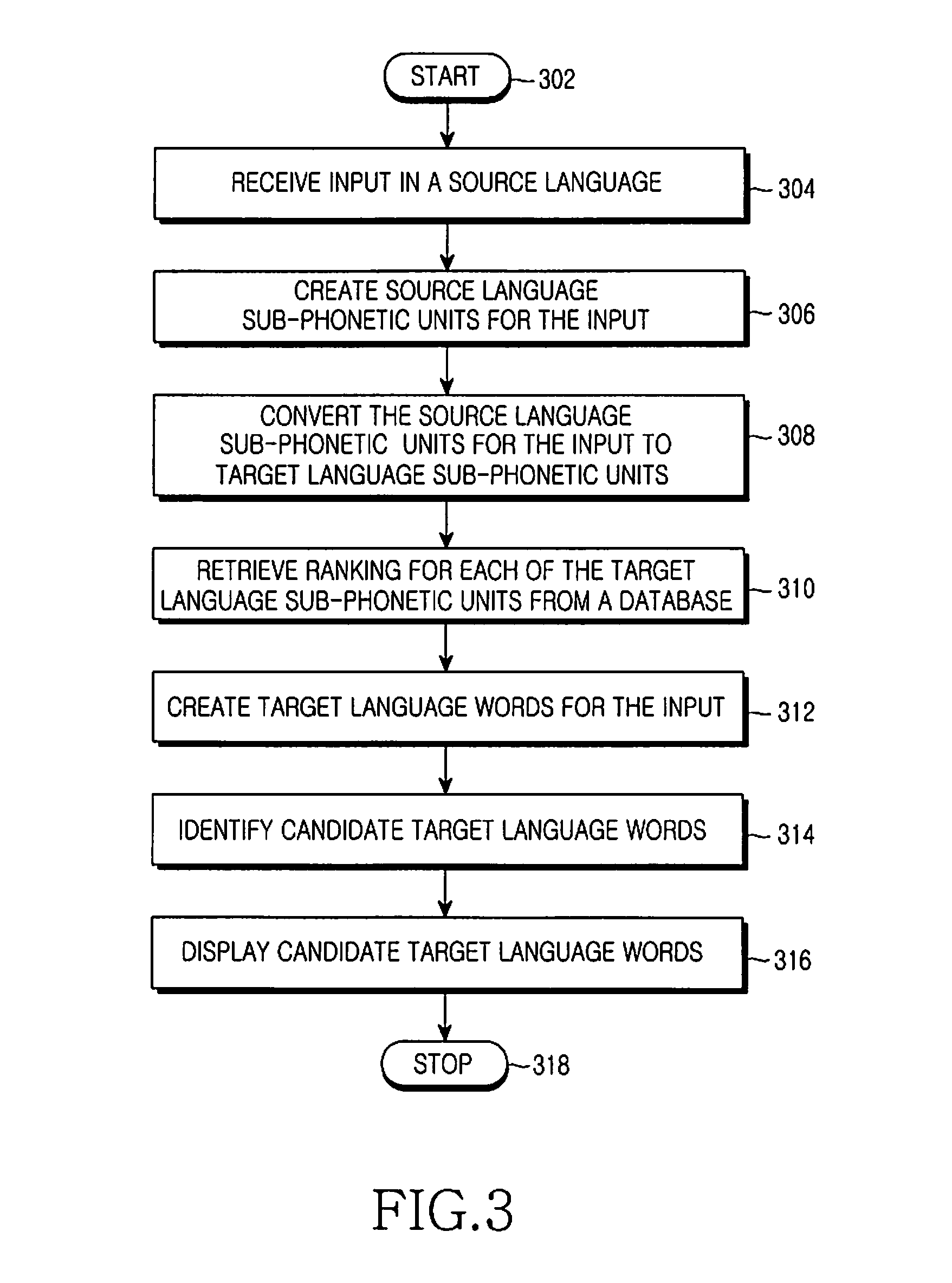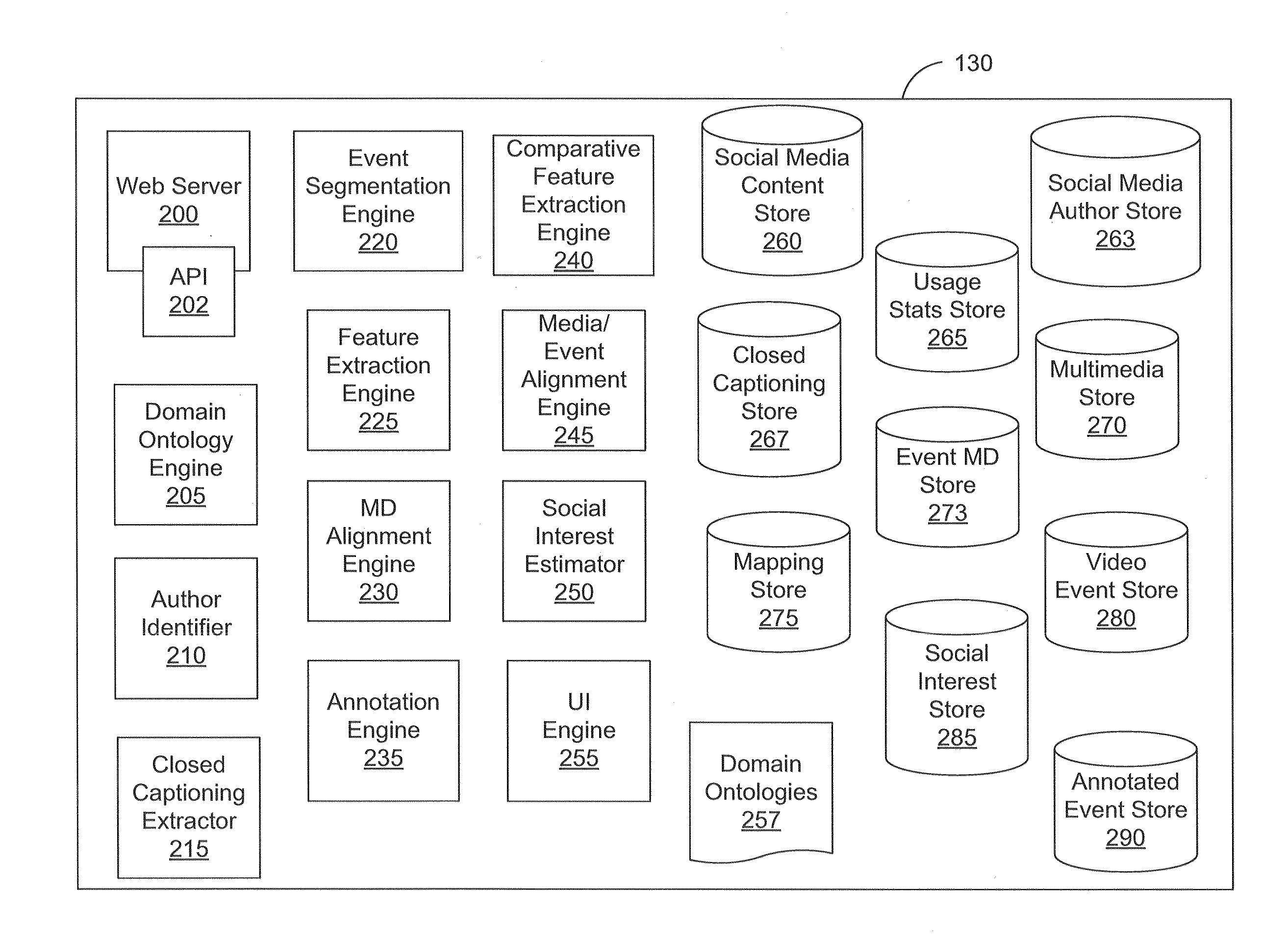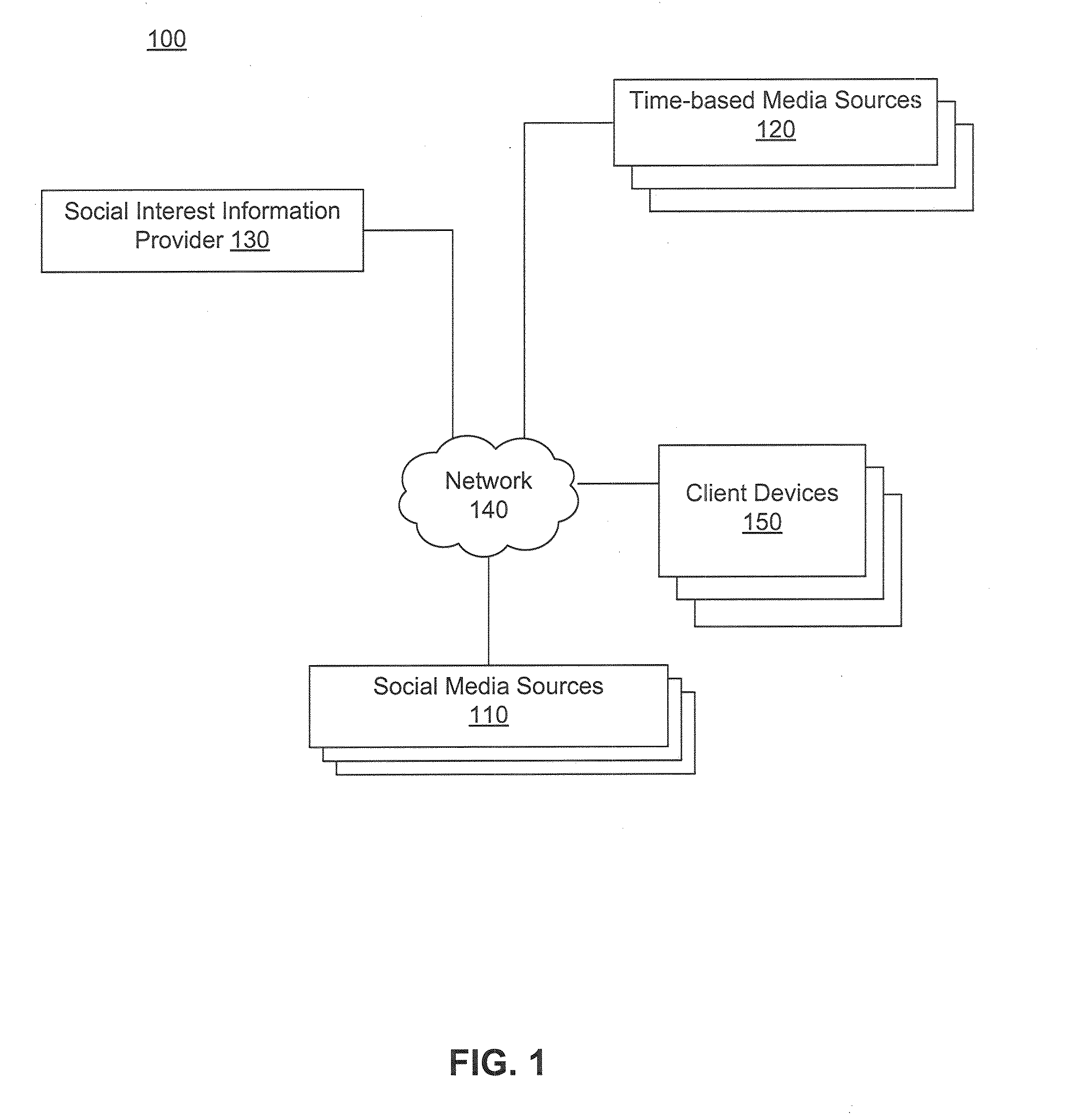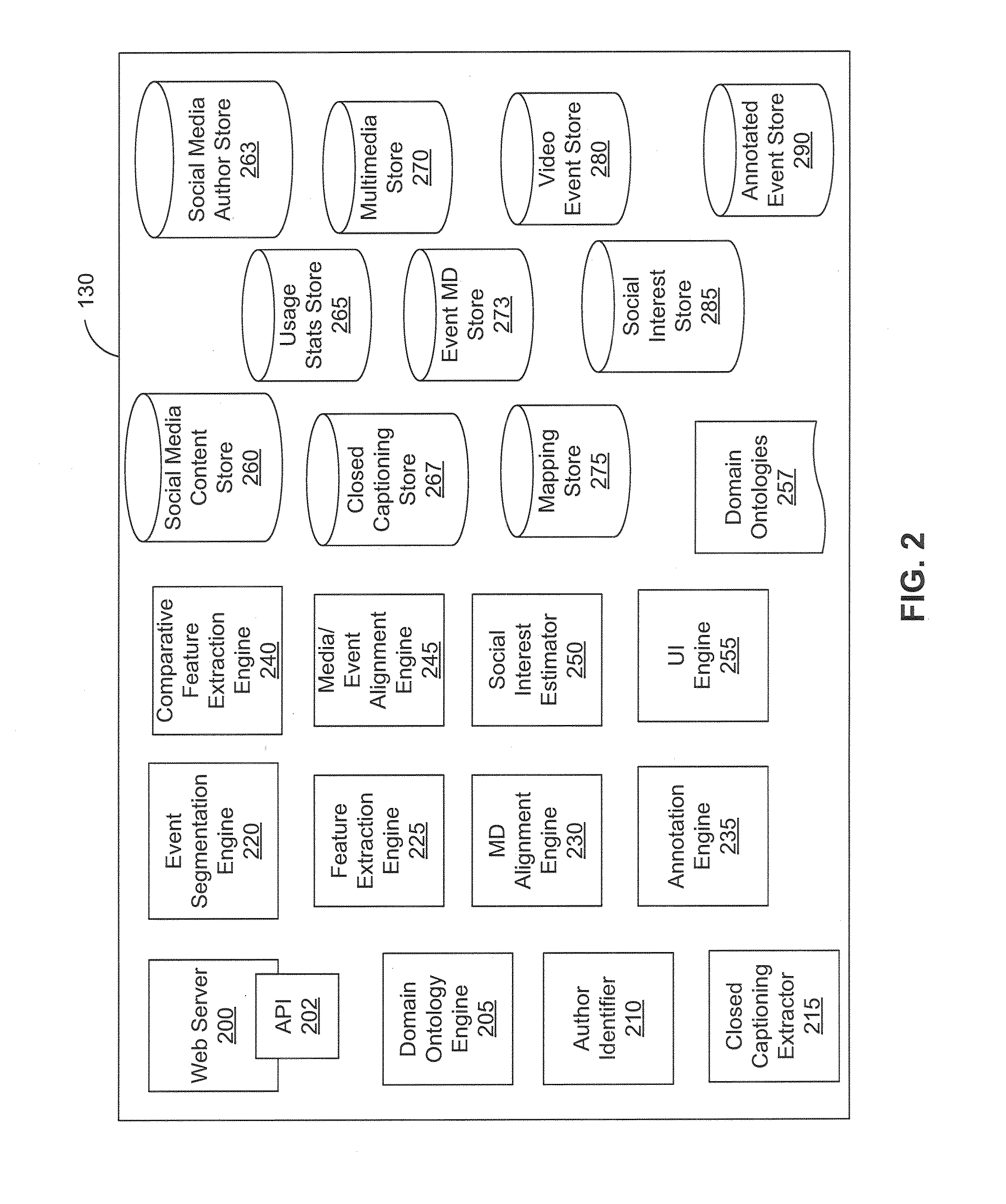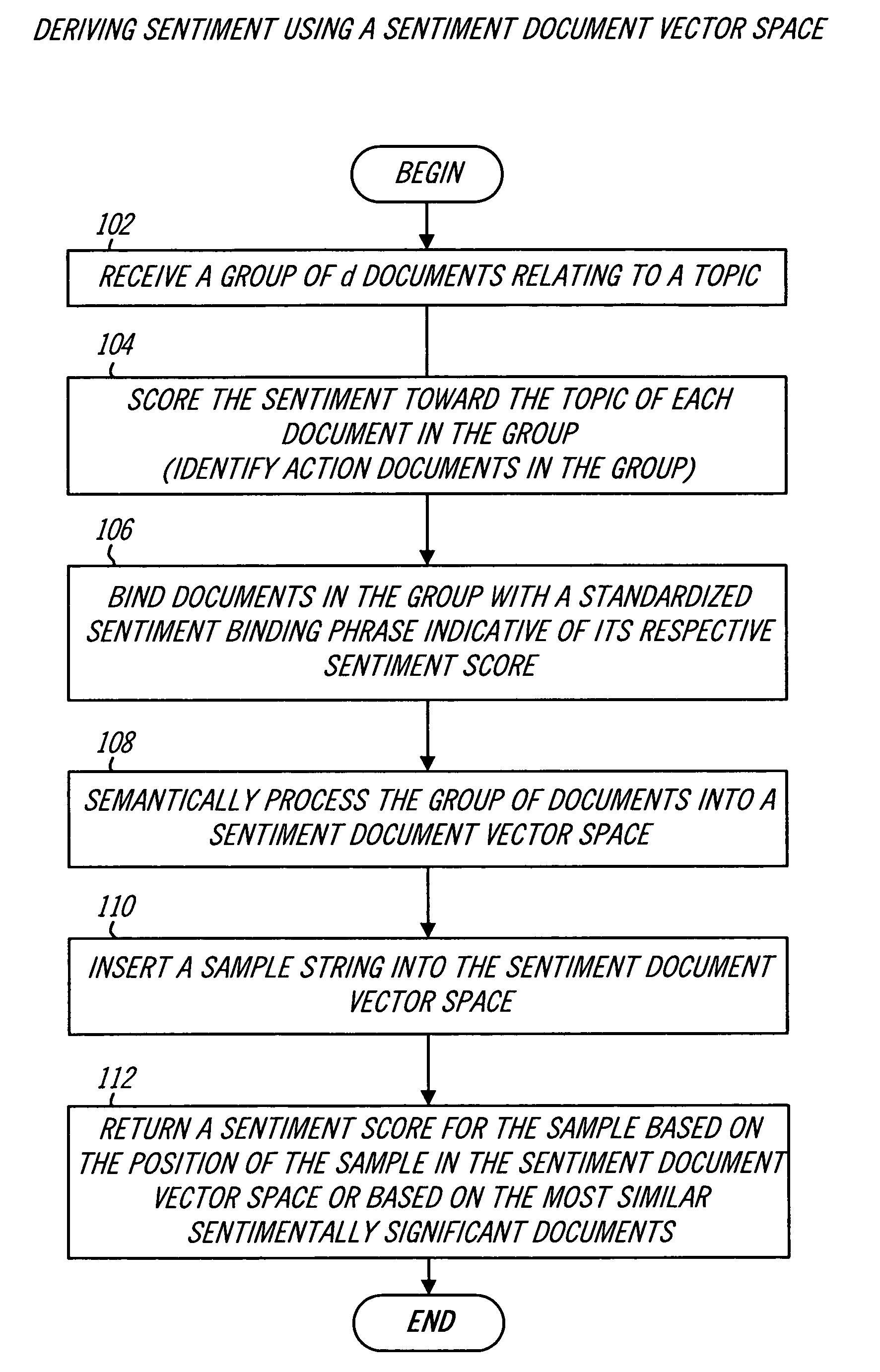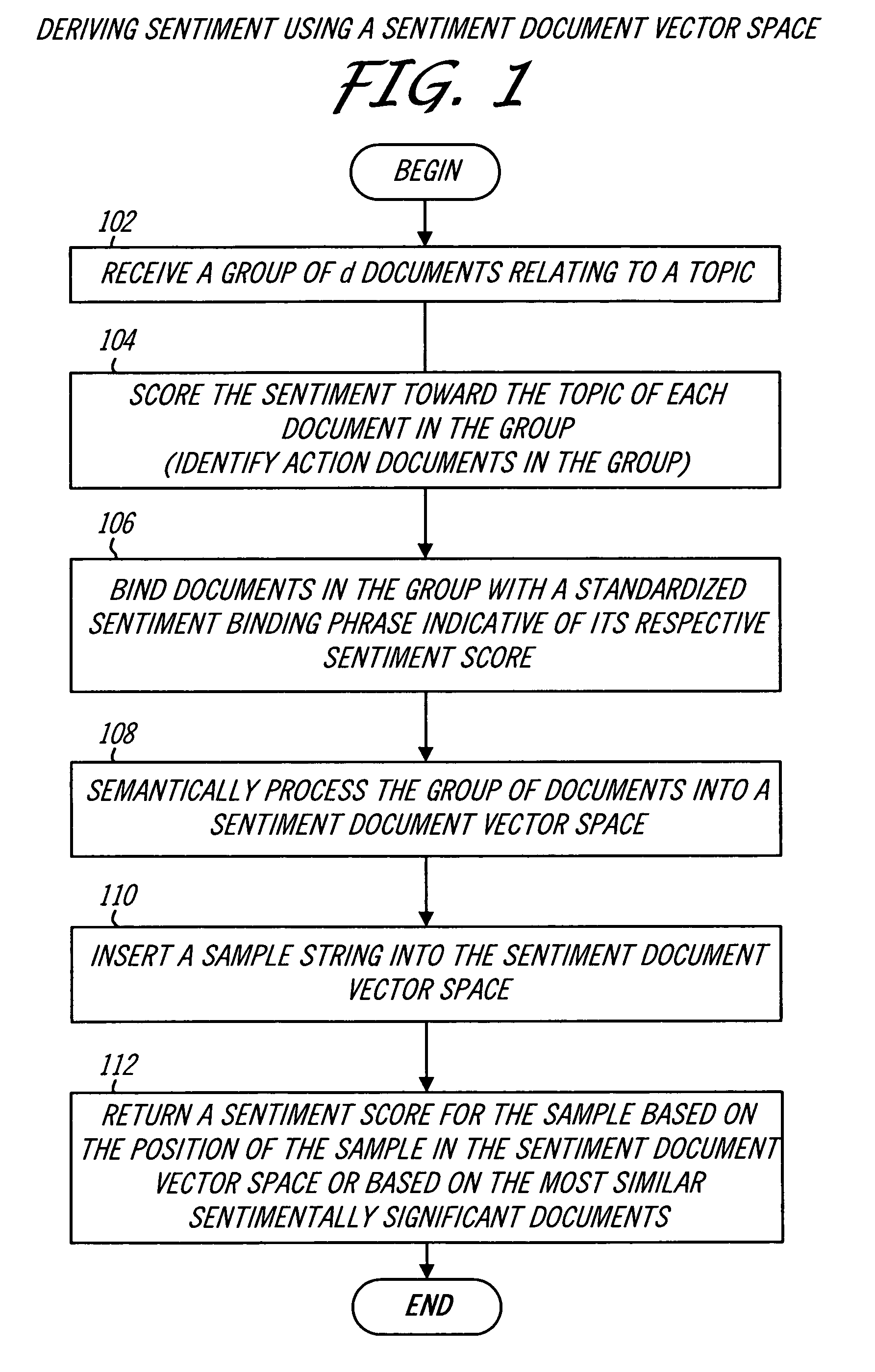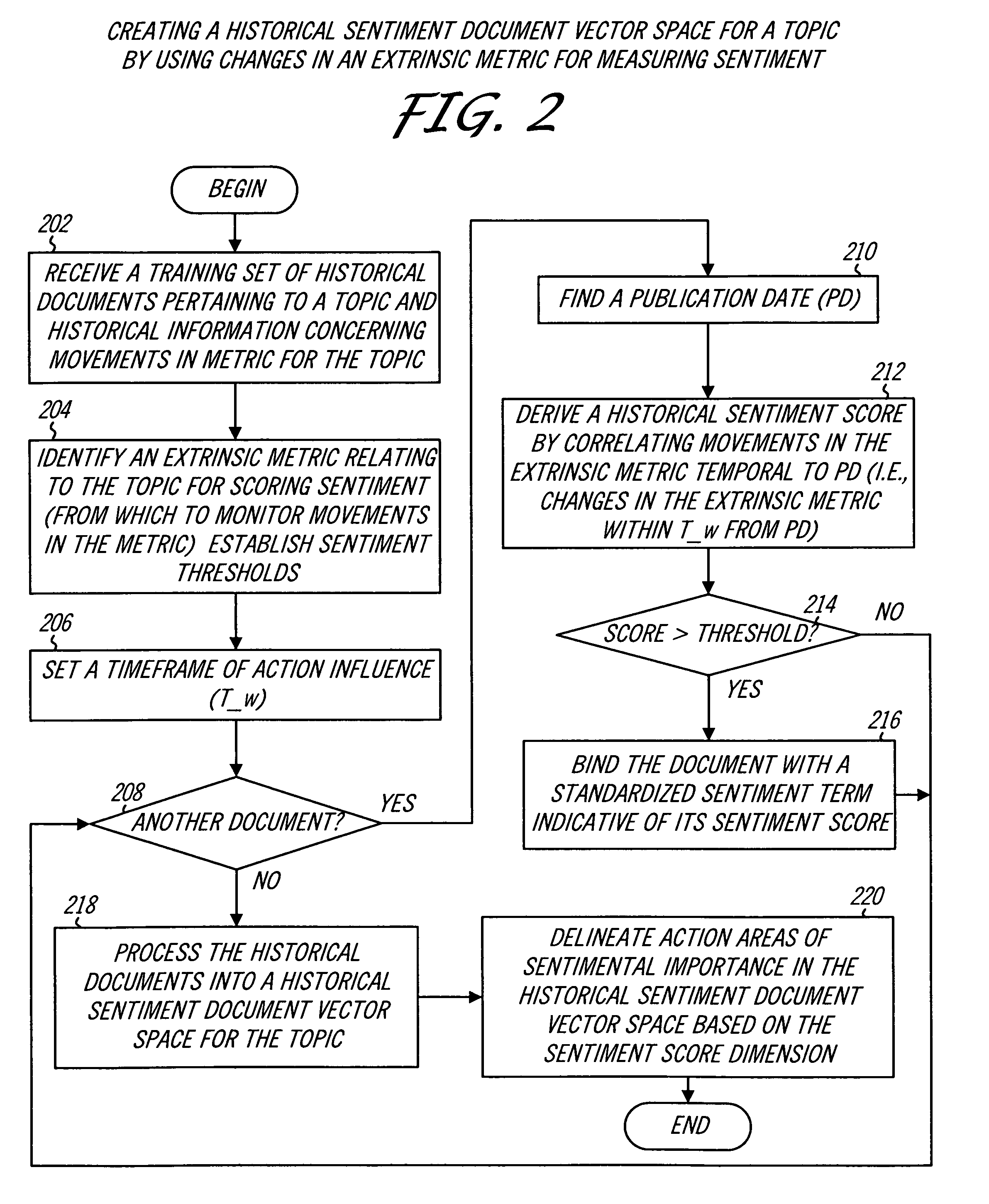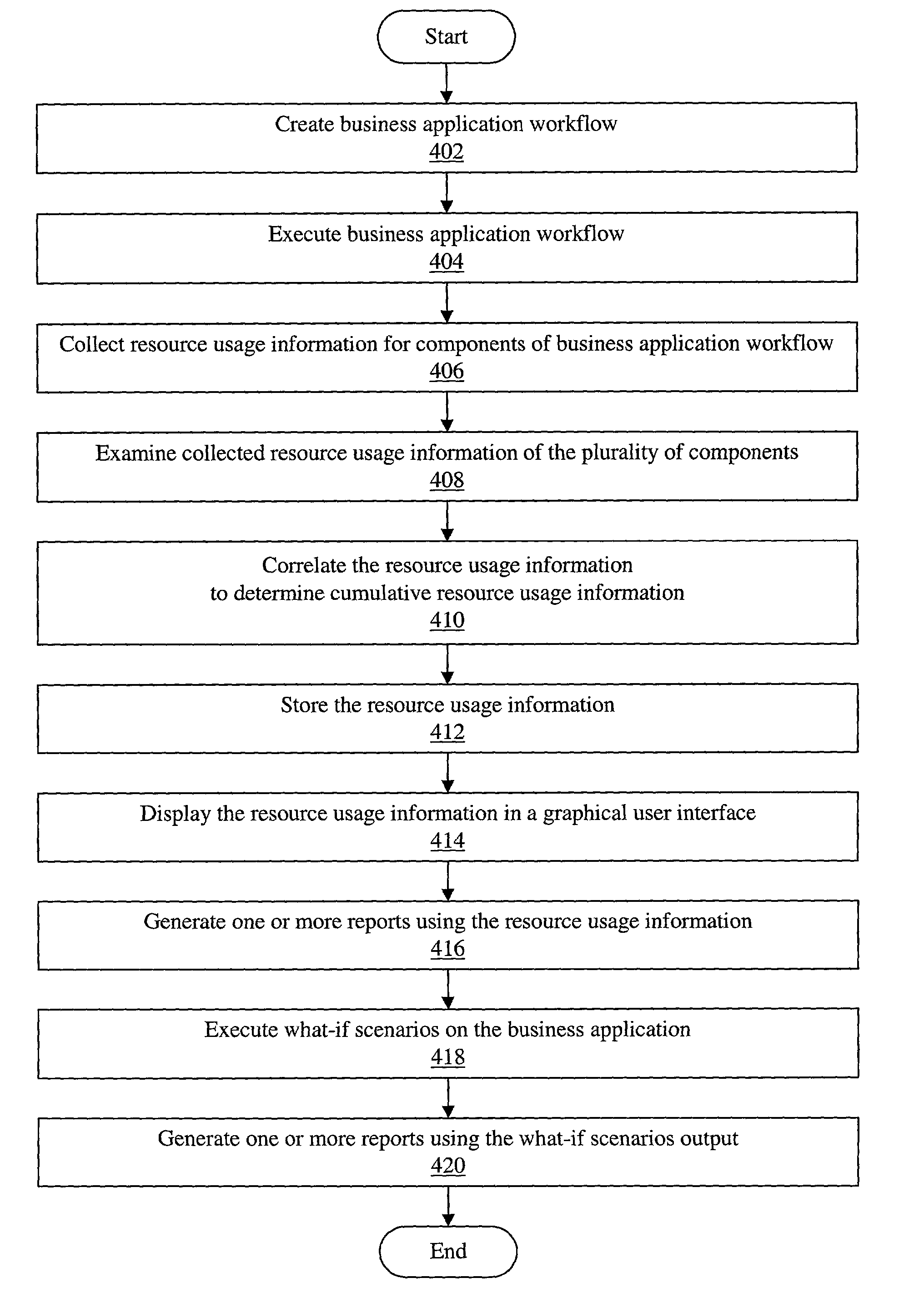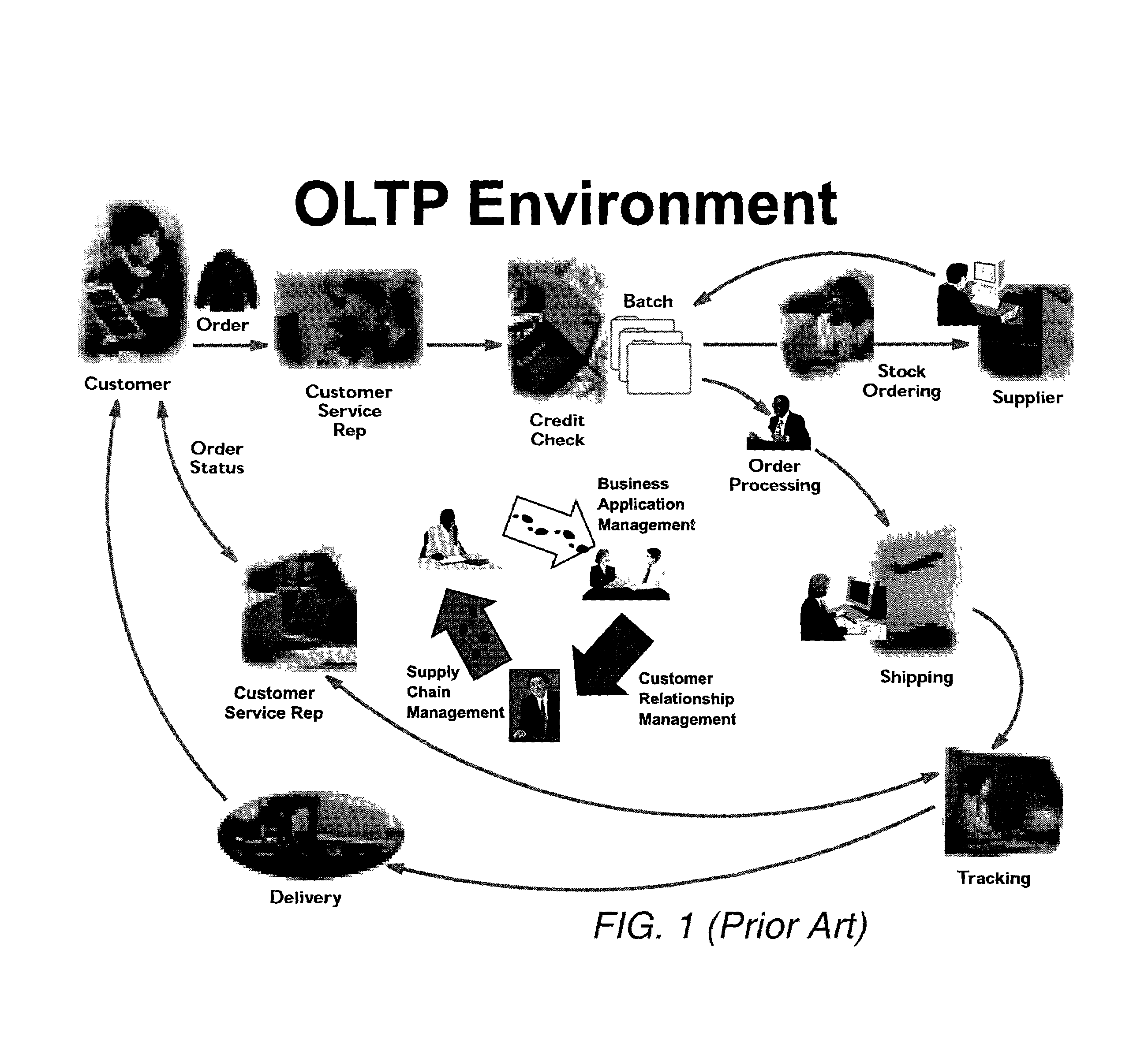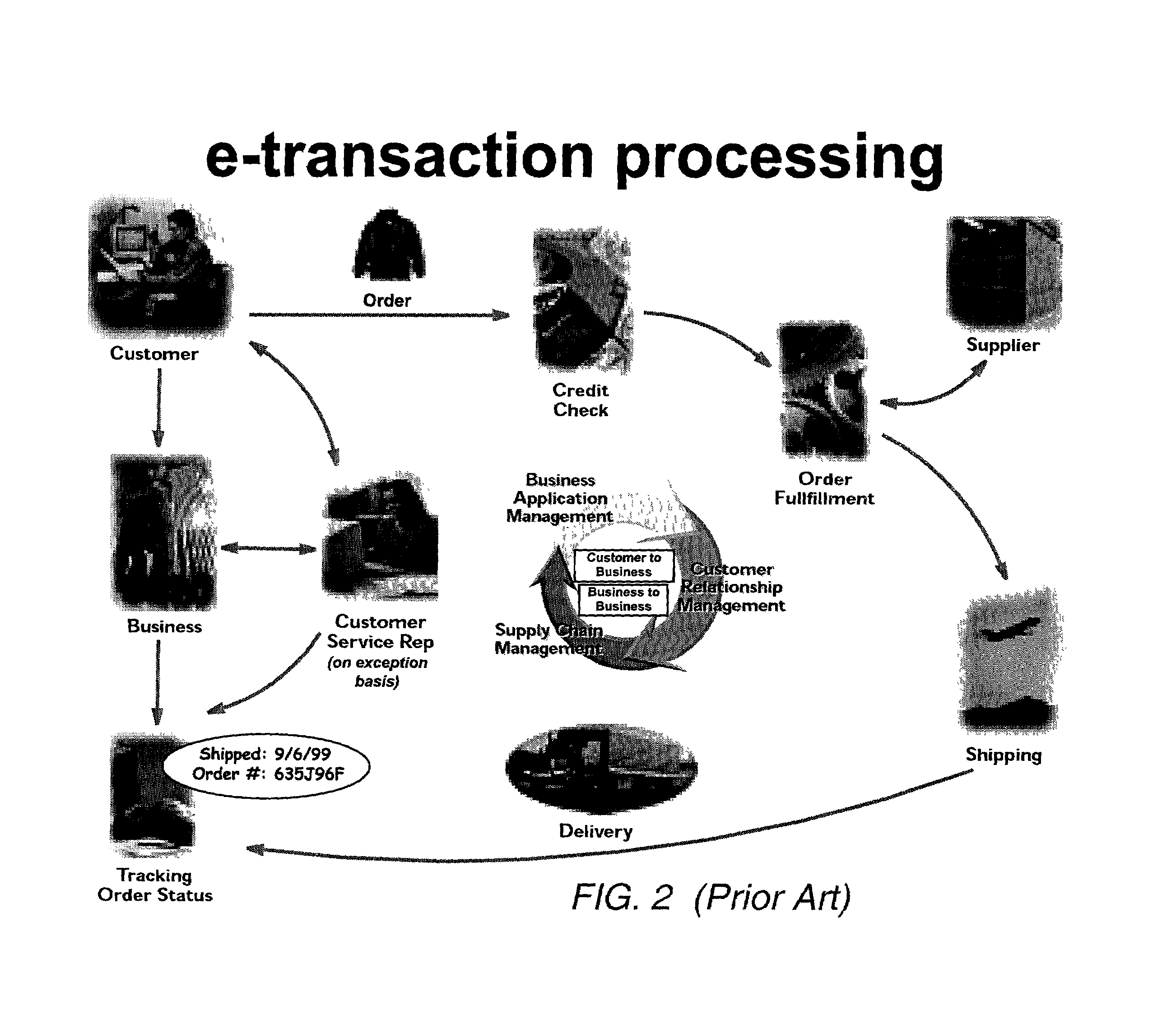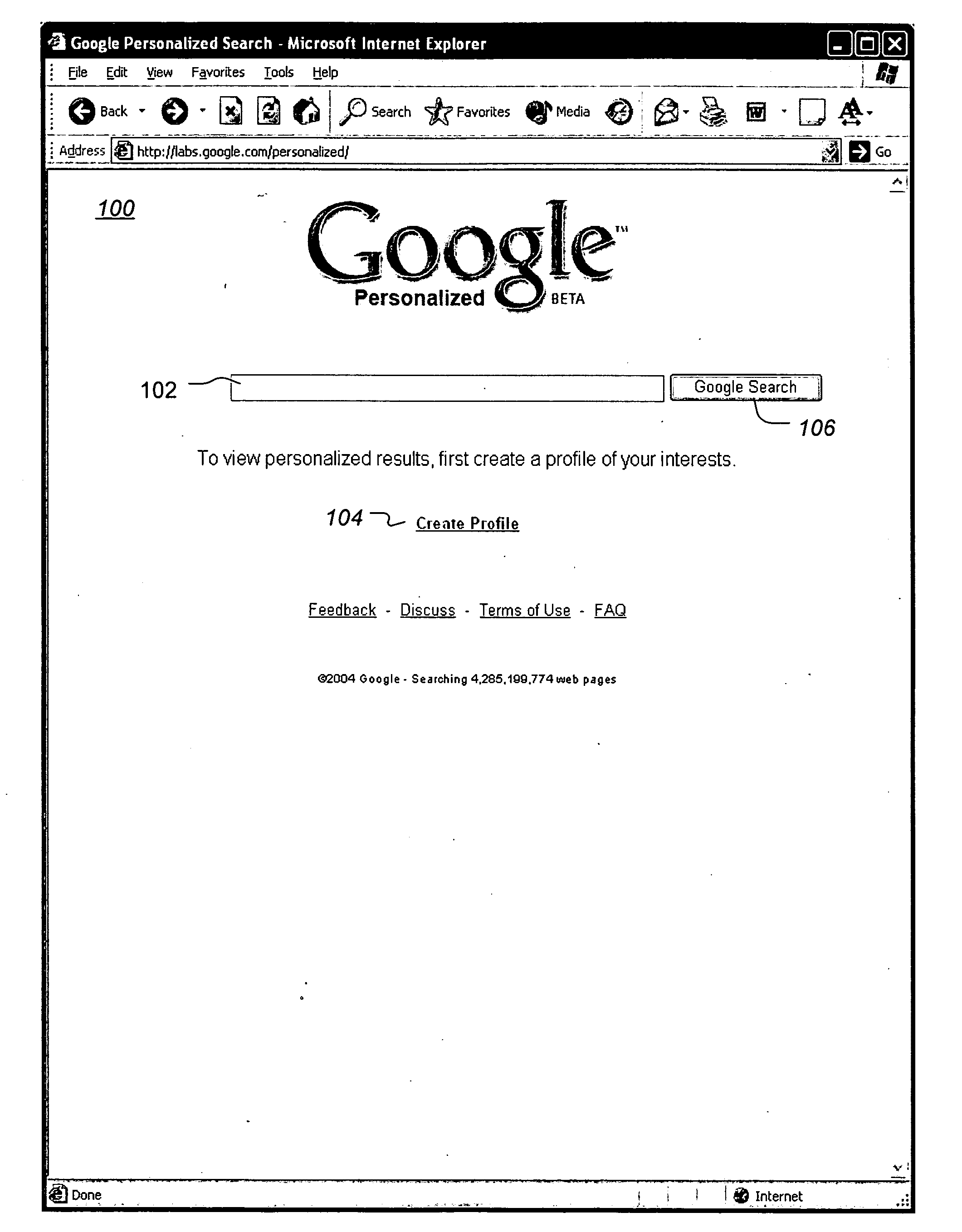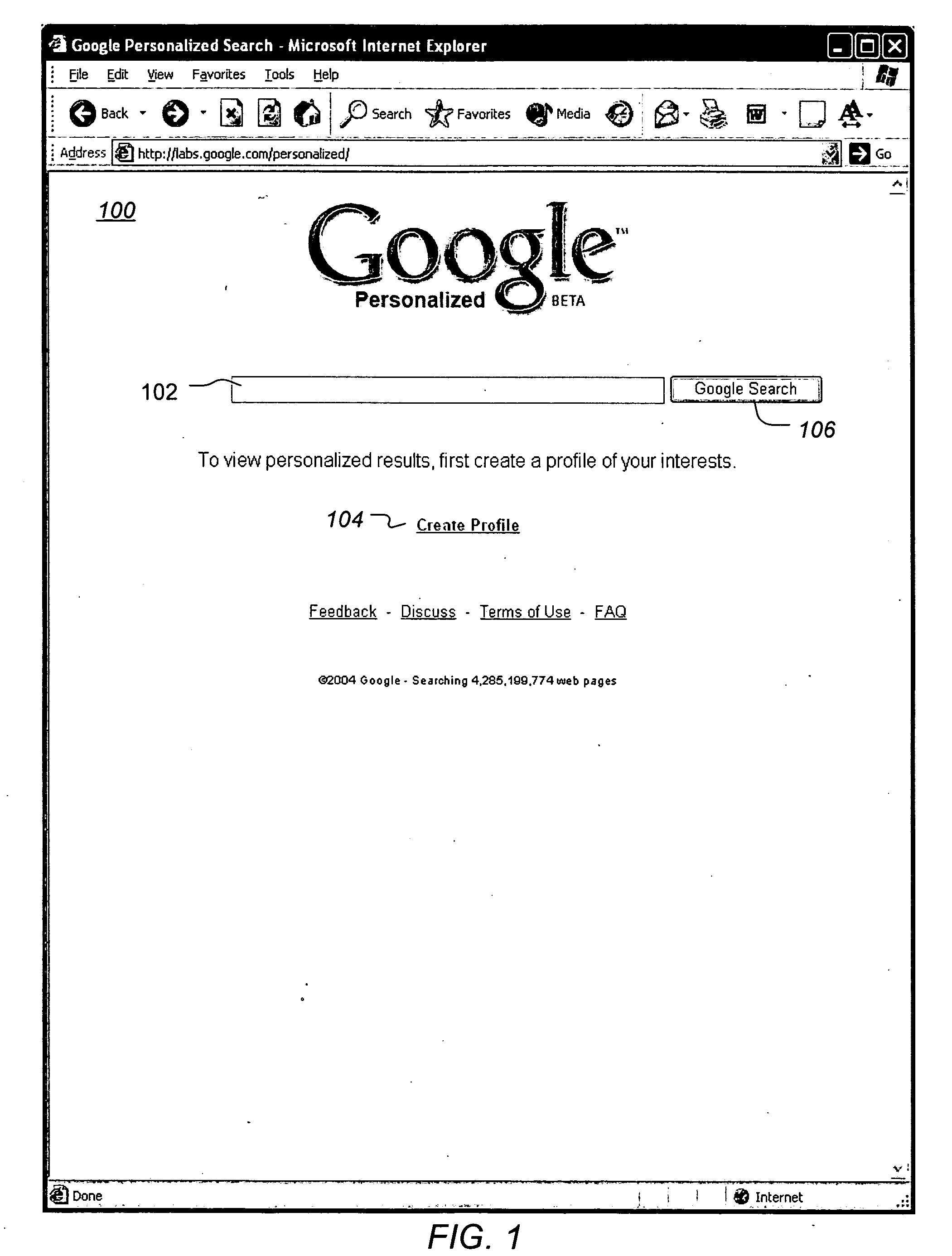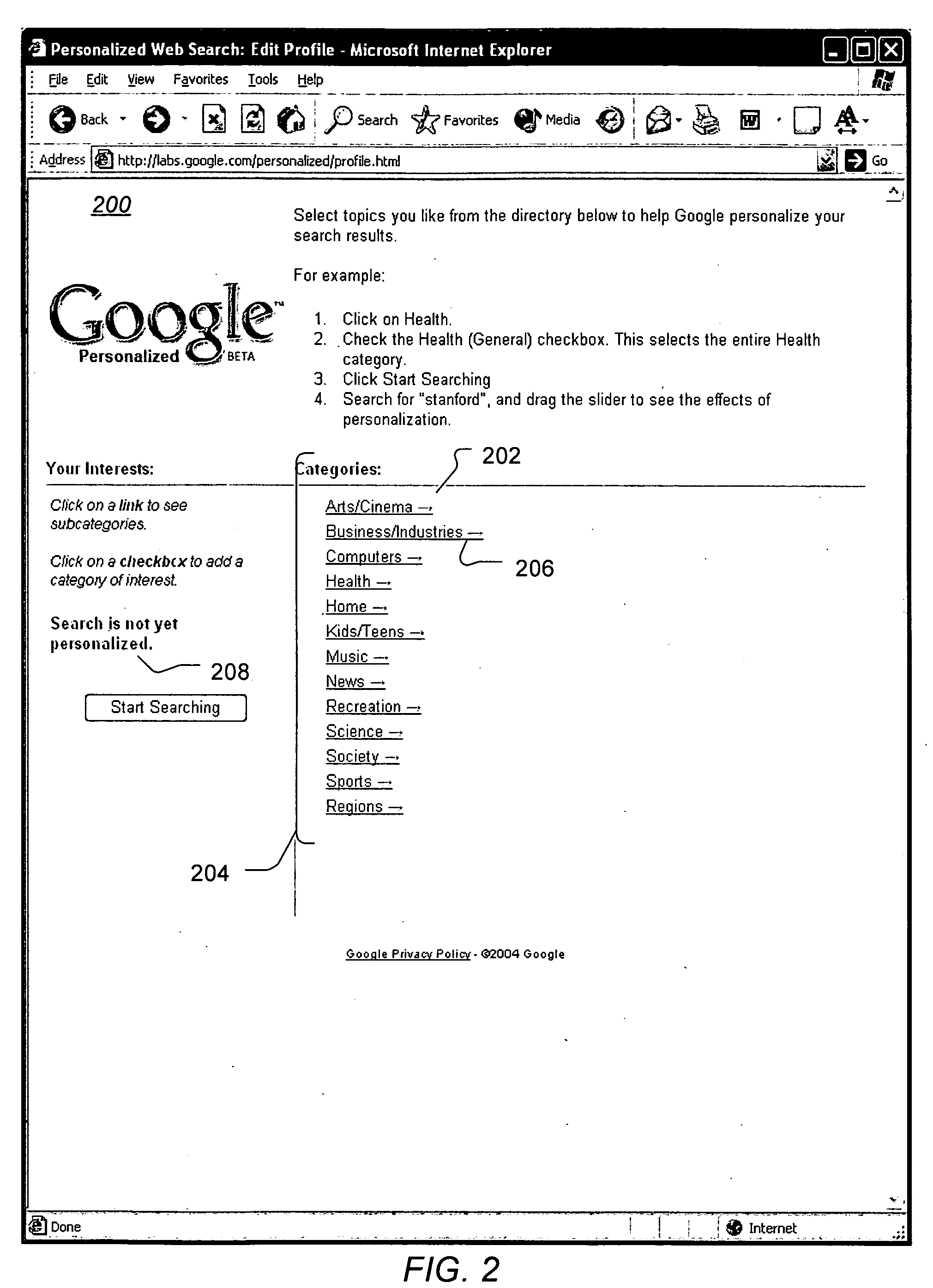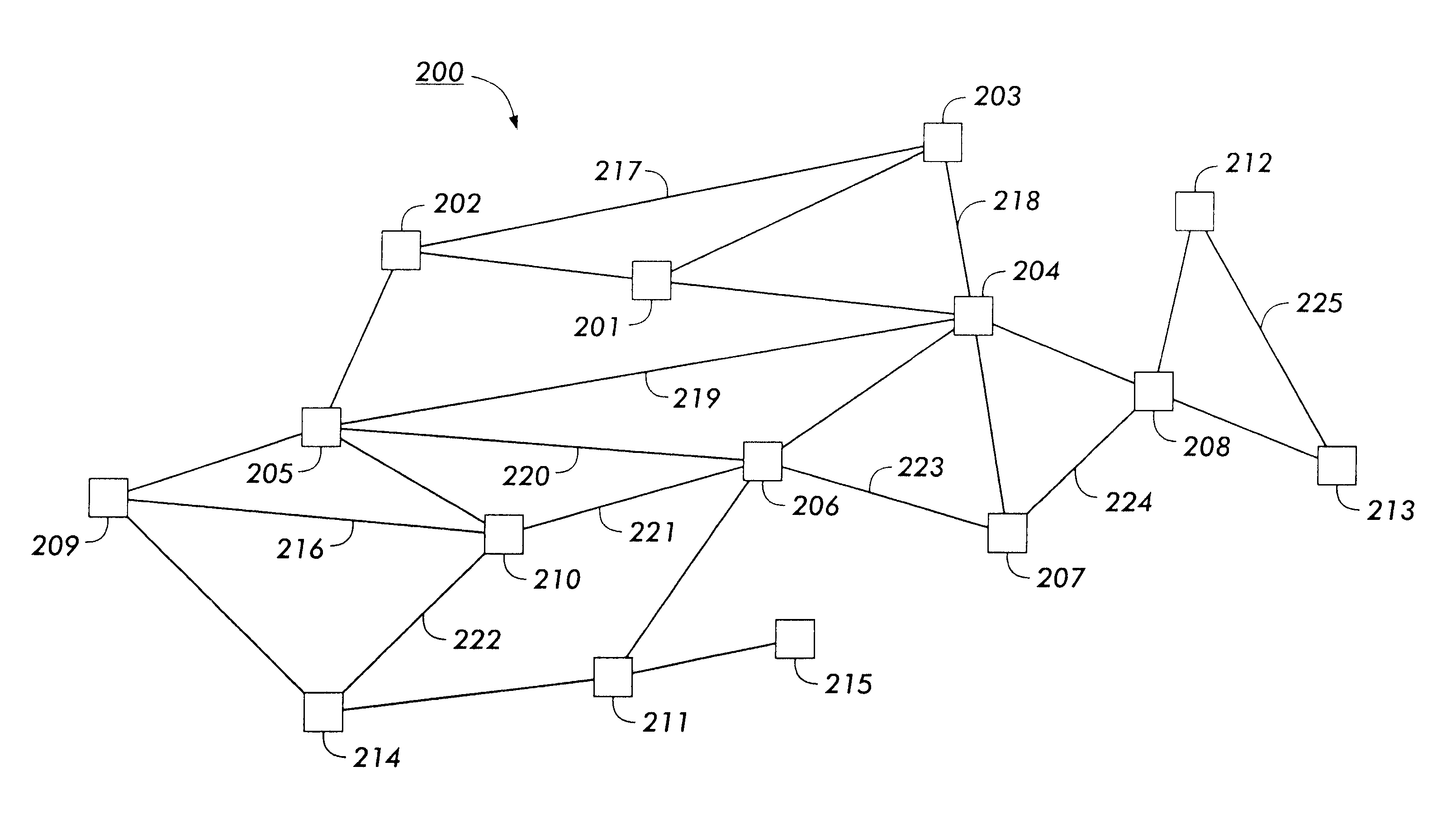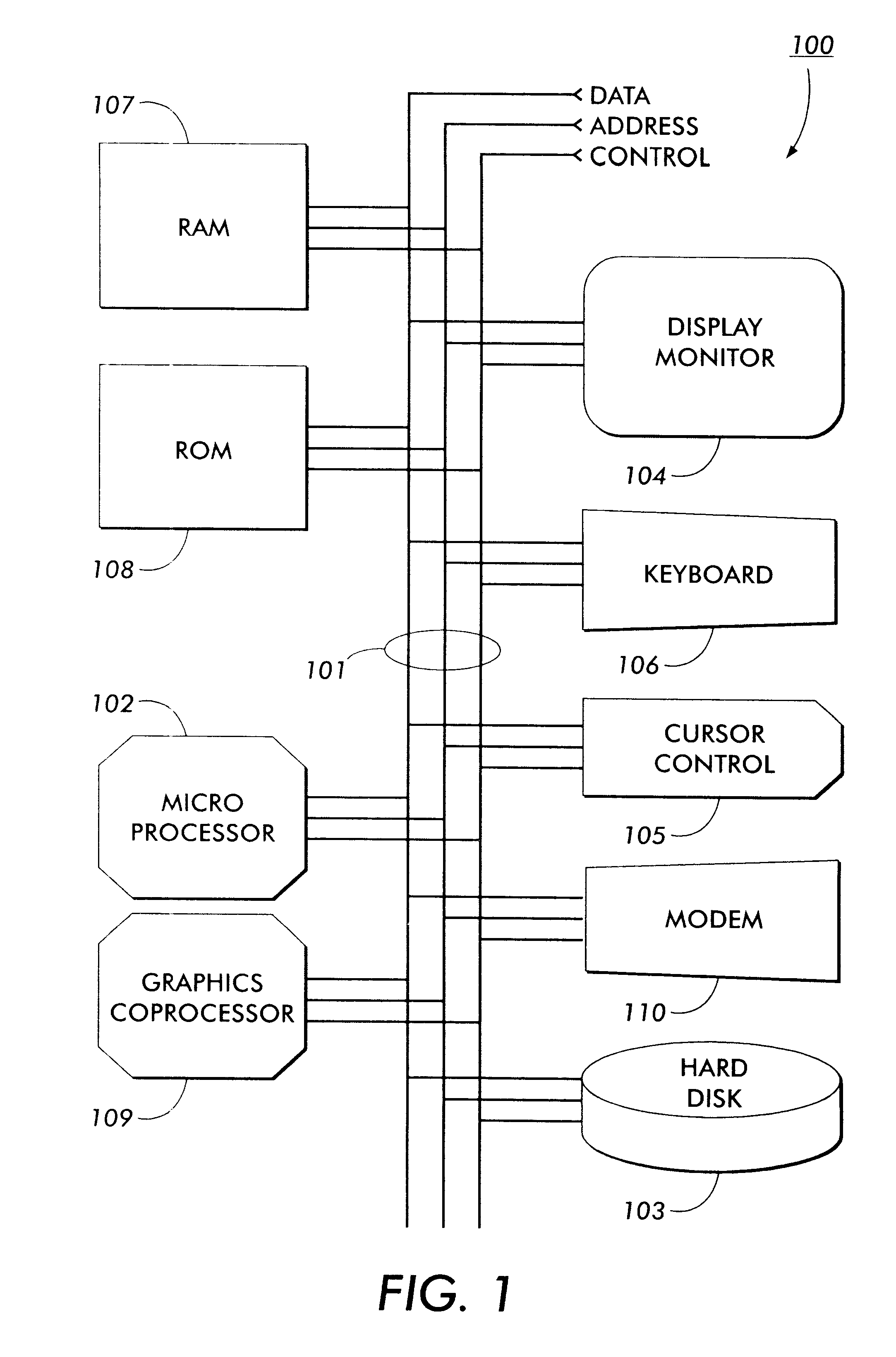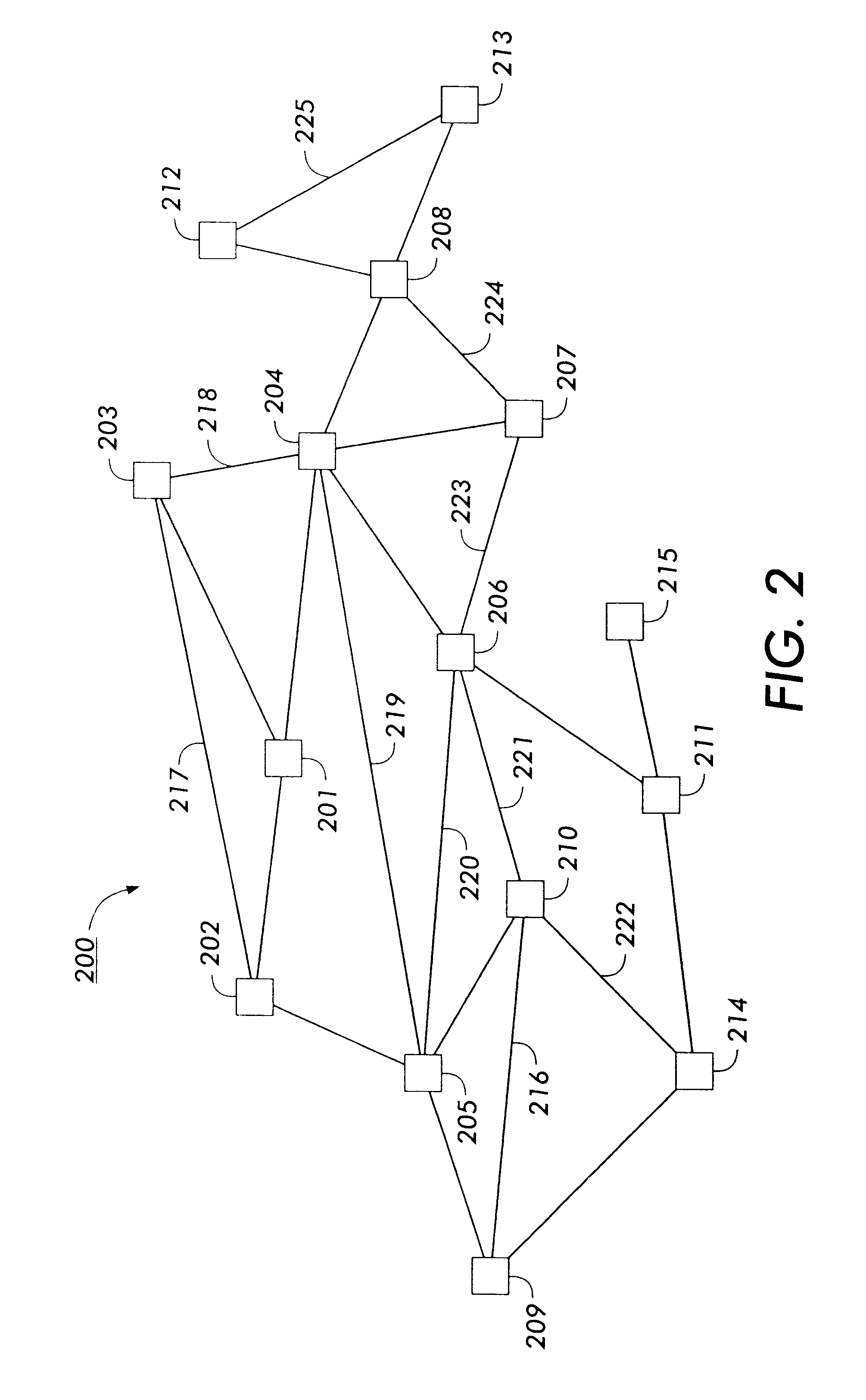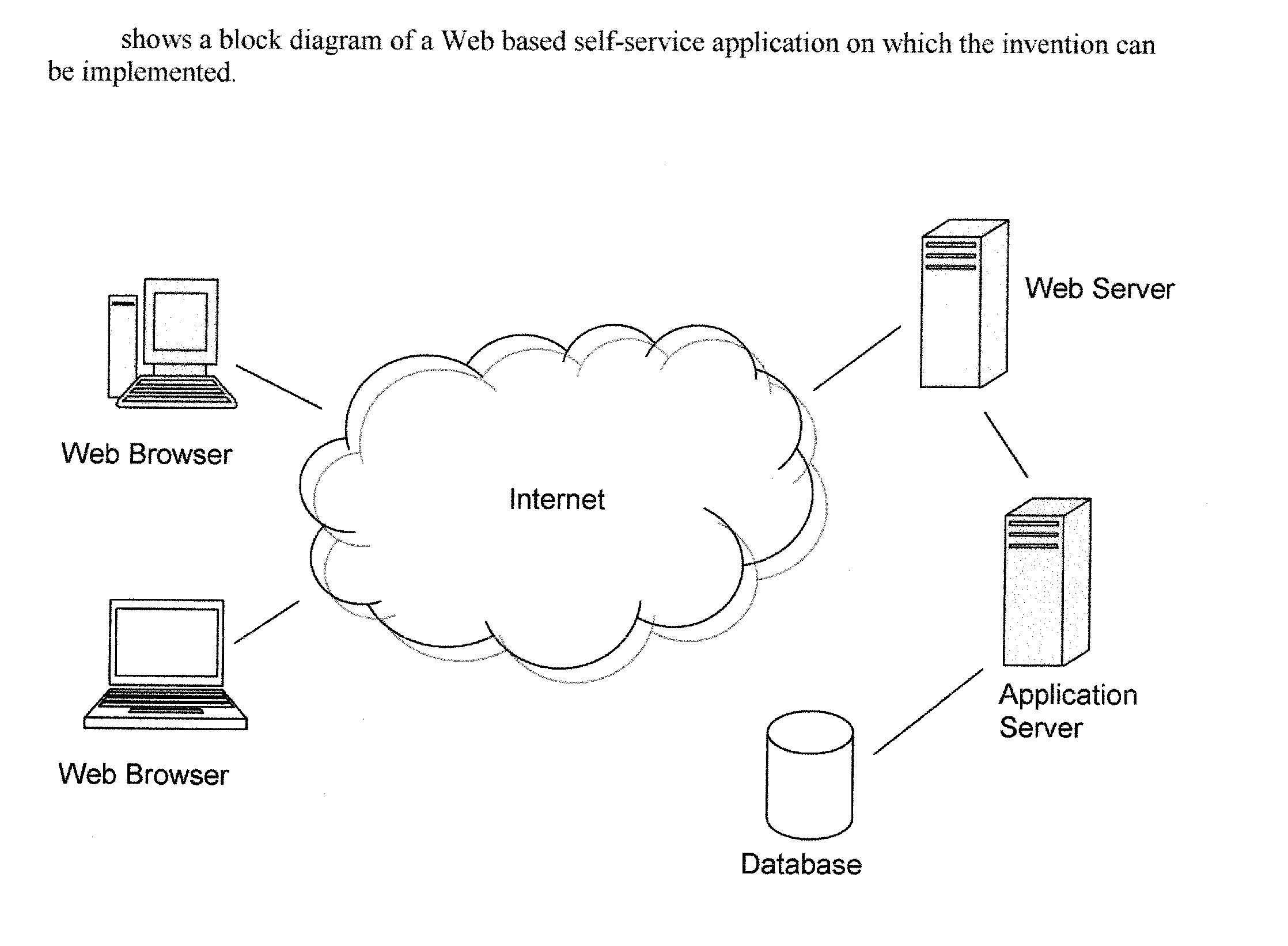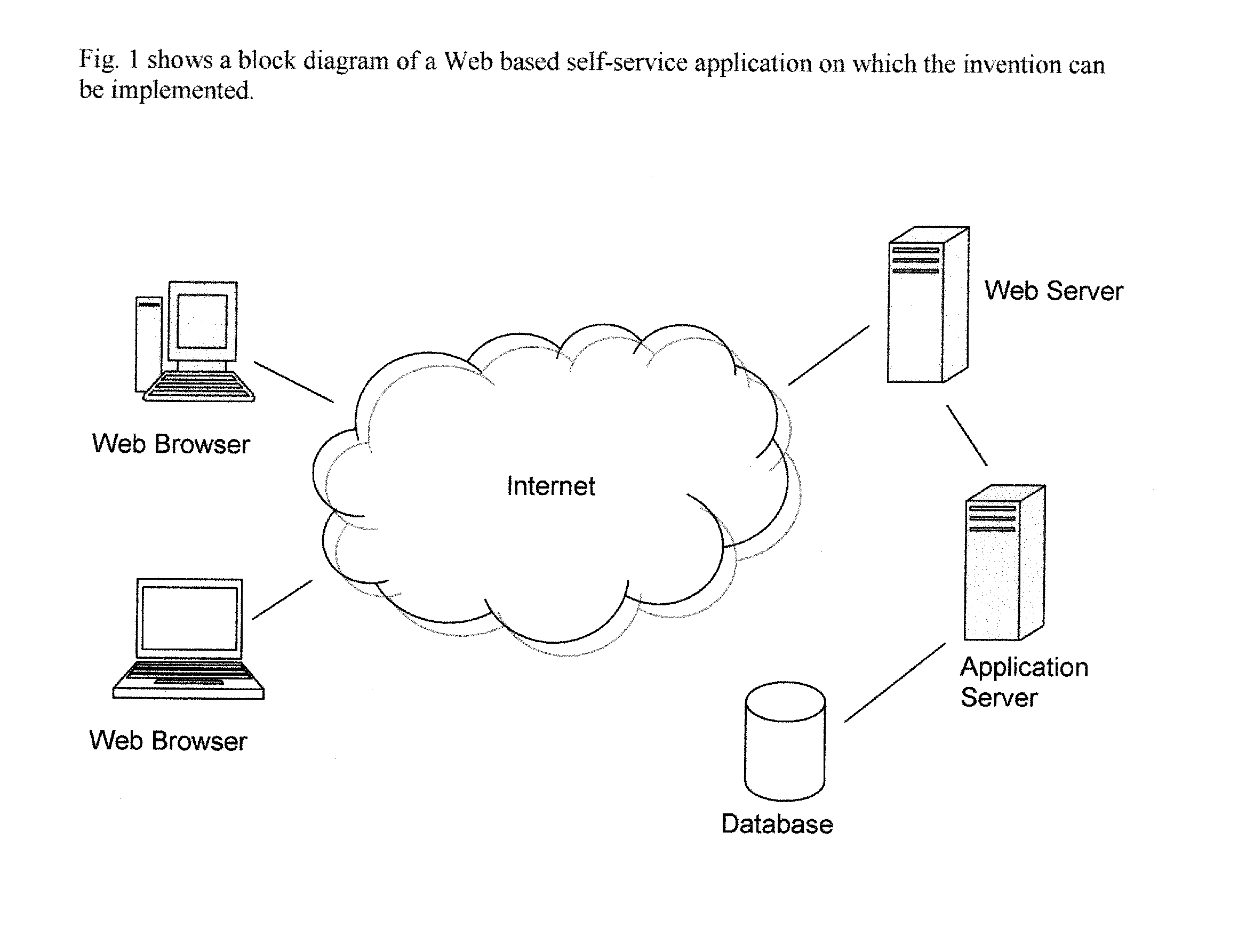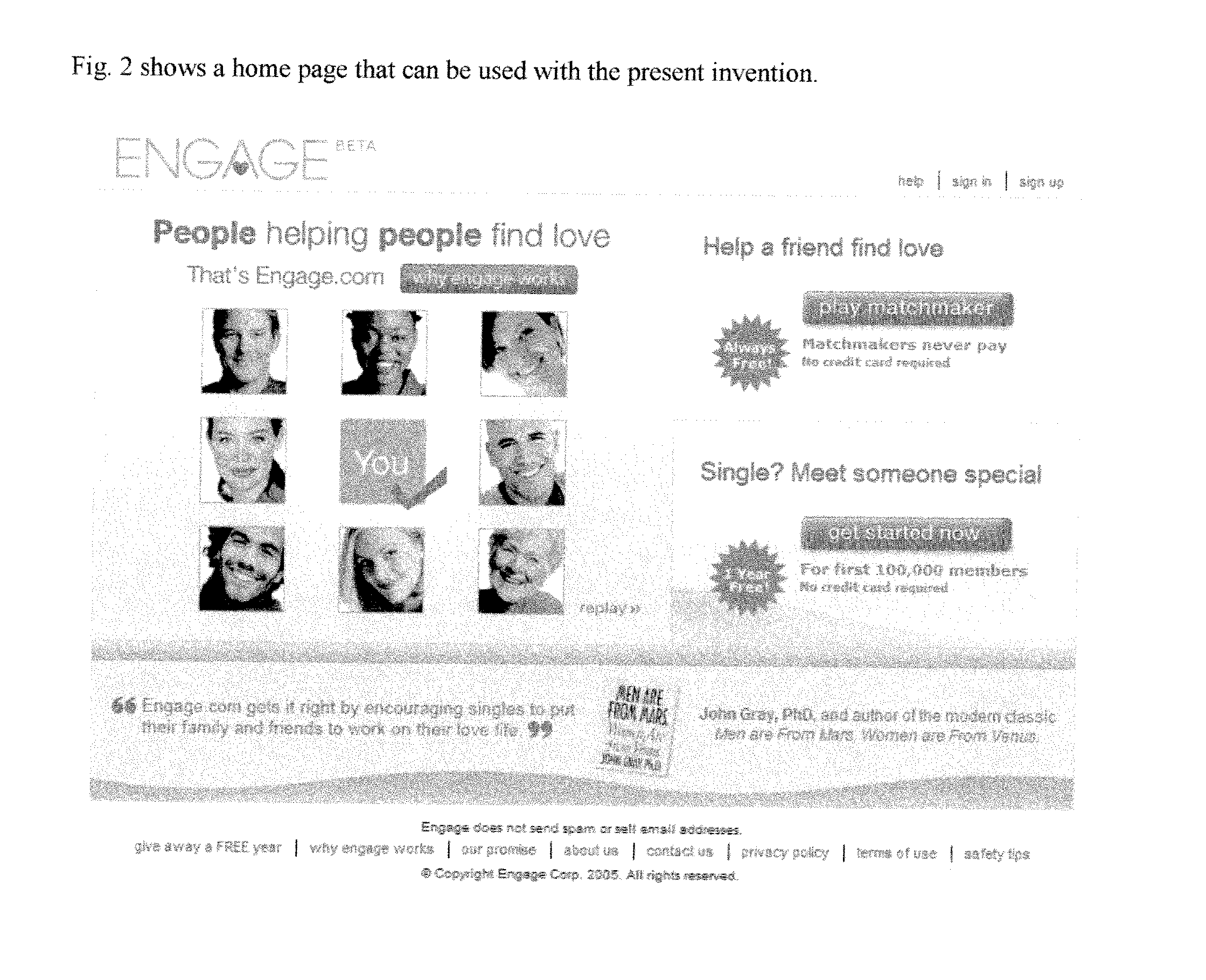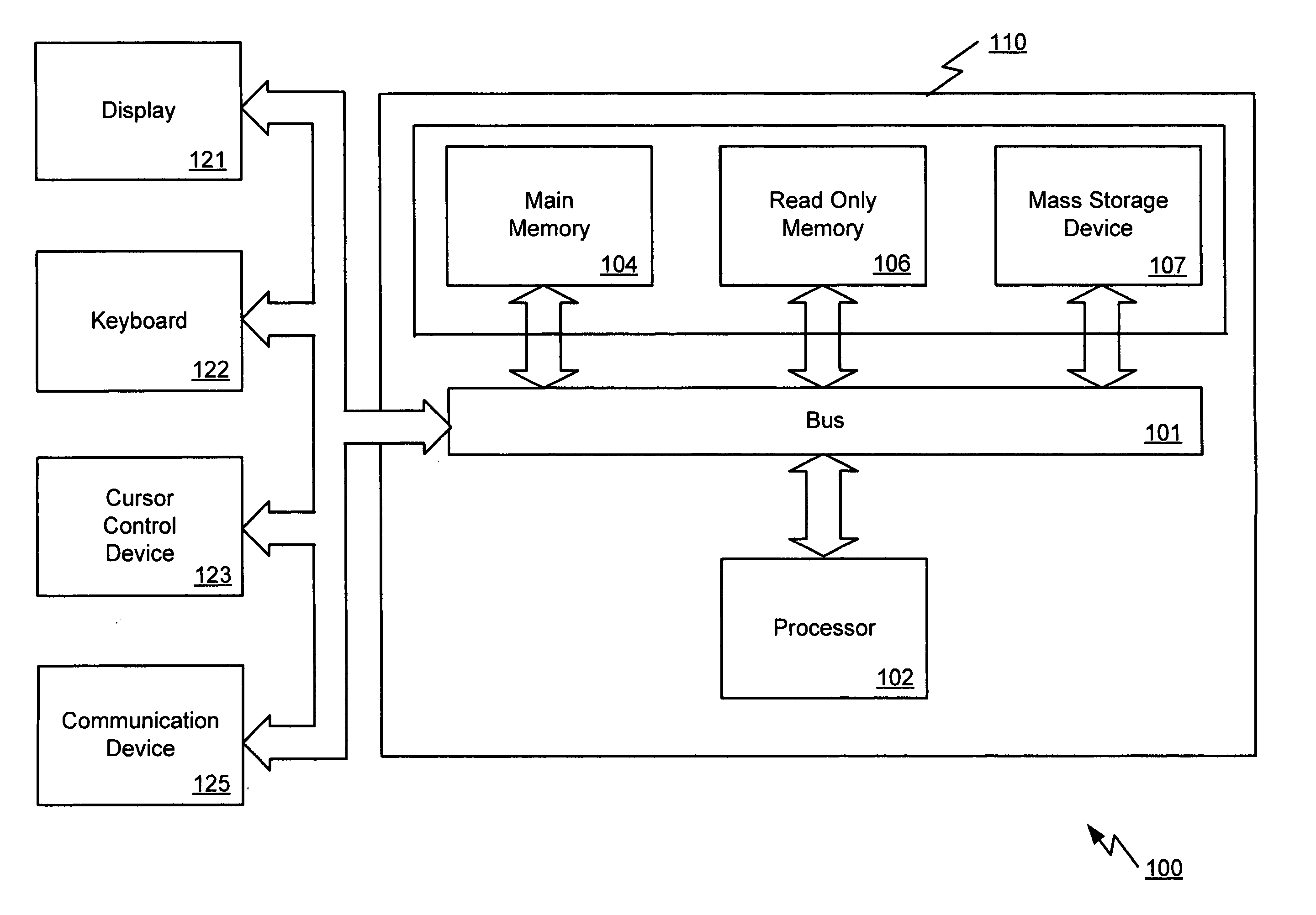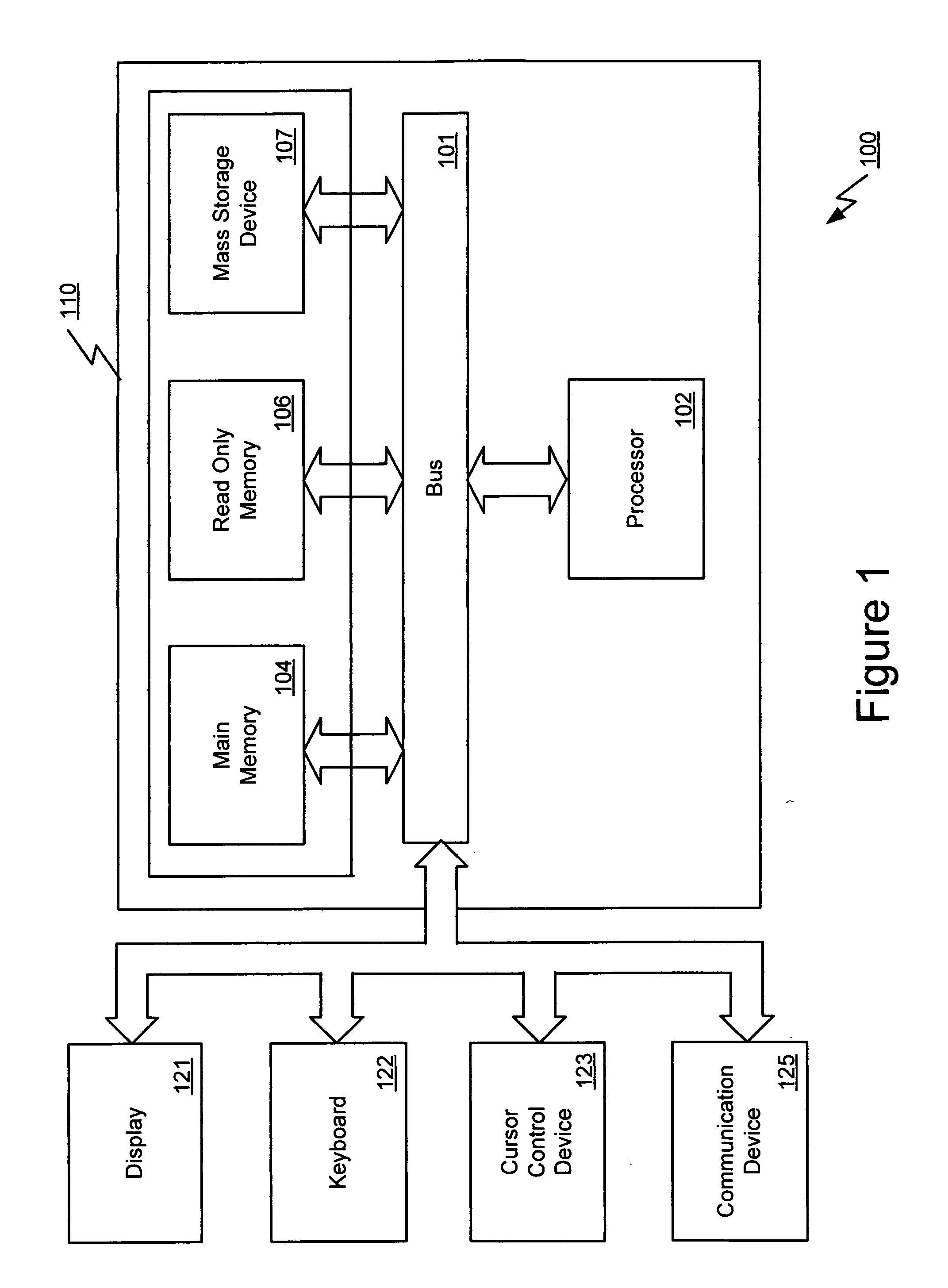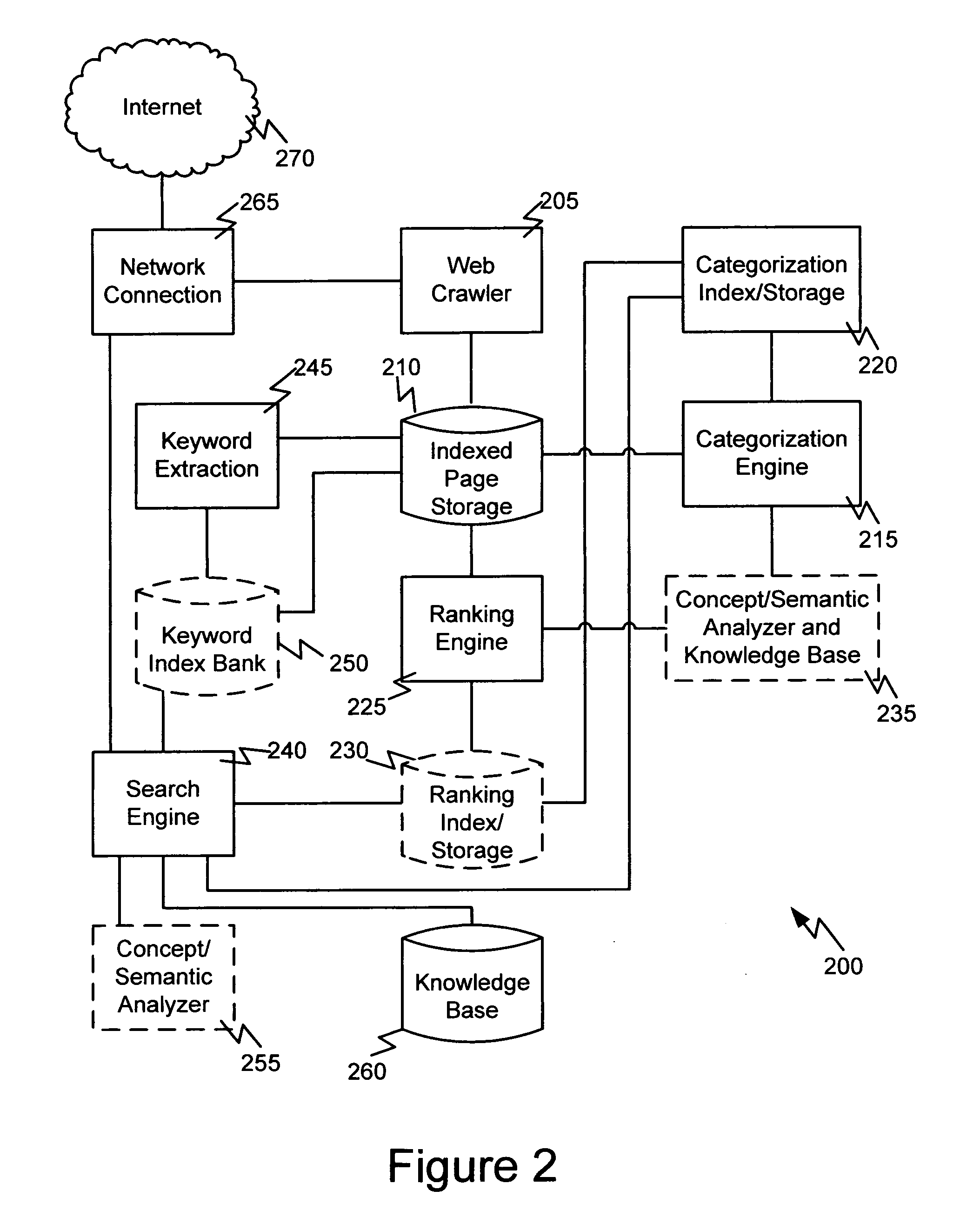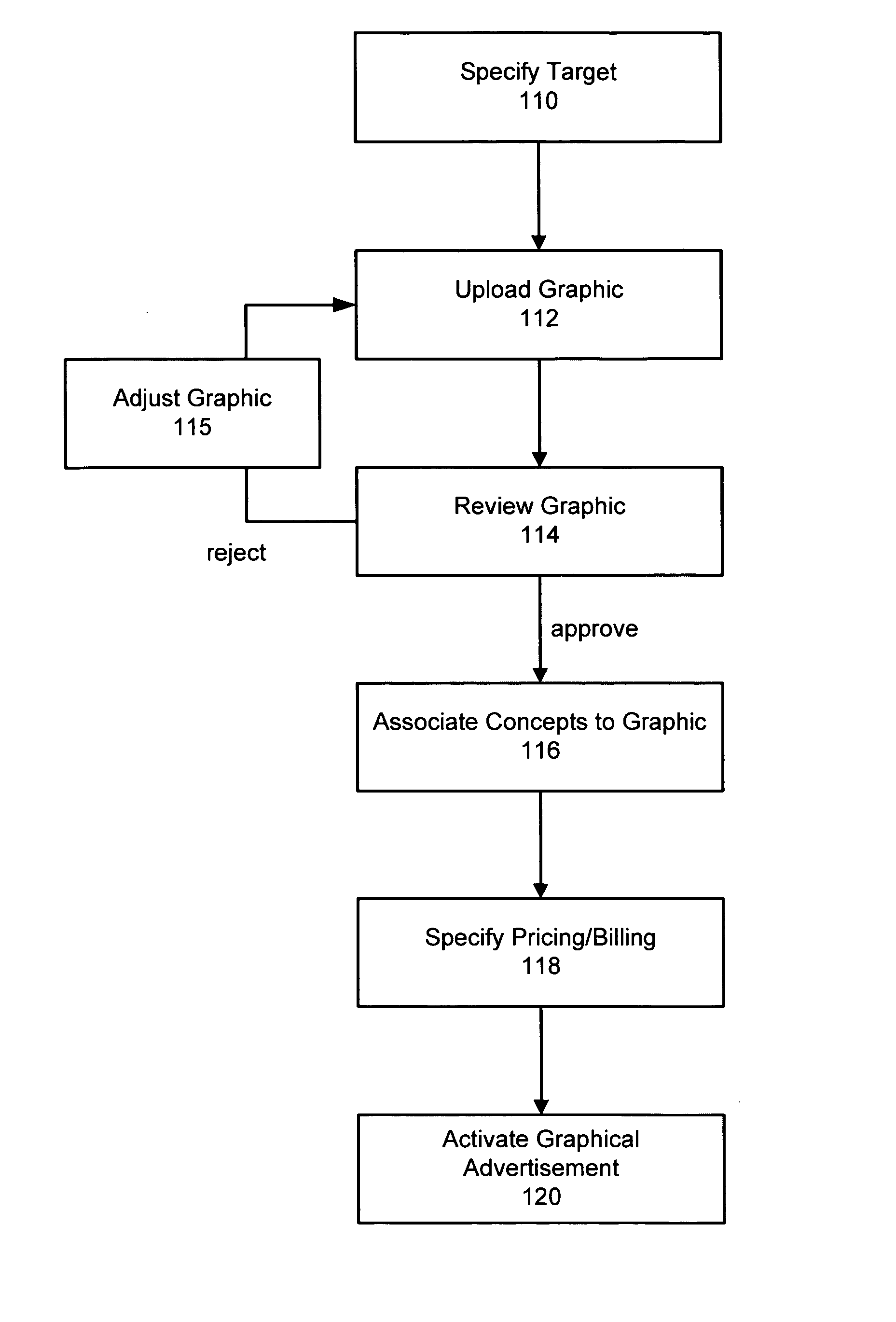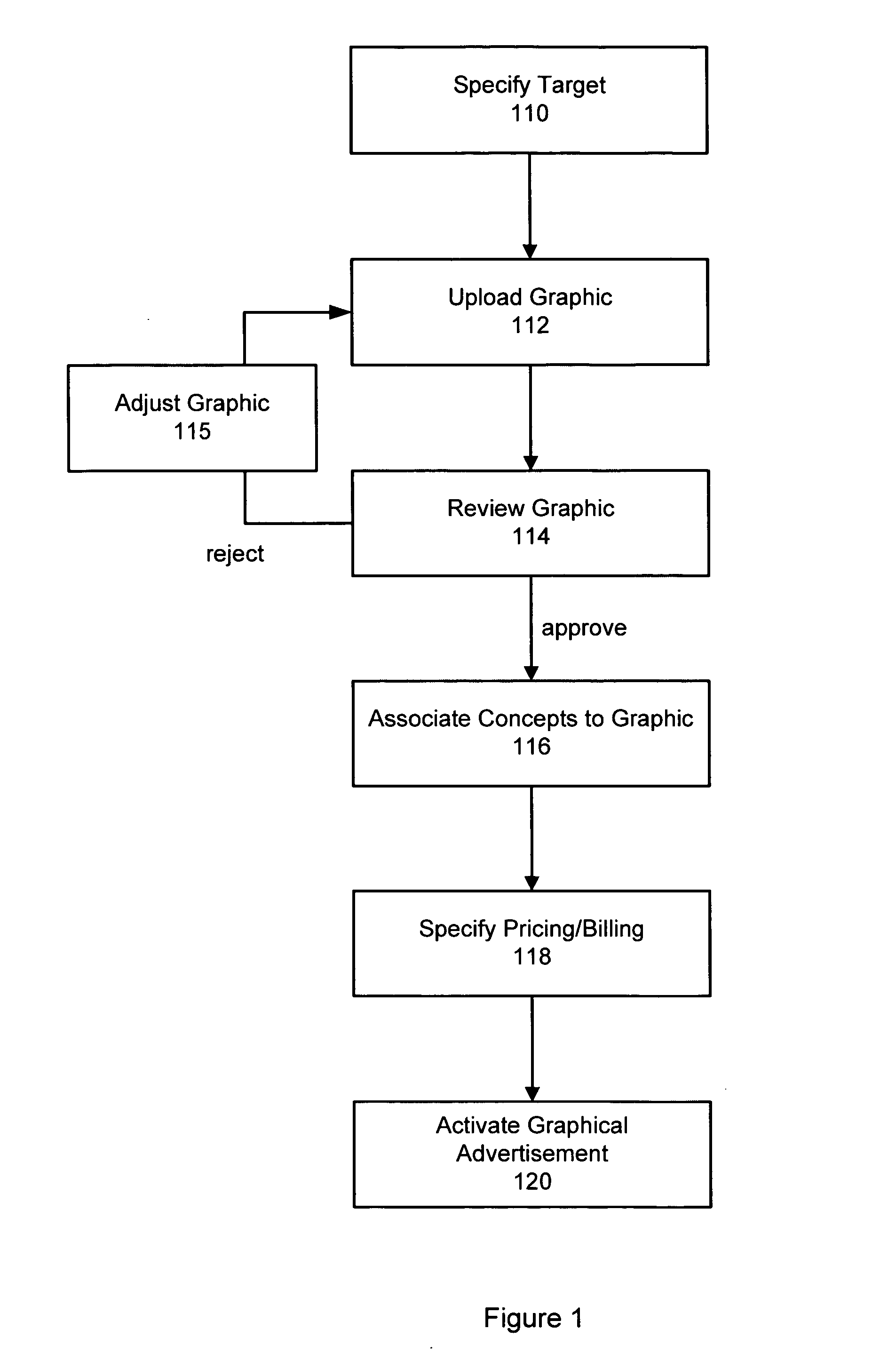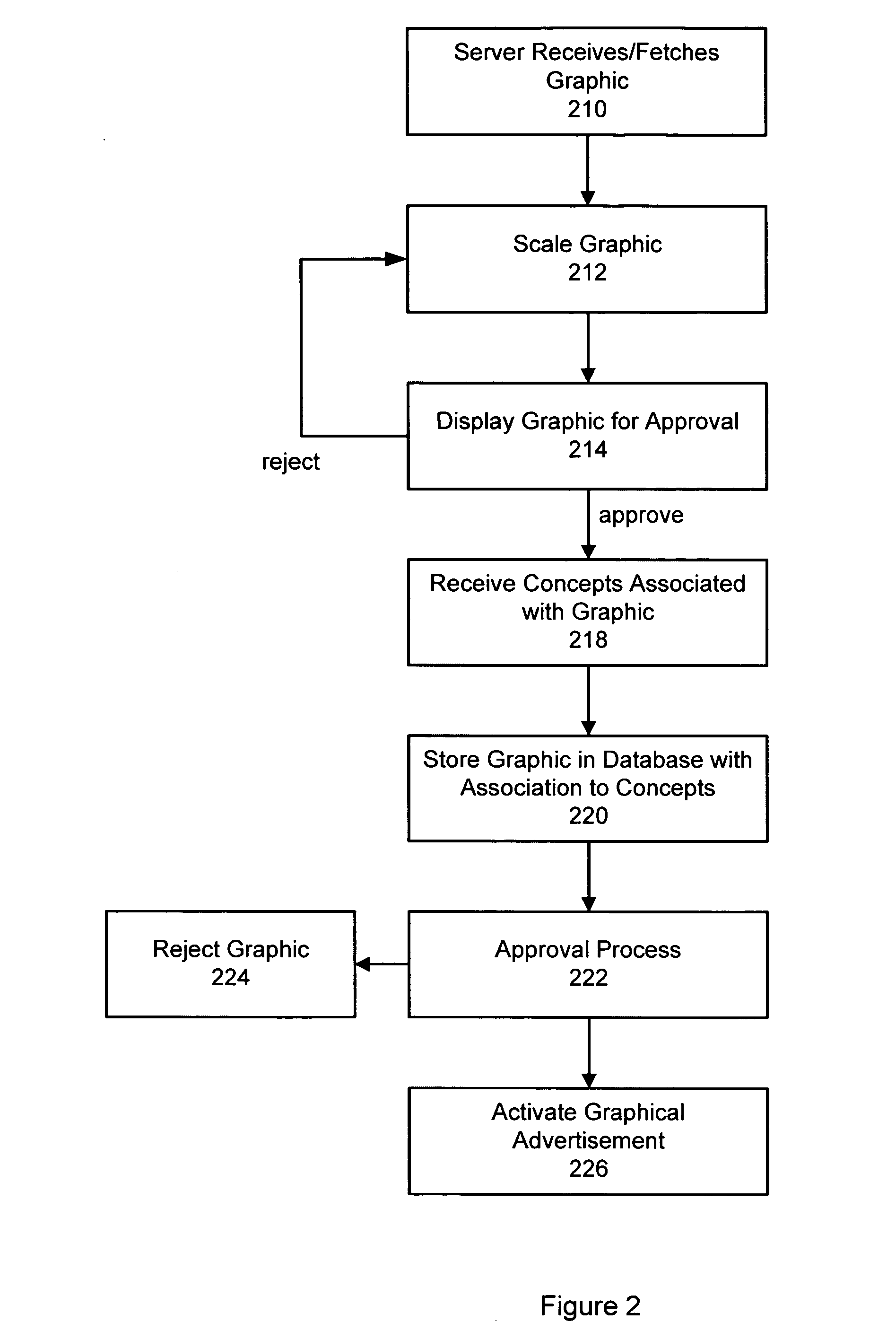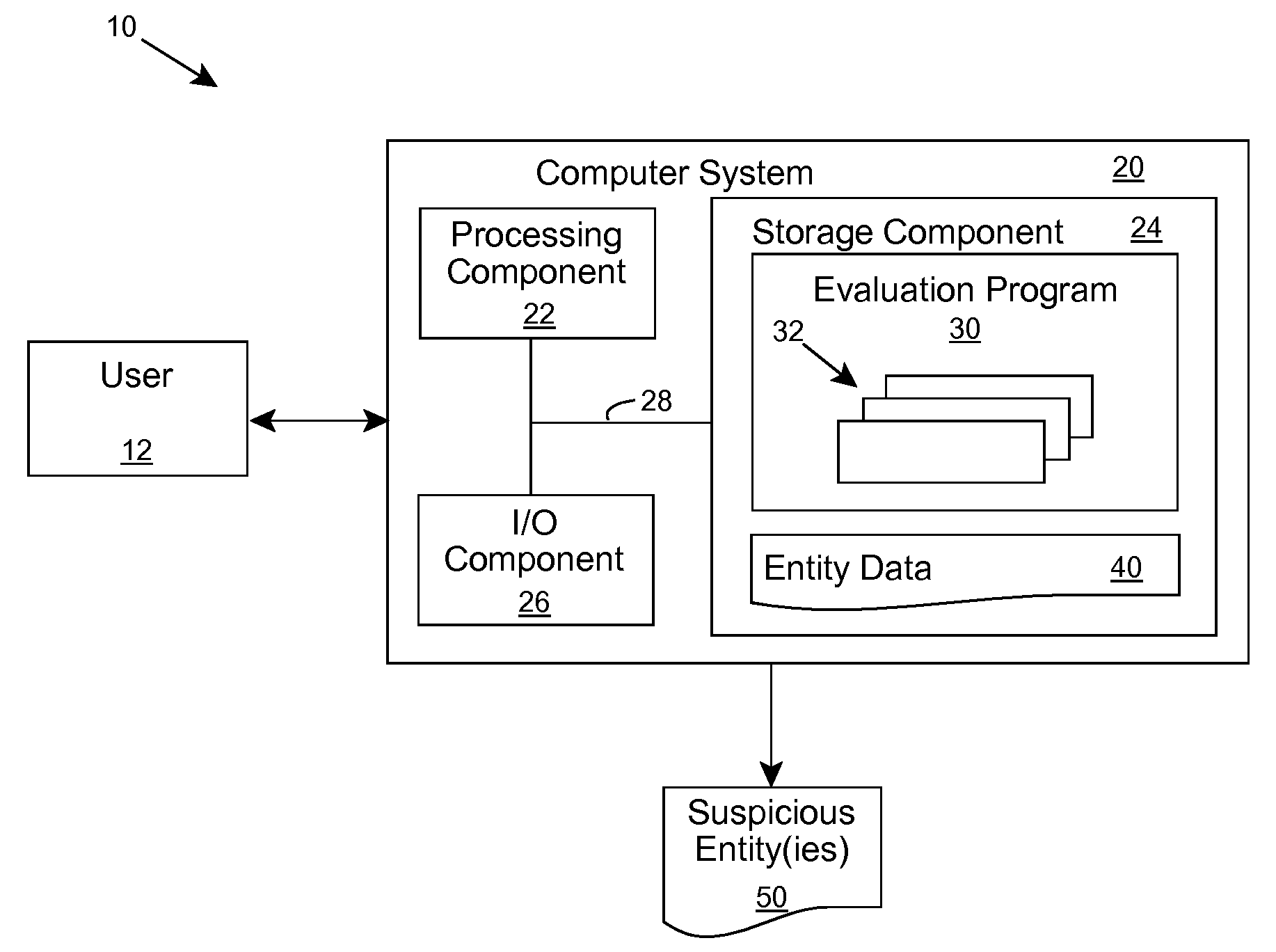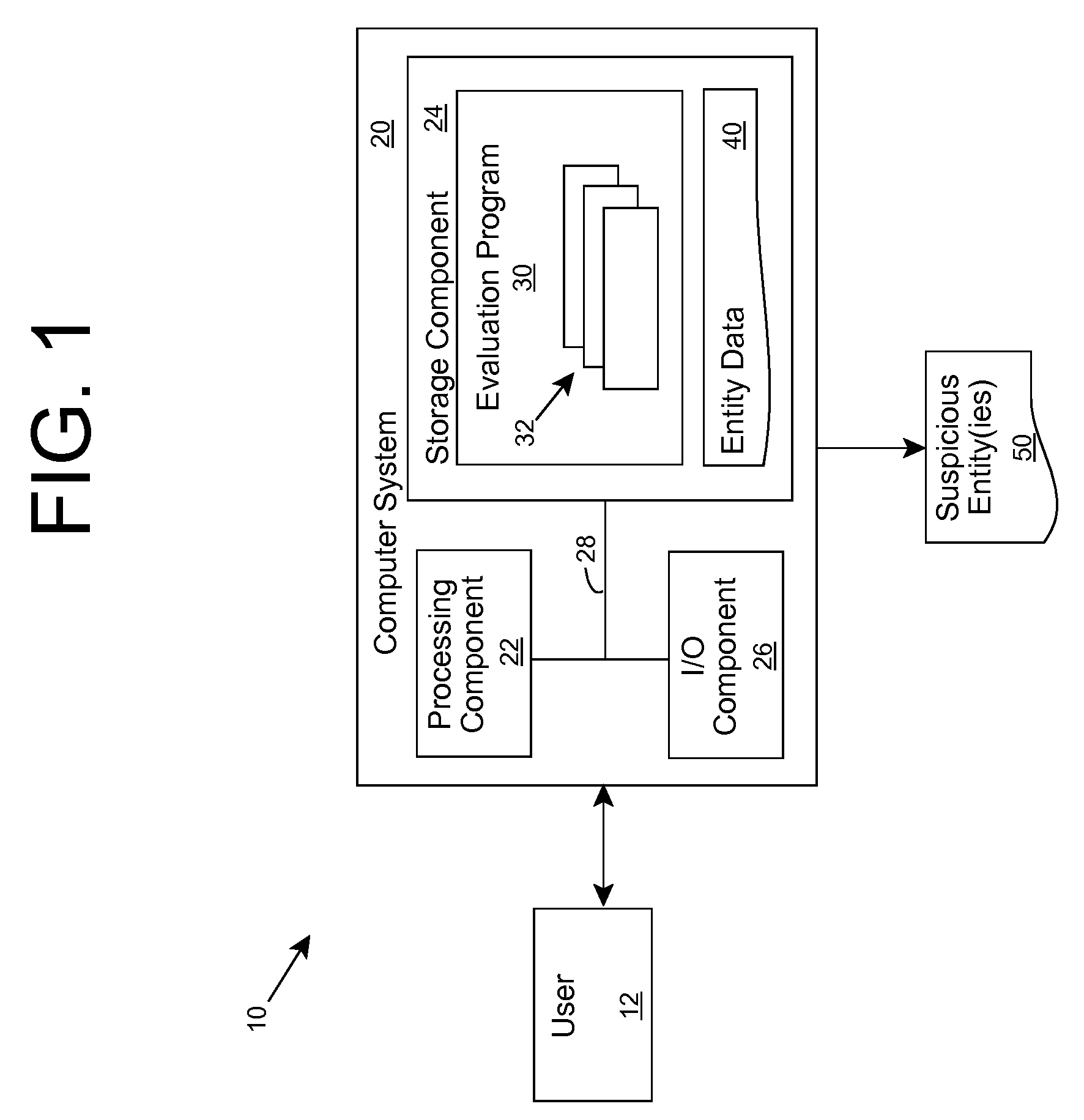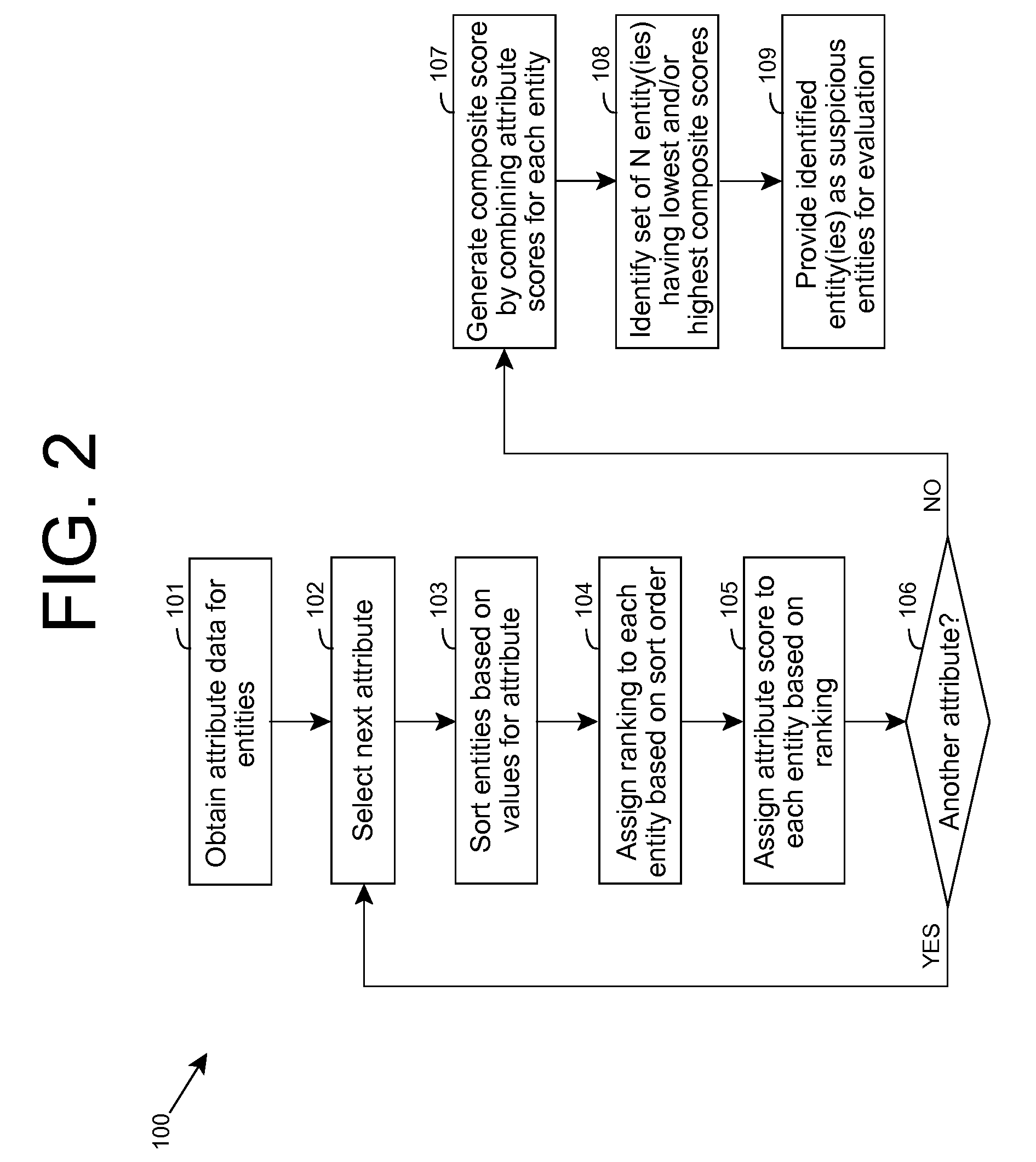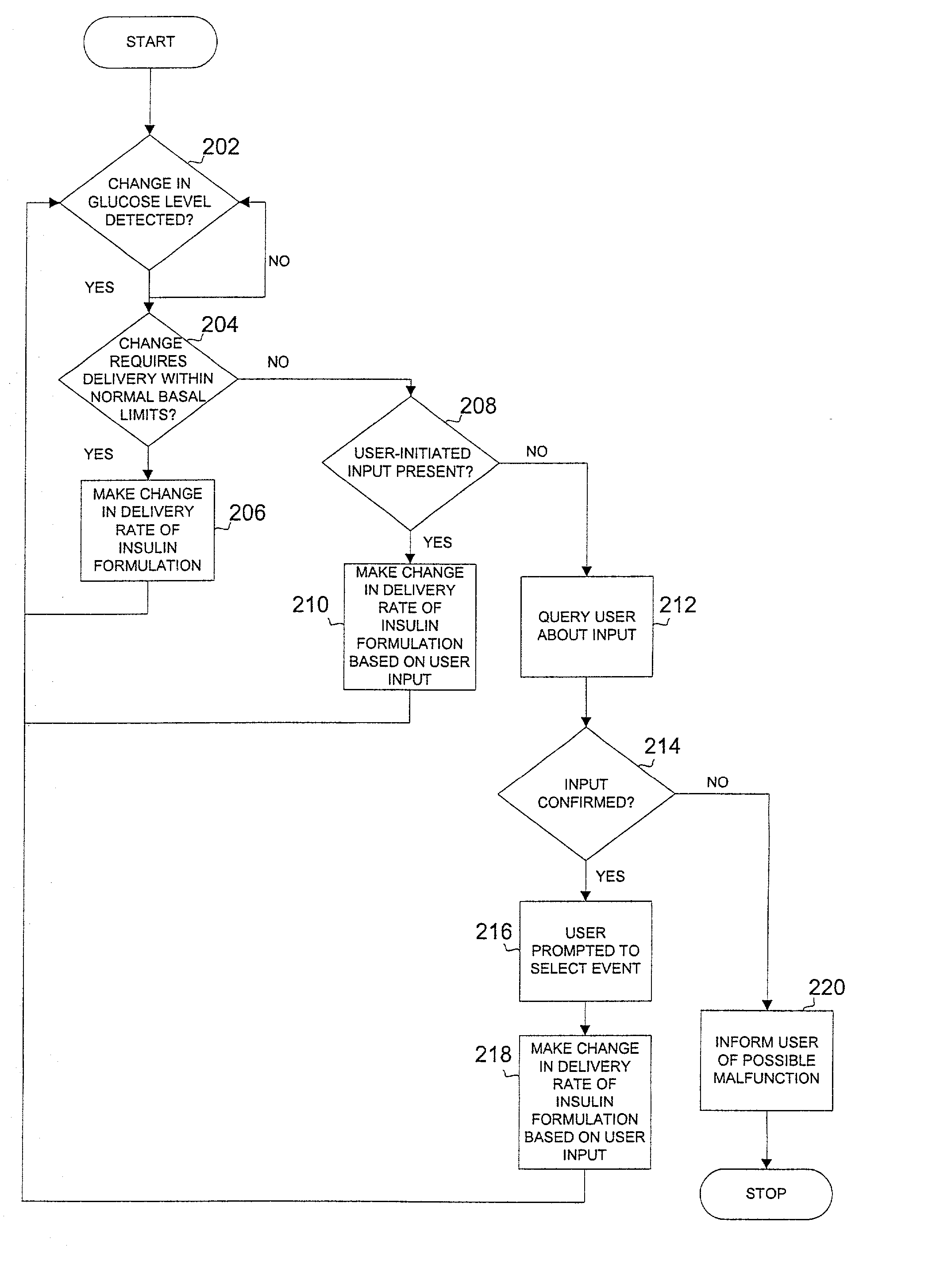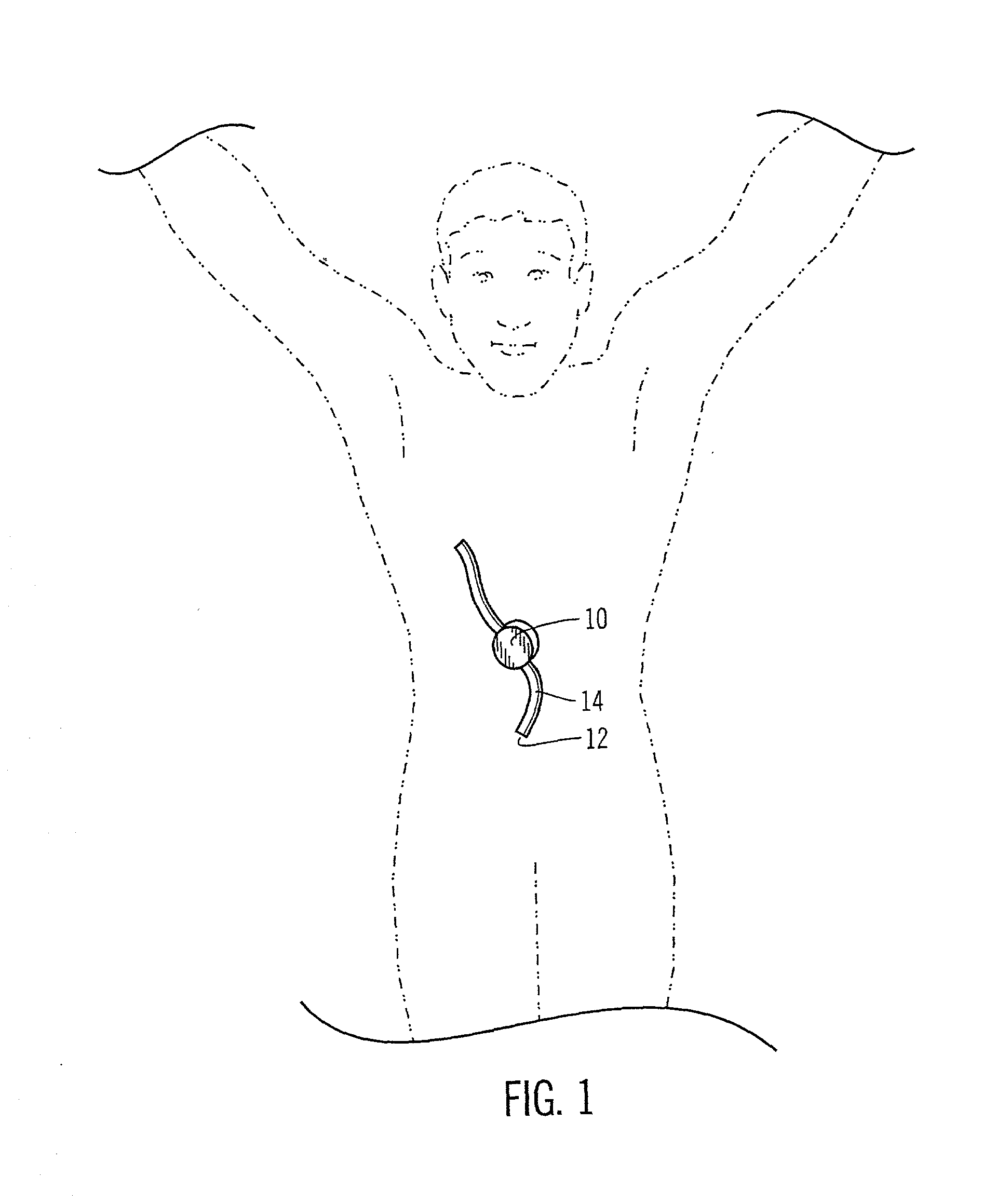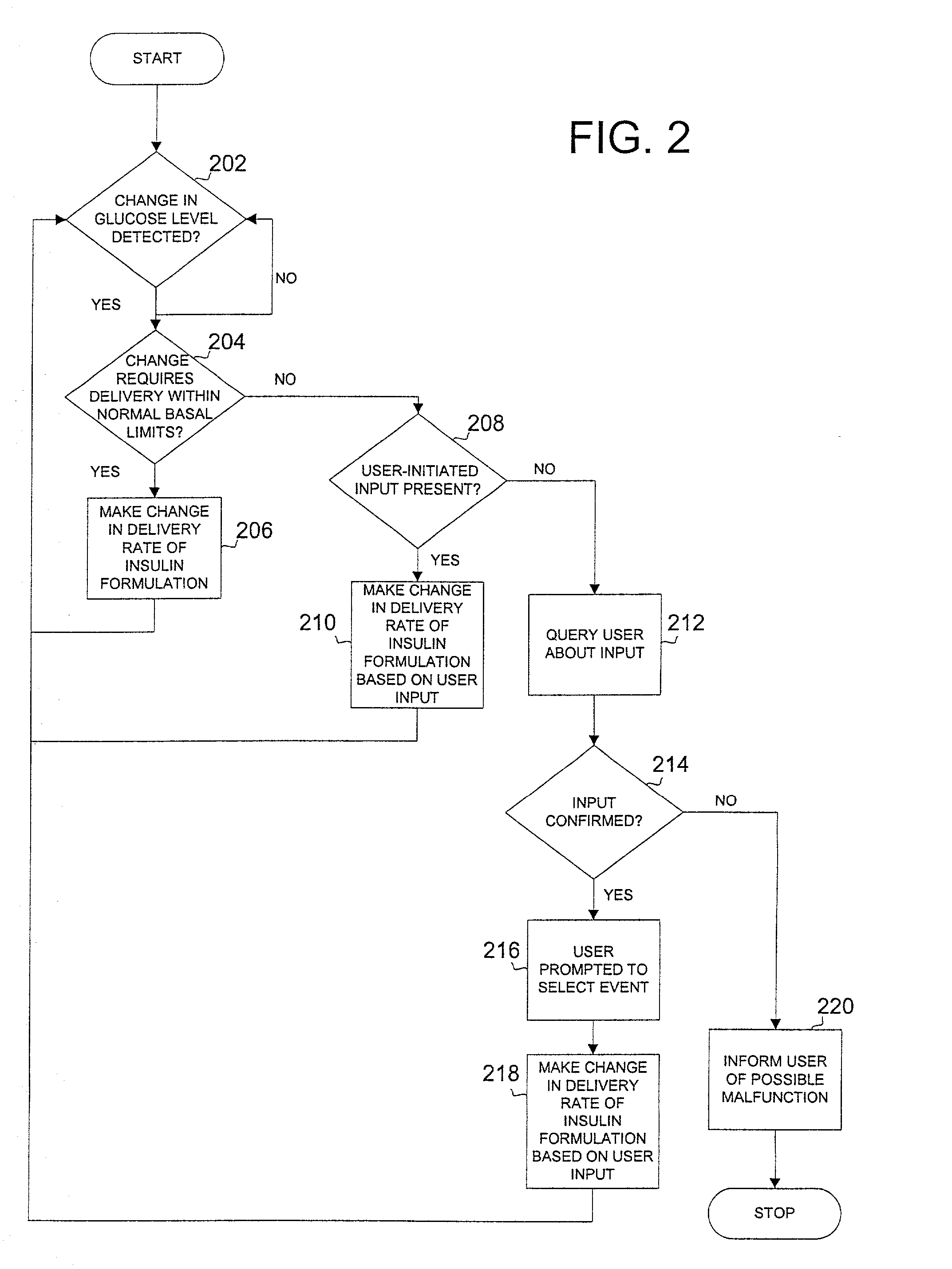Patents
Literature
3461 results about "Ranking" patented technology
Efficacy Topic
Property
Owner
Technical Advancement
Application Domain
Technology Topic
Technology Field Word
Patent Country/Region
Patent Type
Patent Status
Application Year
Inventor
A ranking is a relationship between a set of items such that, for any two items, the first is either 'ranked higher than', 'ranked lower than' or 'ranked equal to' the second. In mathematics, this is known as a weak order or total preorder of objects. It is not necessarily a total order of objects because two different objects can have the same ranking. The rankings themselves are totally ordered. For example, materials are totally preordered by hardness, while degrees of hardness are totally ordered. If two items are the same in rank it is considered a tie.
Database access system
ActiveUS7181438B1Increased formationGood user interfaceDigital data information retrievalAdvertisementsAnonymityPopulation statistics
An improved human user computer interface system, wherein a user characteristic or set of characteristics, such as demographic profile or societal “role”, is employed to define a scope or domain of operation. The operation itself may be a database search, to interactively define a taxonomic context for the operation, a business negotiation, or other activity. After retrieval of results, a scoring or ranking may be applied according to user define criteria, which are, for example, commensurate with the relevance to the context, but may be, for example, by date, source, or other secondary criteria. A user profile is preferably stored in a computer accessible form, and may be used to provide a history of use, persistent customization, collaborative filtering and demographic information for the user. Advantageously, user privacy and anonymity is maintained by physical and algorithmic controls over access to the personal profiles, and releasing only aggregate data without personally identifying information or of small groups.
Owner:RELATIVITY DISPLAY LLC
Smart access to a dispersed data storage network
ActiveUS20090094318A1Efficient accessImprove network performanceError preventionFrequency-division multiplex detailsData segmentRanking
An improved system for accessing data within a distributed data storage network (“DDSN”) is disclosed. In a system implementing the disclosed invention, traffic is routed to individual slice servers within the DDSN in accordance with objective criteria as well as user-defined policies. In accordance with one aspect of the disclosed invention, when a data segment is written to a DDSN, the segment is divided into multiple data slices, which are simultaneously transmitted to different slice servers. In accordance with another aspect of the disclosed invention, when a data segment is read from a DDSN, a list of slice servers, each containing a data slice that could be used to reconstruct the requested data segment, is assembled, and sorted in accordance with a preference rating assigned to each of the slice servers. Sufficient data slices to reconstruct the data segment are then read in accordance with the preference ranking of the slice servers.
Owner:PURE STORAGE
Database access system
InactiveUS20070156677A1Increased formationGood user interfaceDigital data information retrievalAdvertisementsPersonal detailsAnonymity
An improved human user computer interface system, wherein a user characteristic or set of characteristics, such as demographic profile or societal “role”, is employed to define a scope or domain of operation. The operation itself may be a database search, to interactively define a taxonomic context for the operation, a business negotiation, or other activity. After retrieval of results, a scoring or ranking may be applied according to user define criteria, which are, for example, commensurate with the relevance to the context, but may be, for example, by date, source, or other secondary criteria. A user profile is preferably stored in a computer accessible form, and may be used to provide a history of use, persistent customization, collaborative filtering and demographic information for the user. Advantageously, user privacy and anonymity is maintained by physical and algorithmic controls over access to the personal profiles, and releasing only aggregate data without personally identifying information or of small groups.
Owner:RELATIVITY DISPLAY LLC
Interactive music playlist sharing system and methods
InactiveUS20060143236A1Limited accessDigital data information retrievalElectronic editing digitised analogue information signalsWeb siteThird party
A community media playlist sharing system is disclosed, wherein system users can upload media playlists which are automatically converted to a standardized format, media playlists can be shared with other users of the community media playlist sharing system, users can link to other playlists and obtain media from playlists automatically from third party points of purchase, users can provide recommendations, ratings and rankings relative to other playlists by system users and receive recommendations from other users and an editorial staff, participate in social networking functions including forums, discussions, weblogs, playlist topic groups and inter-user communications based on affinity for similar playlists, create playlists manually, automatically, or in real time, and wherein system users can obtain points for participation and popularity in the system and obtain profit by meta-affiliate sharing of profit for purchases of music made through playlists submitted by that user as well as through playlist toolbars distributed to third party websites.
Owner:CONCERT TECH
Safety limits for closed-loop infusion pump control
A system and process for providing safety limits on the delivery of an infusion formulation by an infusion pump system in response to a sensed biological state. The safety limits may comprise user-initiated event signals corresponding to events that may significantly affect the biological state. The safety limits may further comprise user-initiated event ranking signals for respective events which specify a degree, quantity, or measure for the respective event. The user-initiated event and event ranking signals may be communicated to a computing element associated with the infusion pump by an associated communication device having a user interface which comprises a plurality of user-selectable operators for entering information about the events and event rankings.
Owner:MEDTRONIC MIMIMED INC
Displaying and tagging places of interest on location-aware mobile communication devices in a local area network
InactiveUS20070281690A1Facilitate information sharingInformation formatContent conversionInformation networksDisplay device
Embodiments of a location-based social network manager process are described. The process is executed on a server computer coupled to a plurality of location-aware mobile communication devices over a wireless network. The process determines the geographic location of a mobile communication device operated by a user within an area, displays a map representation of the area around the mobile communication device on a graphical user interface of the mobile communication device, and superimposes on the map the respective locations of one or more other users of mobile communication devices coupled to the mobile communication device over the network. The process establishes communication links between the user and the plurality of acquaintances through respective location aware mobile communication devices through a network protocol. The process facilitates the sharing information about places of interest among a plurality of users. The system stores location information for a place of interest in a region in a database along with information related to the place of interest. The location of the place of interest is displayed on each user's mobile communication device as an icon superimposed on the map shown on the display. The location of the users can be established with respect to their distance relative to a place of interest. Users can define their own places of interest as well as provide a quantitative or qualitative ranking for places of interest within a region. This information can then be shared with other users in the network.
Owner:LOOPT
Method and system for rating patents and other intangible assets
A statistical patent rating method and system is provided for independently assessing the relative breadth ("B"), defensibility ("D") and commercial relevance ("R") of individual patent assets and other intangible intellectual property assets. The invention provides new and valuable information that can be used by patent valuation experts, investment advisors, economists and others to help guide future patent investment decisions, licensing programs, patent appraisals, tax valuations, transfer pricing, economic forecasting and planning, and even mediation and / or settlement of patent litigation lawsuits. In one embodiment the invention provides a statistically-based patent rating method and system whereby relative ratings or rankings are generated using a database of patent information by identifying and comparing various characteristics of each individual patent to a statistically determined distribution of the same characteristics within a given patent population. For example, a first population of patents having a known relatively high intrinsic value or quality (e.g. successfully litigated patents) is compared to a second population of patents having a known relatively low intrinsic value or quality (e.g. unsuccessfully litigated patents). Based on a statistical comparison of the two populations, certain characteristics are identified as being more prevalent or more pronounced in one population group or the other to a statistically significant degree. Multiple such statistical comparisons are used to construct and optimize a computer model or computer algorithm that can then be used to predict and / or provide statistically-accurate probabilities of a desired value or quality being present or a future event occurring, given the identified characteristics of an individual patent or group of patents.
Owner:PATENTRATINGS
Media object metadata association and ranking
Metadata may be associated with media objects by providing media objects for display, and accepting input concerning the media objects, where the input may include at least two different types of metadata. For example, metadata may be in the form of tags, comments, annotations or favorites. The media objects may be searched according to metadata, and ranked in a variety of ways.
Owner:VERIZON PATENT & LICENSING INC
Ranking Social Network Objects
An online social networking system can be used to rank social network objects of various different object types, each according to its type. The objects may comprise types such as users, communities, blogs, blog entries, events, forums, forum topics, postings, photographs, and / or images. The product comprises code for carrying out a method that begins with receiving ranking data about social network objects that comprises data about events performed on the social network. For each social network object, a ranking function is applied to ranking data about the social network object based on its type. In addition, the recency of an event on the social network related to the social network object is evaluated, in order to calculate the score for the social network object. A relative ranking for each of the plurality of social network objects based on its score is determined, and the score and relative ranking of each of the social network objects stored.
Owner:GOOGLE LLC
Interestingness ranking of media objects
Media objects, such as images or soundtracks, may be ranked according to a new class of metrics known as “interestingness.” These rankings may be based at least in part on the quantity of user-entered metadata concerning the media object, the number of users who have assigned metadata to the media object, access patterns related to the media object, and / or a lapse of time related to the media object.
Owner:VERIZON PATENT & LICENSING INC
System and method for an electronic product advisor
A system and method operates on a client device and acquires a suspect list of user products based on information derived from the client device. The system normalizes the list, and the user confirms the accuracy of the product list. The user product list is sent to a server where the user product list is compared to other lists using collaborative filtering techniques. The collaborative filtering techniques determine products of interest for the use and the level of interest of the user. The system computes a similarity measure based upon the number of similar products that match the user's product list and rankings provided by the user and others. Demographic and behavioral data may also be used in performing the comparison and the similarity measure. The system acquires editorial rankings of products from other users and provides a ranked list of recommended products based upon the editorial rankings.
Owner:CBS INTERACTIVE INC
Ranking Internet Search Results Based on Number of Mobile Device Visits to Physical Locations Related to the Search Results
An Internet search engine ranks search results based on popularity with mobile-device users. Geo-position data from cell phones and other mobile devices are collected into a device geo-position database. The geo-position data is compared to locations of businesses in a business database. When a mobile device's geo-position moves inside a business location, a traffic counter for that business location in the business database is updated. When an Internet user performs a local search, the result set is sorted based on a rank that is at least partially determined by the traffic counters. The popularity-ranked search results indicate which businesses received the most mobile-device visits, an indication of the business's overall popularity. The popularity ranking may be adjusted for business size by dividing the traffic counter by the square footage of the business and sorting the result set based on the mobile-device visits, or repeat visits, per square foot.
Owner:NG DAVID WAY
System and method for dynamic adaptive user-based prioritization and display of electronic messages
InactiveUS20060010217A1Improve response efficiencyReduce effortMultiple digital computer combinationsTransmissionAdaptive learningStructured content
A method and system that dynamically ranks electronic messages based on their situational and inherent dimensions, which are judged by a set of filters. These filters evaluate the different elemental metadata constituting a message and produce a priority value based on filters relevance and importance. The system iterates through queued messages, examine the structured content for expected attributes, statistically analyze unstructured content, apply dynamically weighted rules and policies to deliver a priority ranking, and then display the message and its vital attributes in accordance with the priority ranking. The system also adaptive learns and adjusts its weighted rules and policies to permit priority ranking to change on real-time or interval-based (may be user-defined) schedule. The system includes a GUI for increasing reading and processing efficiency. The GUI performs supervised and unsupervised learning from the user's behaviors, and displays messages in accordance with their priority classification.
Owner:MESSAGEMIND LLC
Advanced search, file system, and intelligent assistant agent
The present invention presents embodiments of methods, systems, and computer-readable media for advanced computer file organization, computer file and web search and information retrieval, and intelligent assistant agent to assist a user's creative activities. The embodiments presented herein categorize search results based on the keywords used in the search, provide user selectable ranking, use user's search objectives and advices to refine search, conduct search within an application program and using a file based, provide always-on search that monitors changes over a period of time, provide a high level file system that organizes files into categories, according to relations among files, and in ranking orders along multiple categorization and ranking dimensions and multiple levels of conceptual relationships, conduct searches for associations between keywords, concepts, and propositions, and provide validations of such associations to assist a user's creative activity.
Owner:LIANG PING
Methods, systems, and media for content ranking using real-time data
InactiveUS20110314007A1High trafficImprove click-through rateDigital data processing detailsMultimedia data retrievalTime informationReal-time data
Methods, systems, and media for content ranking using real-time data are provided. In accordance with some embodiments of the present invention, a method, implemented on a processor, for ranking content is provided. The method can include, among other things: receiving real-time information from a plurality of sources; supplementing the received real-time information with historical information and user influence information; analyzing the supplemented real-time information from the plurality of sources to determine real-time trend information; receiving a plurality of content snippets from a content provider; detecting similarities between each of the plurality of content snippets and the determined real-time trend information; ranking the plurality of content snippets based on the detected similarities; and displaying the ranked plurality of content snippets.
Owner:RALLYVERSE
Providing answers to questions using multiple models to score candidate answers
ActiveUS20130007055A1Digital data information retrievalDigital data processing detailsRankingMultiple Models
A method, system and computer program product for generating answers to questions. In one embodiment, the method comprises receiving an input query; conducting a search to identify candidate answers to the input query, and producing a plurality of scores for each of the candidate answers. For each of the candidate answers, one, of a plurality of candidate ranking functions, is selected. This selected ranking function is applied to the each of the candidate answers to determine a ranking for the candidate answer based on the scores for that candidate answer. One or more of the candidate answers is selected, based on the rankings for the candidate answers, as one or more answers to the input query. In an embodiment, the ranking function selection is performed using information about the question. In an embodiment, the ranking function selection is performed using information about each answer.
Owner:INT BUSINESS MASCH CORP
System and Method For Advertisement Targeting of Conversations in Social Media
Conversations in an online content universe are monitored. A conversation index is generated in social media. An individual conversation is defined by user-selectable input terms. Publishers that influence a conversation are identified. The system generates an influence ranking of site's that influence a particular conversation. The system permits ads to be placed on sites based on the sites influence on the conversation. The system can be updated to permit ads to be targeted based on current influence rankings. The influence ranking is used to perform online advertising targeting and placement. Additional marketing filters, such as demographics, historical performance, and return on investment, may be used to adjust an initial influence ranking based. The ad placement may also be expanded to include related conversations, inlinking sites, and / or outlinking sites.
Owner:BUZZLOGIC
Storage server system including ranking of data source
InactiveUS6446141B1Improve performanceSimple equipmentInput/output to record carriersTransmissionCommunication interfaceOperational system
A storage server comprising: a processing unit, a bus system coupled with the processing unit, including a plurality of slots, slots in the plurality of slots including interfaces to respective data stores; a communication interface; and an operating system coupled with the processing unit the operating system including: logic controlling transfers among the plurality of slots over the bus system according to an internal format, logic for translating a storage transaction received over the communication interface into the internal format, and logic for configuring the plurality of slots according to a configuration data.
Owner:DELL PROD LP
Insider threat detection
Methods, systems, and computer program products for insider threat detection are provided. Embodiments detect insiders who act on documents and / or files to which they have access but whose activity is inappropriate or uncharacteristic of them based on their identity, past activity, and / or organizational context. Embodiments work by monitoring the network to detect network activity associated with a set of network protocols; processing the detected activity to generate information-use events; generating contextual information associated with users of the network; and processing the information-use events based on the generated contextual information to generate alerts and threat scores for users of the network. Embodiments provide several information-misuse detectors that are used to examine generated information-use events in view of collected contextual information to detect volumetric anomalies, suspicious and / or evasive behavior. Embodiments provide a user threat ranking system and a user interface to examine user threat scores and analyze user activity.
Owner:MITRE SPORTS INT LTD
Method and device for transliteration
ActiveUS20110099000A1Efficient transliterationImprove accuracyNatural language translationSpecial data processing applicationsTransliterationRanking
A method for transliteration includes receiving input such as a word, a sentence, a phrase, and a paragraph, in a source language, creating source language sub-phonetic units for the word and converting the source language sub-phonetic units for the word to target language sub-phonetic units, retrieving ranking for each of the target language sub-phonetic units from a database and creating target language words for the word in the source language based on the target language sub-phonetic units and ranking of the each of the target language sub-phonetic units. The method further includes identifying candidate target language words based predefined criteria, and displaying candidate target language words.
Owner:SAMSUNG ELECTRONICS CO LTD
Estimating Social Interest in Time-based Media
Social media content items are mapped to relevant time-based media events. These mappings may be used as the basis for multiple applications, such as ranking of search results for time-based media, automatic recommendations for time-based media, prediction of audience interest for media purchasing / planning, and estimating social interest in the time-based media. Social interest in time-based media (e.g., video and audio streams and recordings) segments is estimated through a process of data ingestion and integration. The estimation process determines social interest in specific events represented as segments in time-based media, such as particular plays in a sporting event, scenes in a television show, or advertisements in an advertising block. The resulting estimates of social interest also can be graphically displayed.
Owner:BLUEFIN LABS
System and method for sentiment-based text classification and relevancy ranking
ActiveUS8166032B2Digital data information retrievalDigital data processing detailsSentiment scoreText categorization
The sentimental significance of a group of historical documents related to a topic is assessed with respect to change in an extrinsic metric for the topic. A unique sentiment binding label is included to the content of actions documents that are determined to have sentimental significance and the group of documents is inserted into a historical document sentiment vector space for the topic. Action areas in the vector space are defined from the locations of action documents and singular sentiment vector may be created that describes the cumulative action area. Newly published documents are sentiment-scored by semantically comparing them to documents in the space and / or to the singular sentiment vector. The sentiment scores for the newly published documents are supplemented by human sentiment assessment of the documents and a sentiment time decay factor is applied to the supplemented sentiment score of each newly published documents. User queries are received and a set of sentiment-ranked documents is returned with the highest age-adjusted sentiment scores.
Owner:MARKETCHORUS
System and method for application performance management
InactiveUS7350209B2General purpose stored program computerHardware monitoringComputer resourcesUser interface
Owner:BMC SOFTWARE
Variable personalization of search results in a search engine
InactiveUS20050216434A1Increase the relevance score of documentsBoosted relevance scoreDigital data information retrievalData processing applicationsPersonalizationRanking
A search engine provides personalized rankings of search results. A user interest profile identifies topics of interest to a user. Each topic is associated with one or more sites, and a boost value, which can be used to augment an information retrieval score of any document from the site. Search results from any search are provided to the user, with a variable control of the ranking of the results. The results can be ranked by their unboosted information retrieval score, thus reflecting no personalization, or by their fully or partially boosted information retrieval scores. This allows the user to selectively control how their interests affect the ranking of the documents.
Owner:GOOGLE LLC
Usage based methods of traversing and displaying generalized graph structures
InactiveUS6509898B2Data processing applicationsDrawing from basic elementsRankingTheoretical computer science
A method for generating a tree structure representation of a generalized graph structure for display includes the more important links in the representation. Usage parameters are referenced in generating the tree structure from the generalized graph structure. Frequency, recency, spacing of accesses, and path information are exemplary types of usage parameters. A breadth-first or depth-first traversal of the graph references usage parameters associated with each node or link. The usage parameters which are associated with each node are referenced in order to determine the visitation order. The visitation order is determined by visiting the highest used nodes or links first. A method of displaying the tree structure references the usage parameters to determine the positioning of the nodes in the layout of the tree structure. In a preferred embodiment, the root node is positioned in the center of the layout. In one example, sibling nodes are spread out on links which emanate radially about their parent. The highest-used sibling nodes can be placed farthest apart from each other so as to achieve optimal separation so that they have the most growth space. The lowest-used nodes are then placed in the remaining space between the high-usage nodes. In another example, sibling nodes are positioned at the same radius from the root node. Each leaf node in the hierarchy is assigned the same amount of angular space. The layout angle of each node is a function of the ranking of the node's usage parameter relative to its siblings. Derived usage parameters such as need probability, cocitation clustering, or functions of both node and link usages can alternatively be referenced.
Owner:GOOGLE LLC
System and Method for Facilitating the Introduction of Compatible Individuals
A system and method for facilitating an online collaborative community for individuals to meet each other with the assistance of third party intermediaries or matchmakers. The system provides the intermediaries with a variety of features to participate and collaborate in the process of identifying potentially compatible individuals and arranging for the introduction of those individuals. For example, the intermediaries can provide profile information about individual participants, search for potentially compatible individuals for others, or introduce individuals to each other. The introductions can be of individuals who are already participating or who are subsequently invited to participate. Introductions may also be anonymous. Other features include a rating or ranking of intermediaries based on the quality of their introductions, a polling feature whereby users are asked to vote on potential matches for certain participants, and a real time event feature whereby participants may chat, research information on other participants, and identify potential participants for introduction. Still other features of the system are described herein.
Owner:PICKHOLTZ ANDREW
Advanced search, file system, and intelligent assistant agent
Owner:LIANG PING
Method and system for providing targeted graphical advertisements
A system and a method are directed to targeted graphical advertisements, which may involve identifying a graphical advertisement associated with an entity (e.g., advertiser); associating one or more concepts with the graphical advertisement; receiving a request for an advertisement associated with a concept; and delivering the graphical advertisement associated with the concept, wherein the graphical advertisement is positioned for display based on a ranking among advertisements for the concept, the ranking being based at least on a price parameter amount offered by the entity.
Owner:GOOGLE LLC
Rank-based evaluation
InactiveUS20090228233A1Digital computer detailsMeasurement arrangements for variableRankingData mining
A solution for evaluating a plurality of entities includes assigning an attribute score to each entity for each of a multitude of attributes. For one or more of the attributes, the corresponding attribute score is assigned based on a ranking of each entity with respect to the other entities for the attribute. A composite score is generated for each entity based on the attribute scores for the attributes, which can be further processed to, for example, identify a set of suspicious entities.
Owner:IBM CORP
Safety limits for closed-loop infusion pump control
A system and process for providing safety limits on the delivery of an infusion formulation by an infusion pump system in response to a sensed biological state. The safety limits may comprise user-initiated event signals corresponding to events that may significantly affect the biological state. The safety limits may further comprise user-initiated event ranking signals for respective events which specify a degree, quantity, or measure for the respective event. The user-initiated event and event ranking signals may be communicated to a computing element associated with the infusion pump by an associated communication device having a user interface which comprises a plurality of user-selectable operators for entering information about the events and event rankings.
Owner:MEDTRONIC MIMIMED INC
Features
- R&D
- Intellectual Property
- Life Sciences
- Materials
- Tech Scout
Why Patsnap Eureka
- Unparalleled Data Quality
- Higher Quality Content
- 60% Fewer Hallucinations
Social media
Patsnap Eureka Blog
Learn More Browse by: Latest US Patents, China's latest patents, Technical Efficacy Thesaurus, Application Domain, Technology Topic, Popular Technical Reports.
© 2025 PatSnap. All rights reserved.Legal|Privacy policy|Modern Slavery Act Transparency Statement|Sitemap|About US| Contact US: help@patsnap.com
